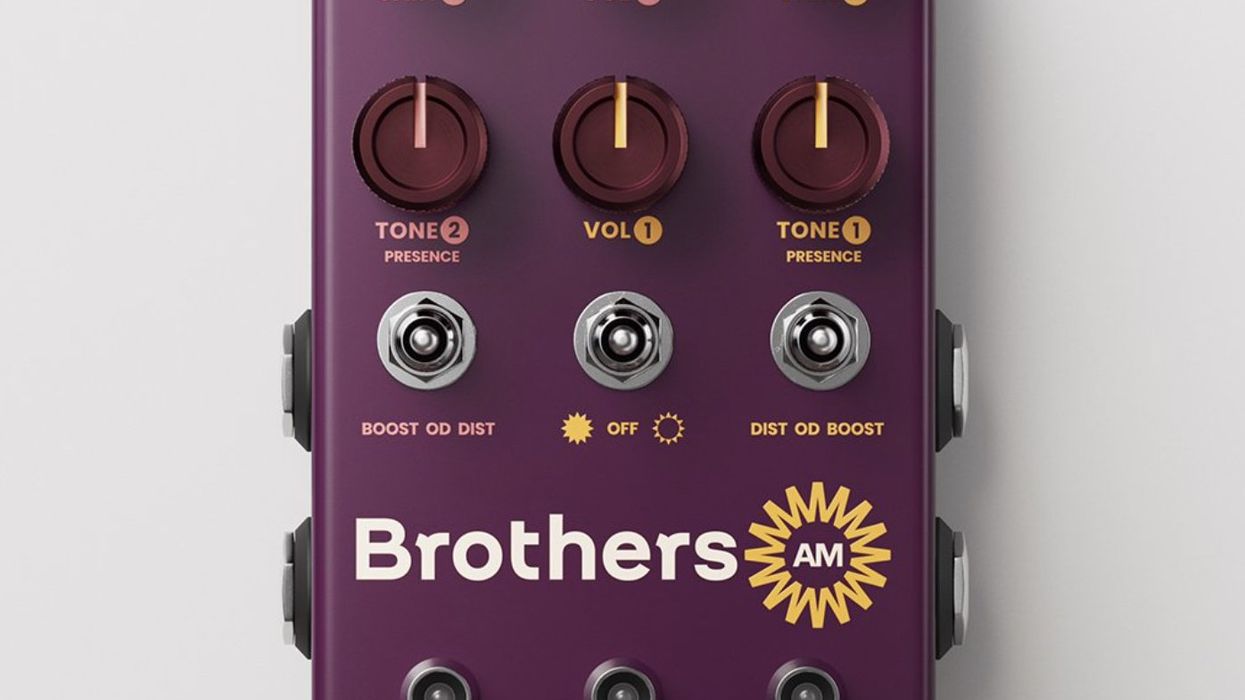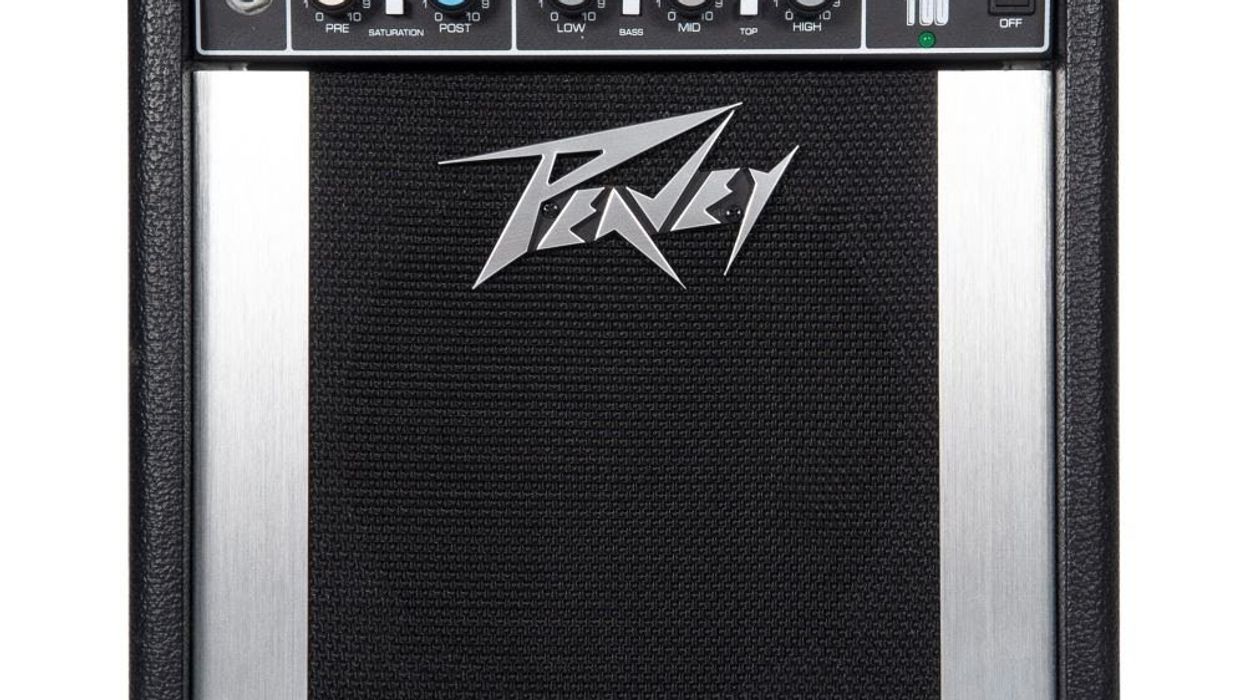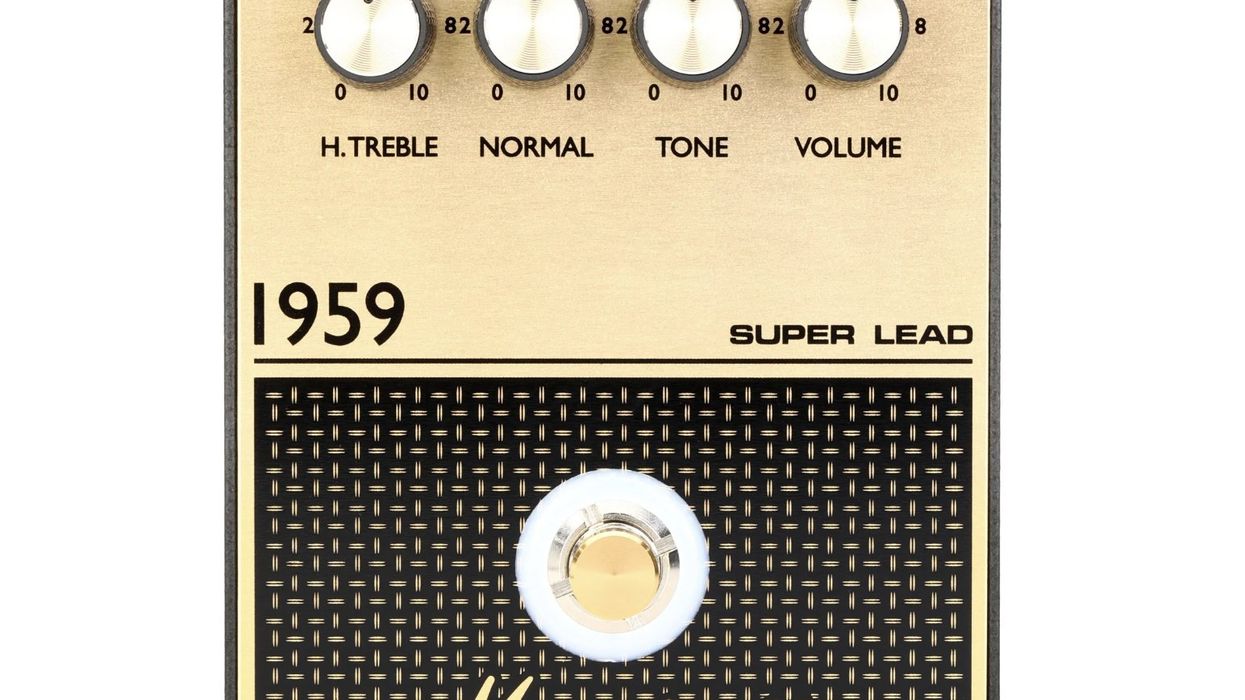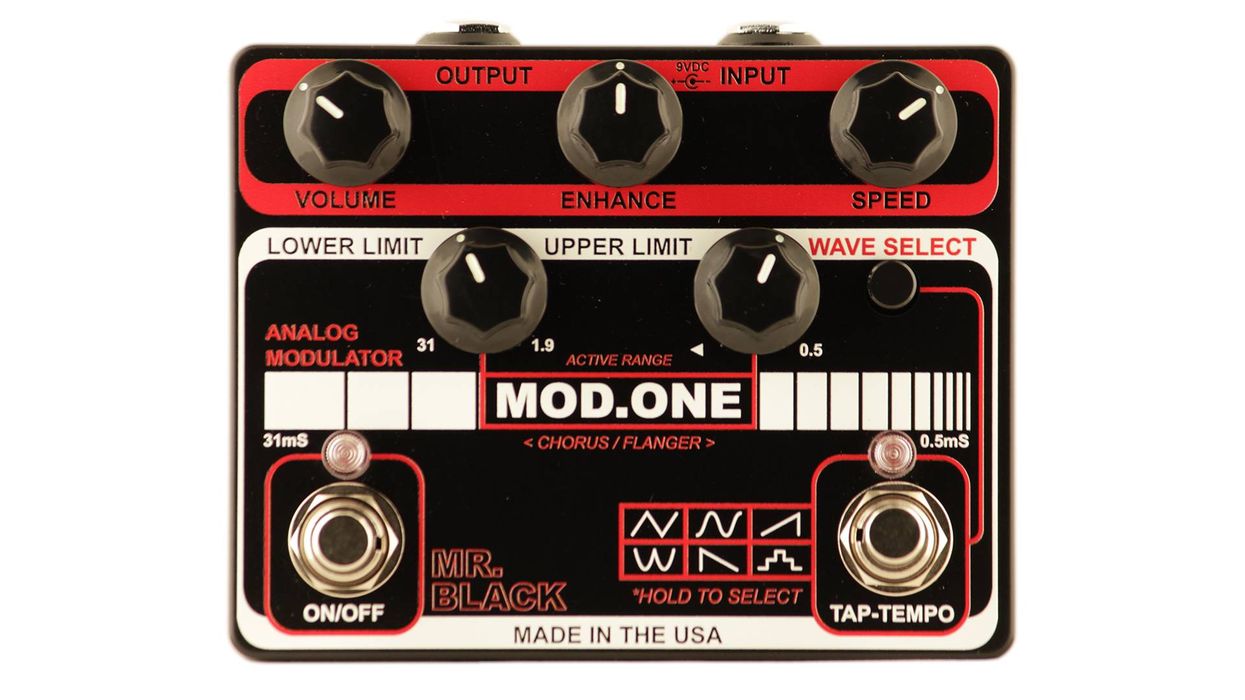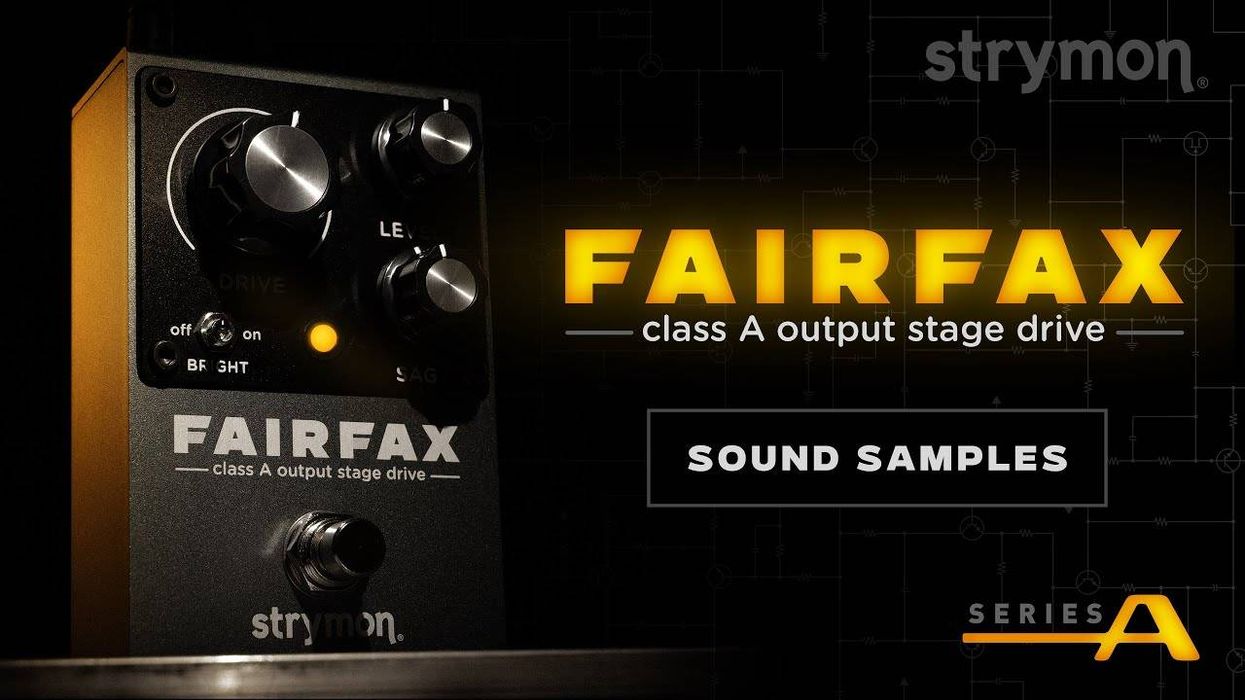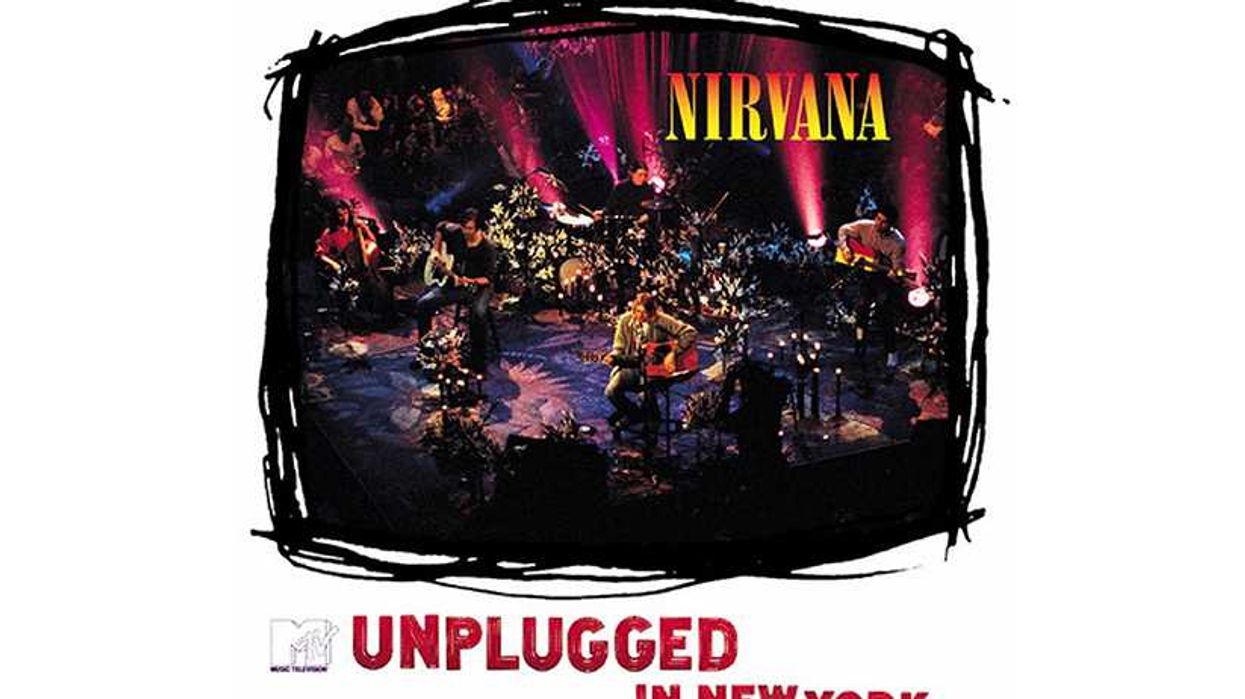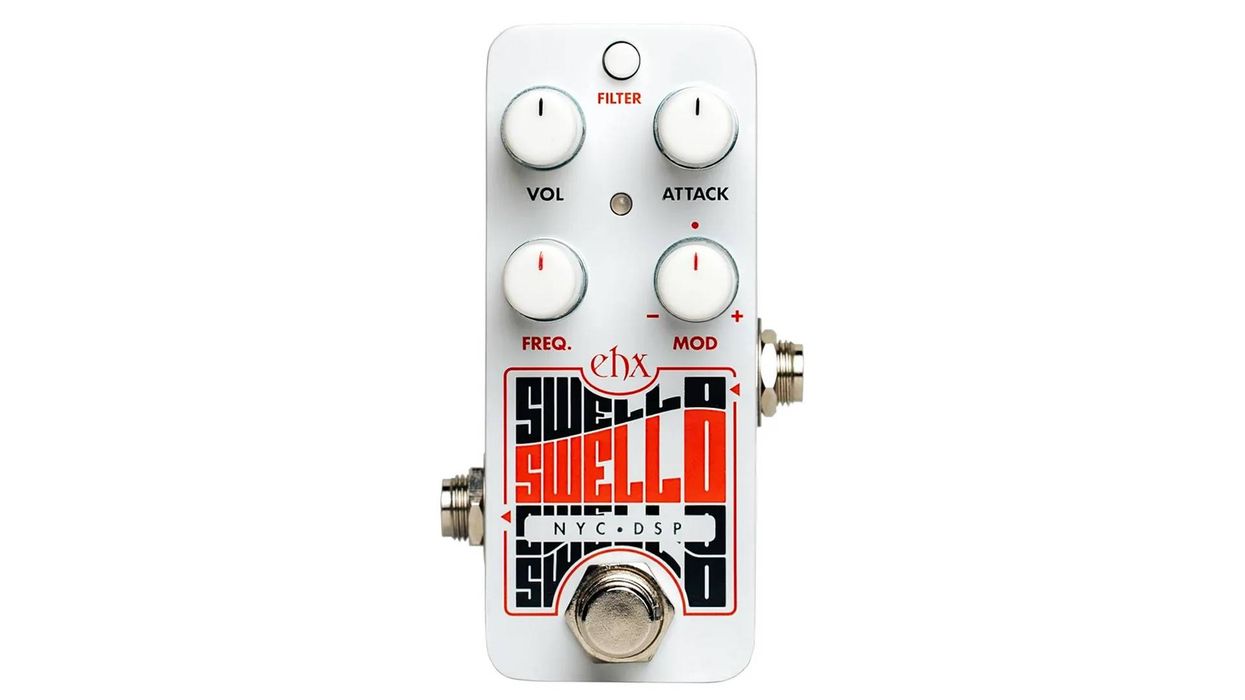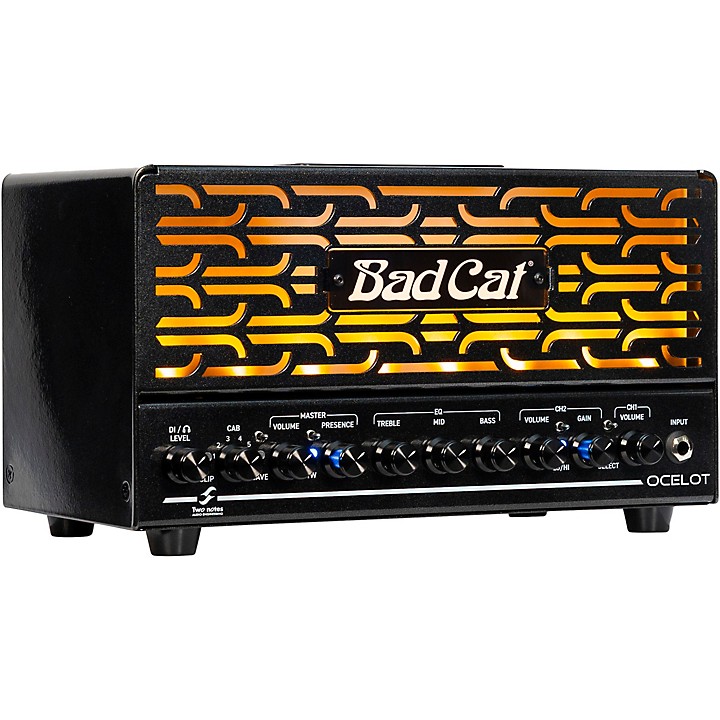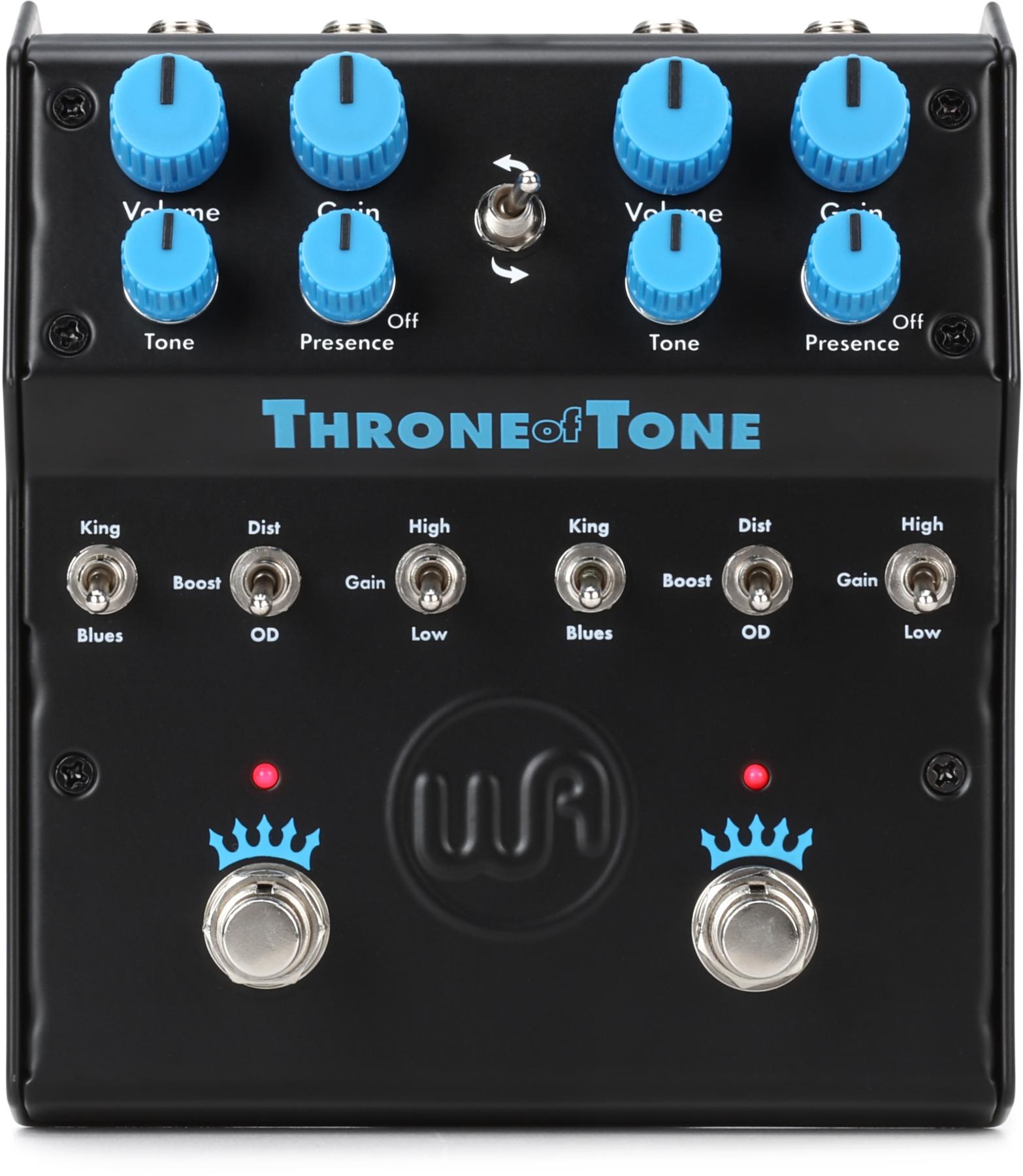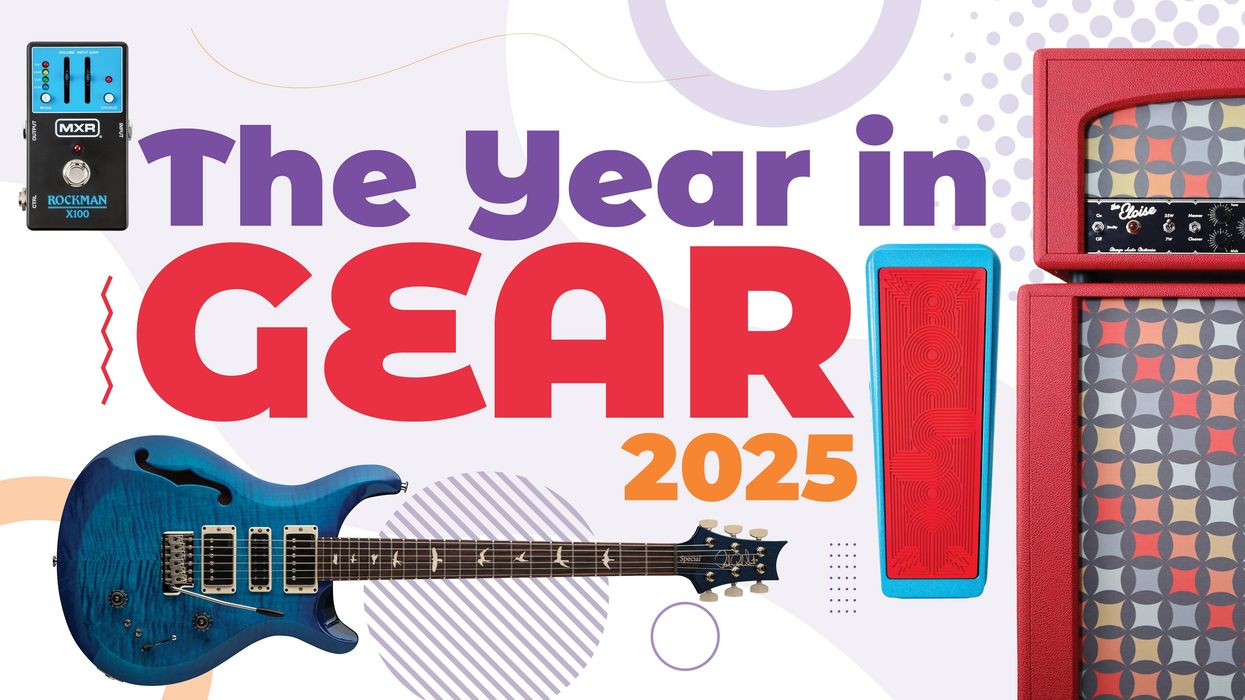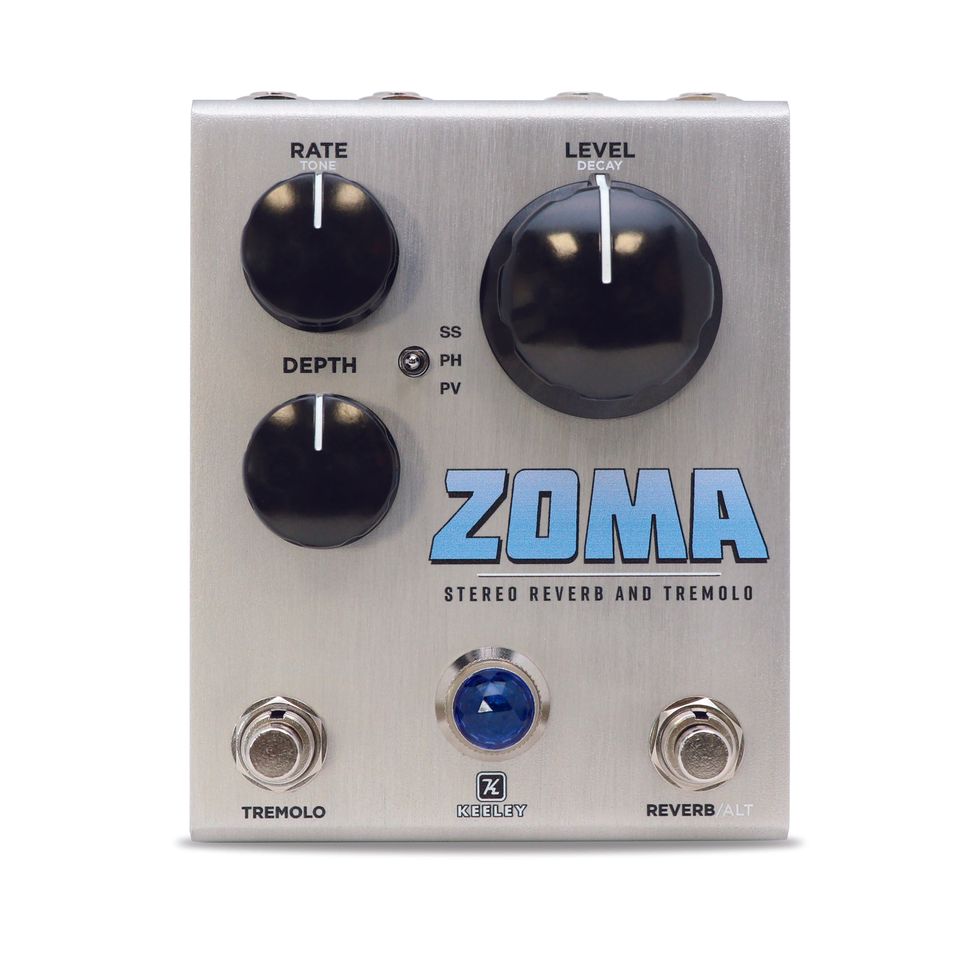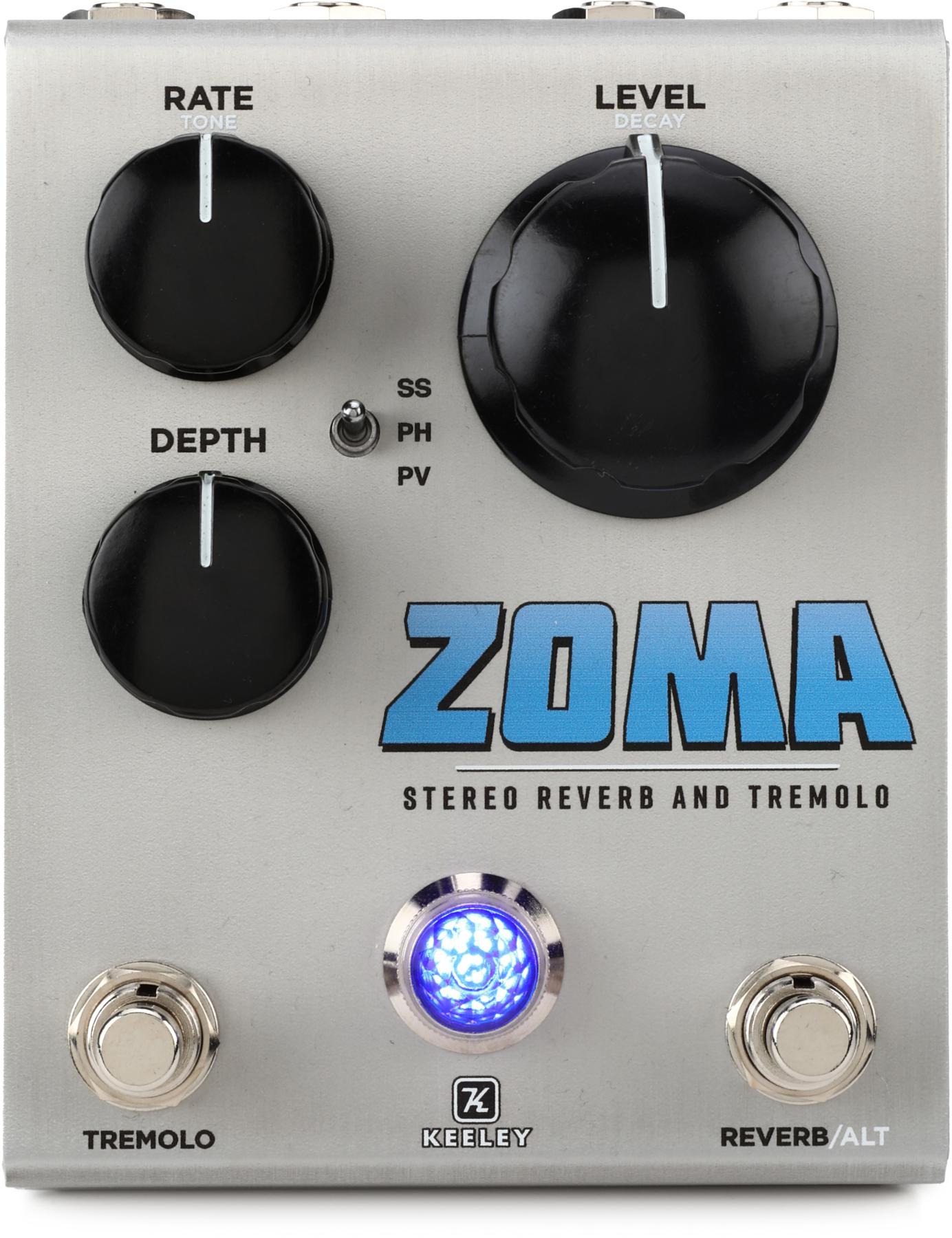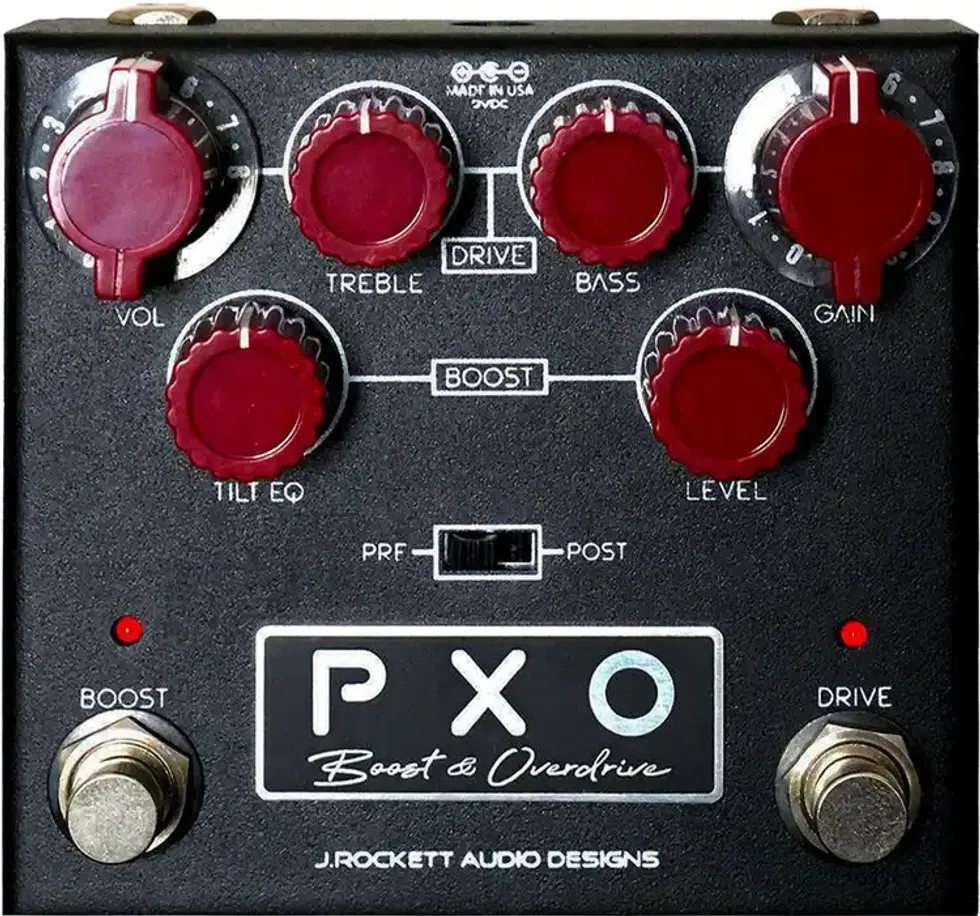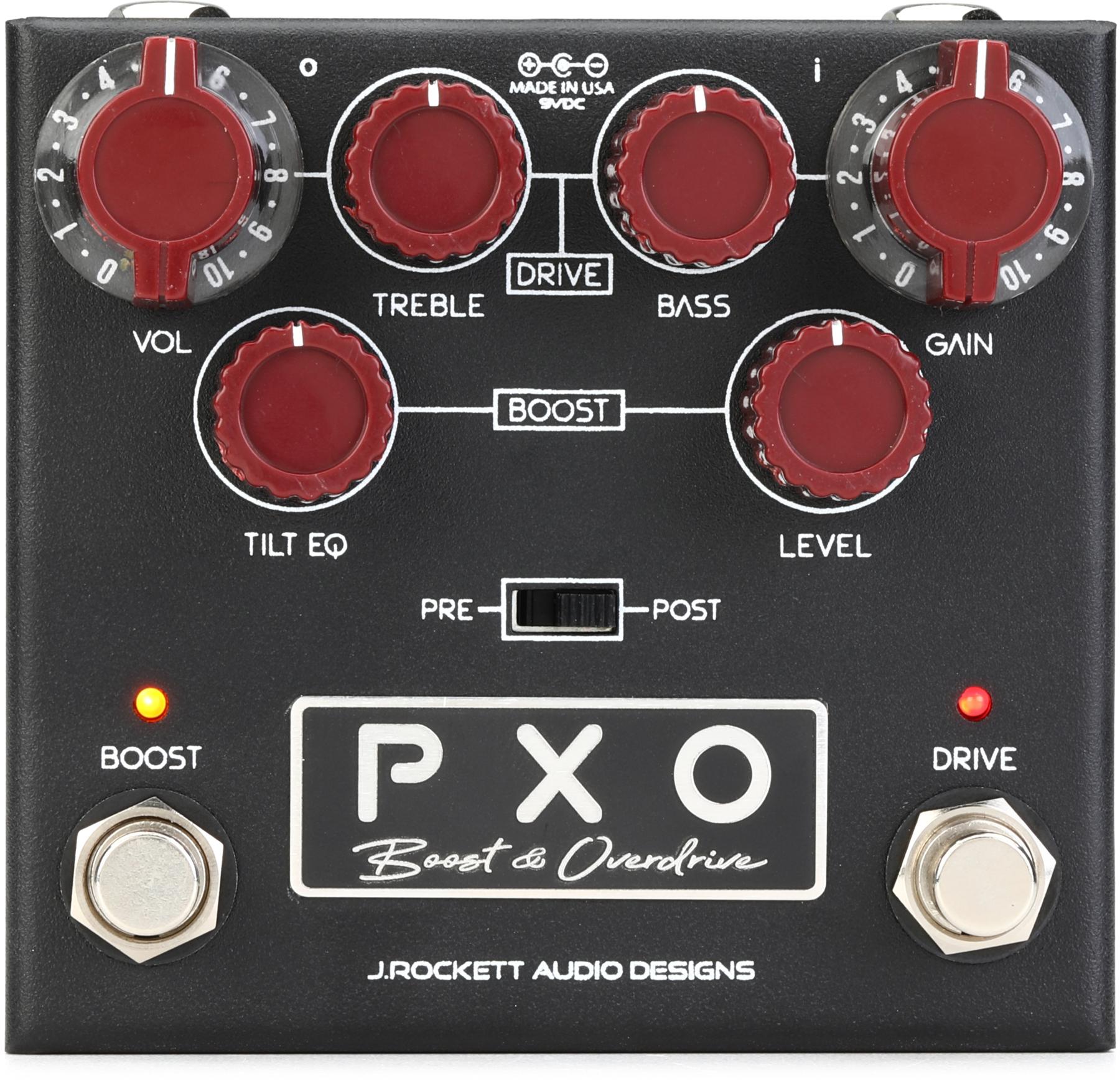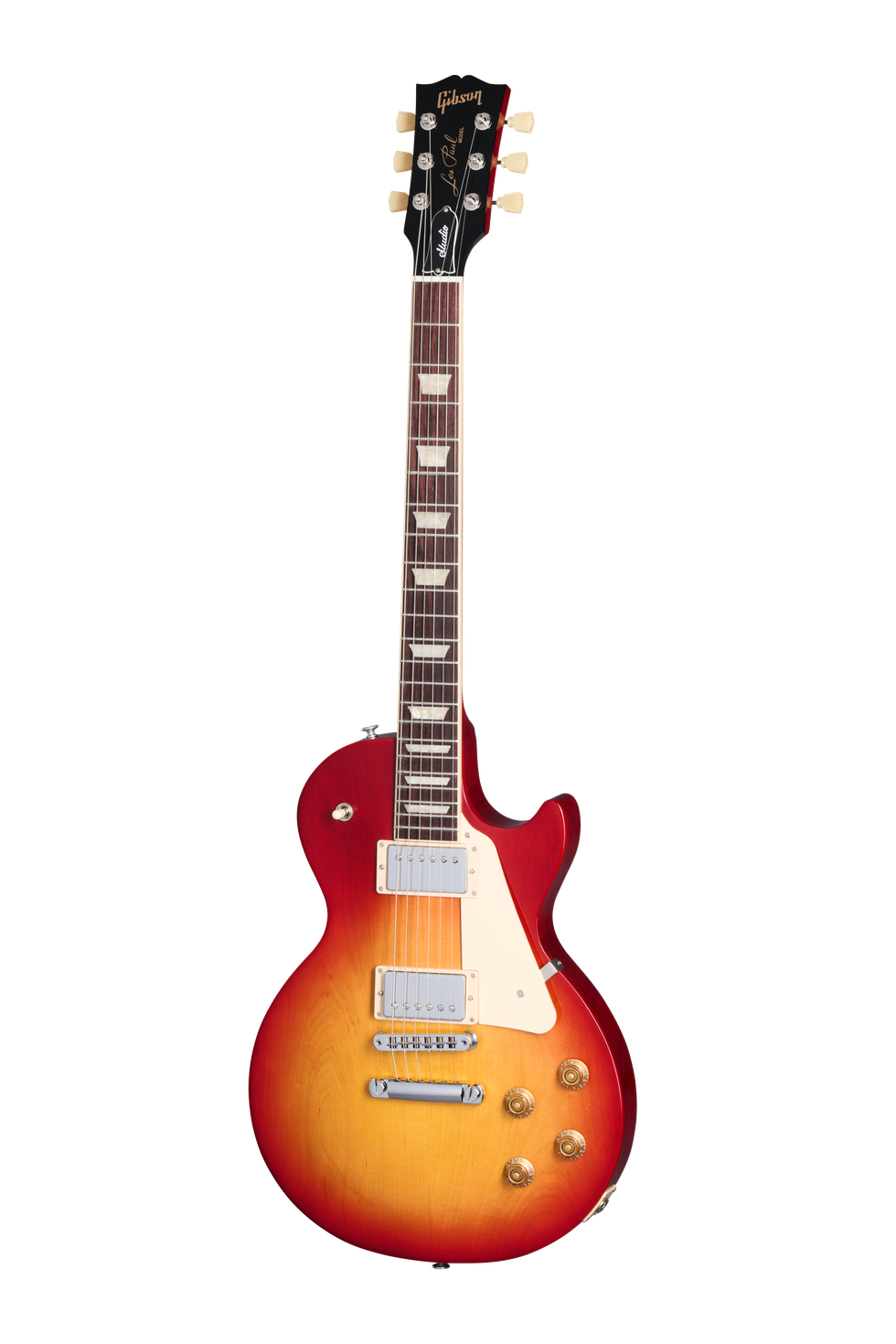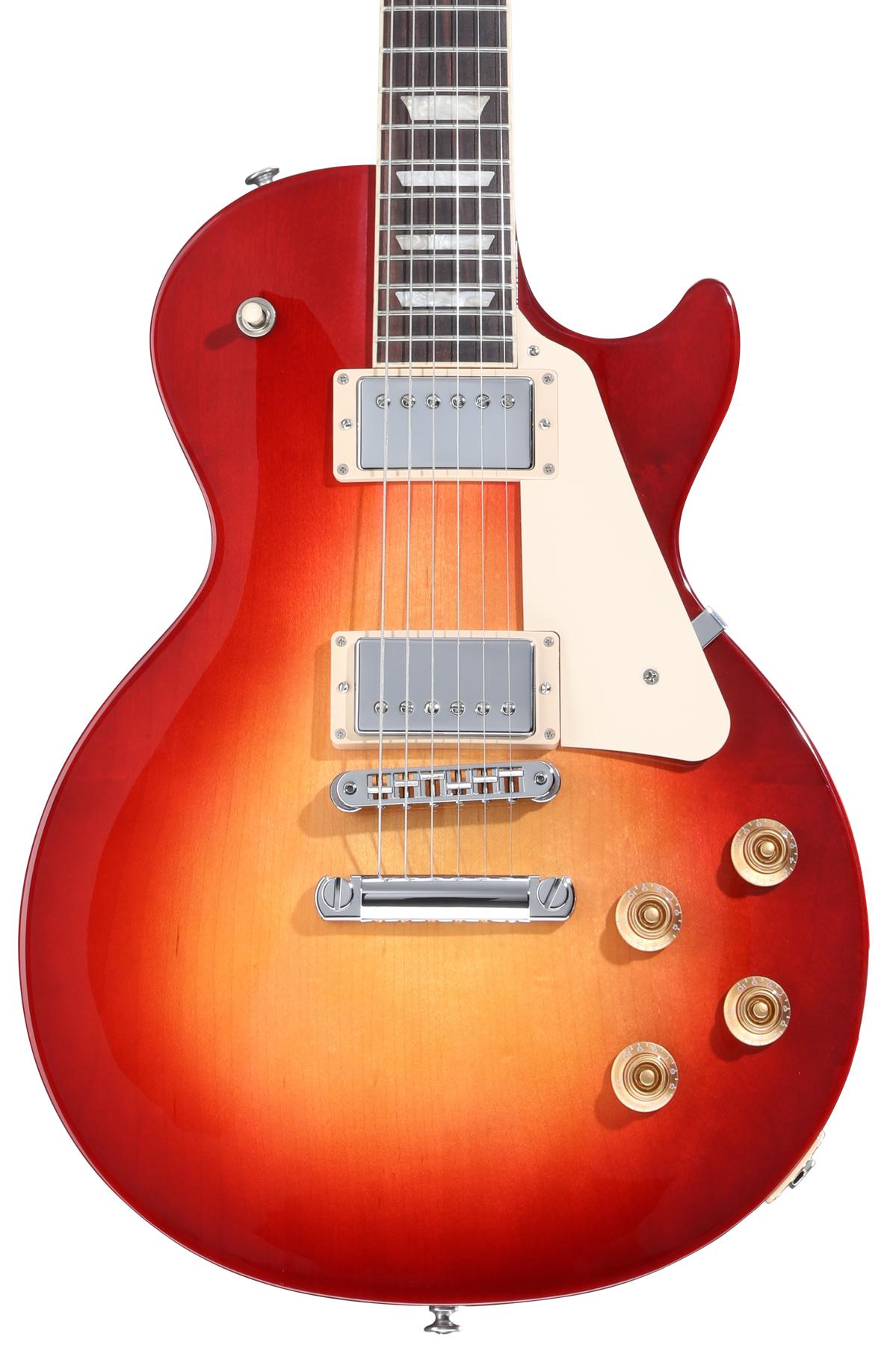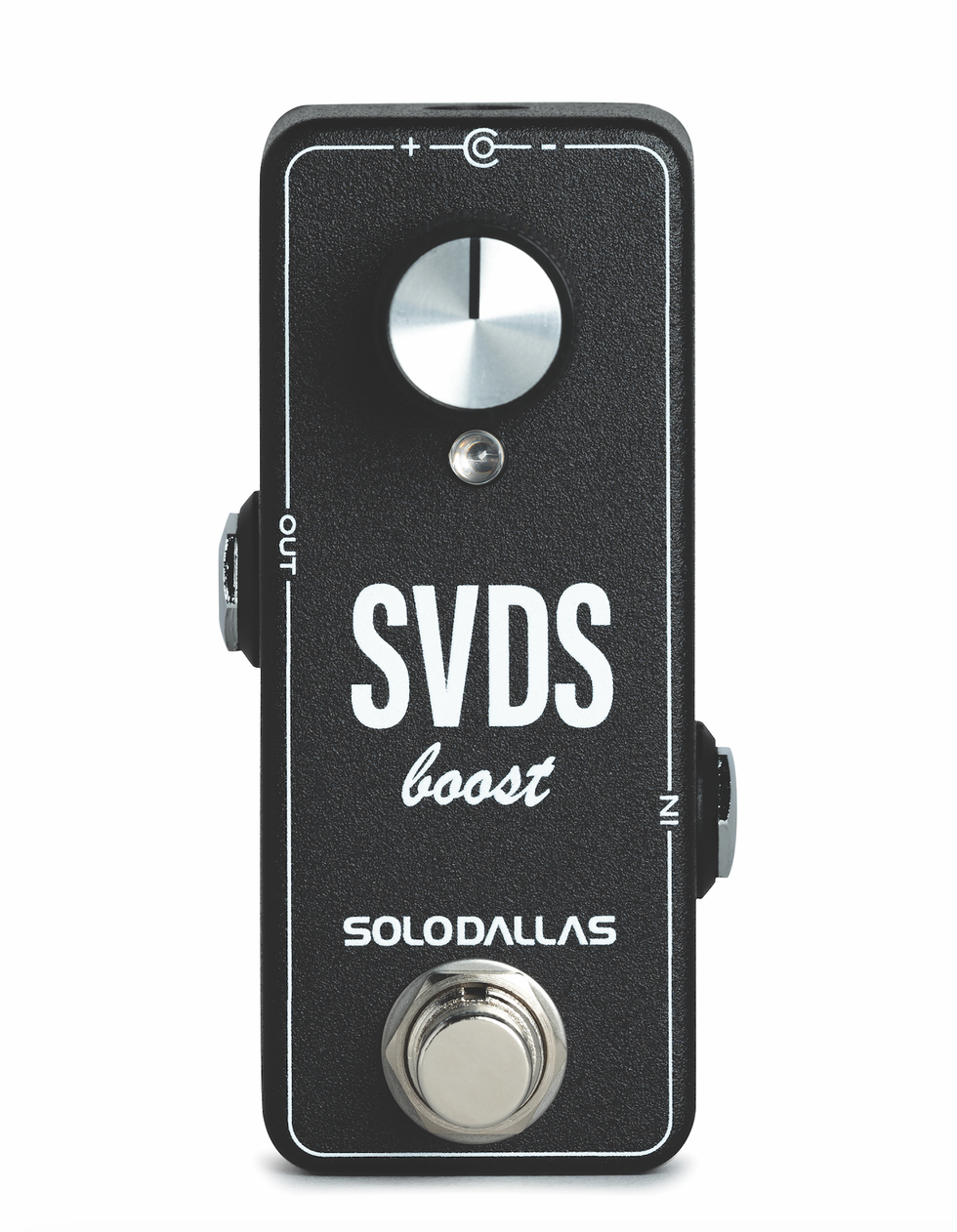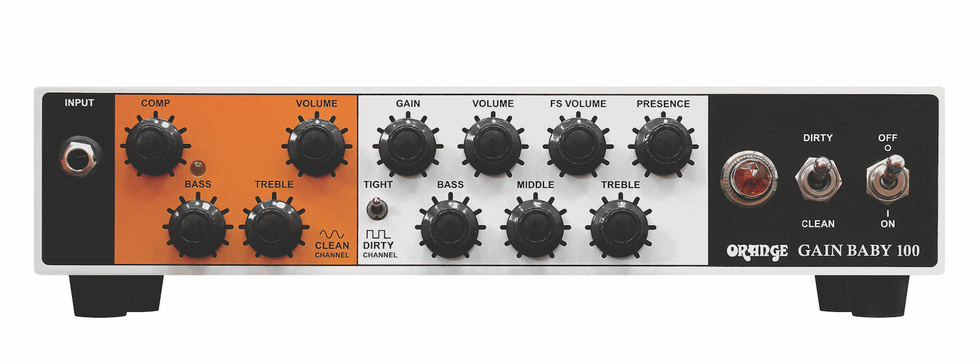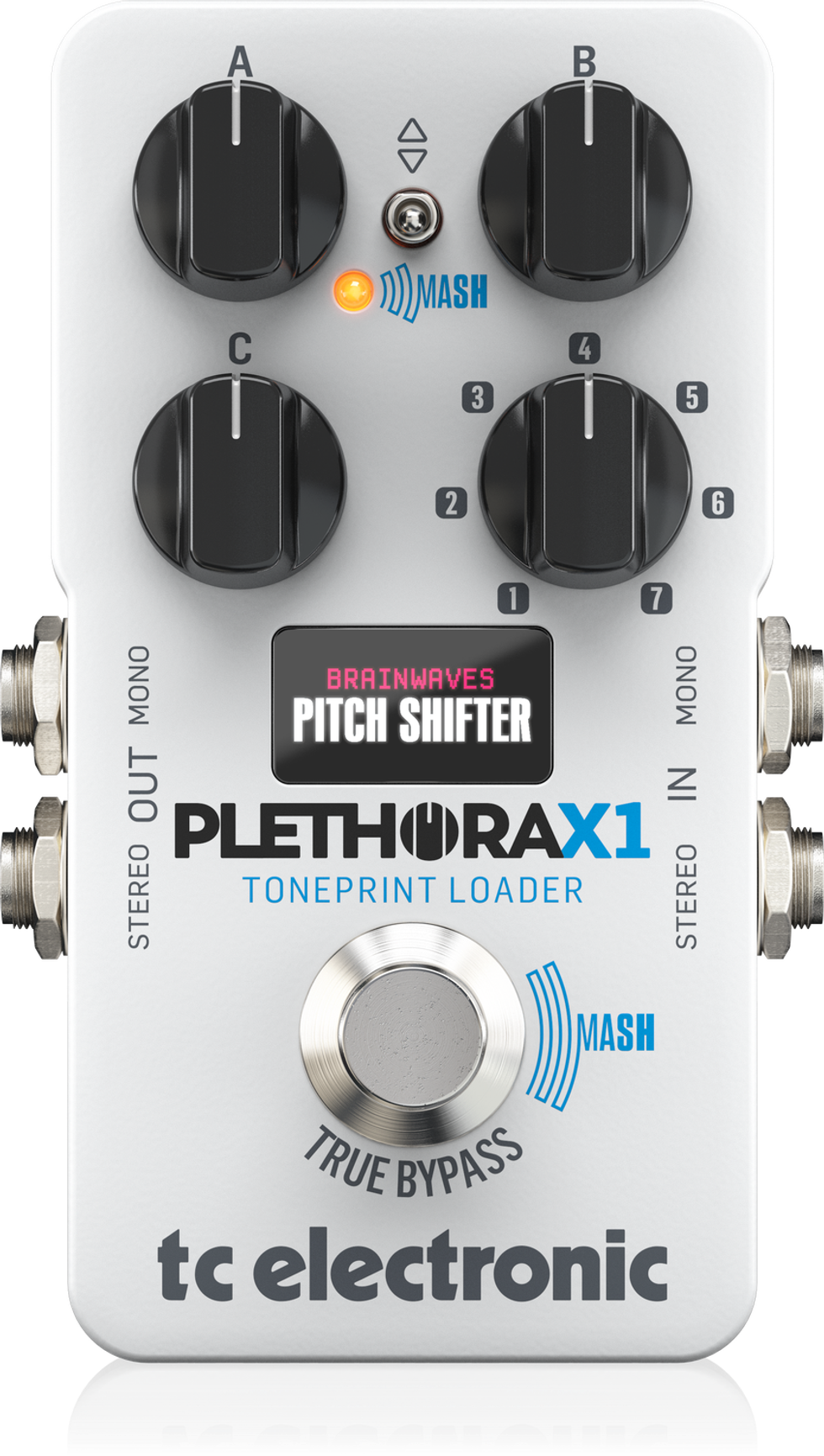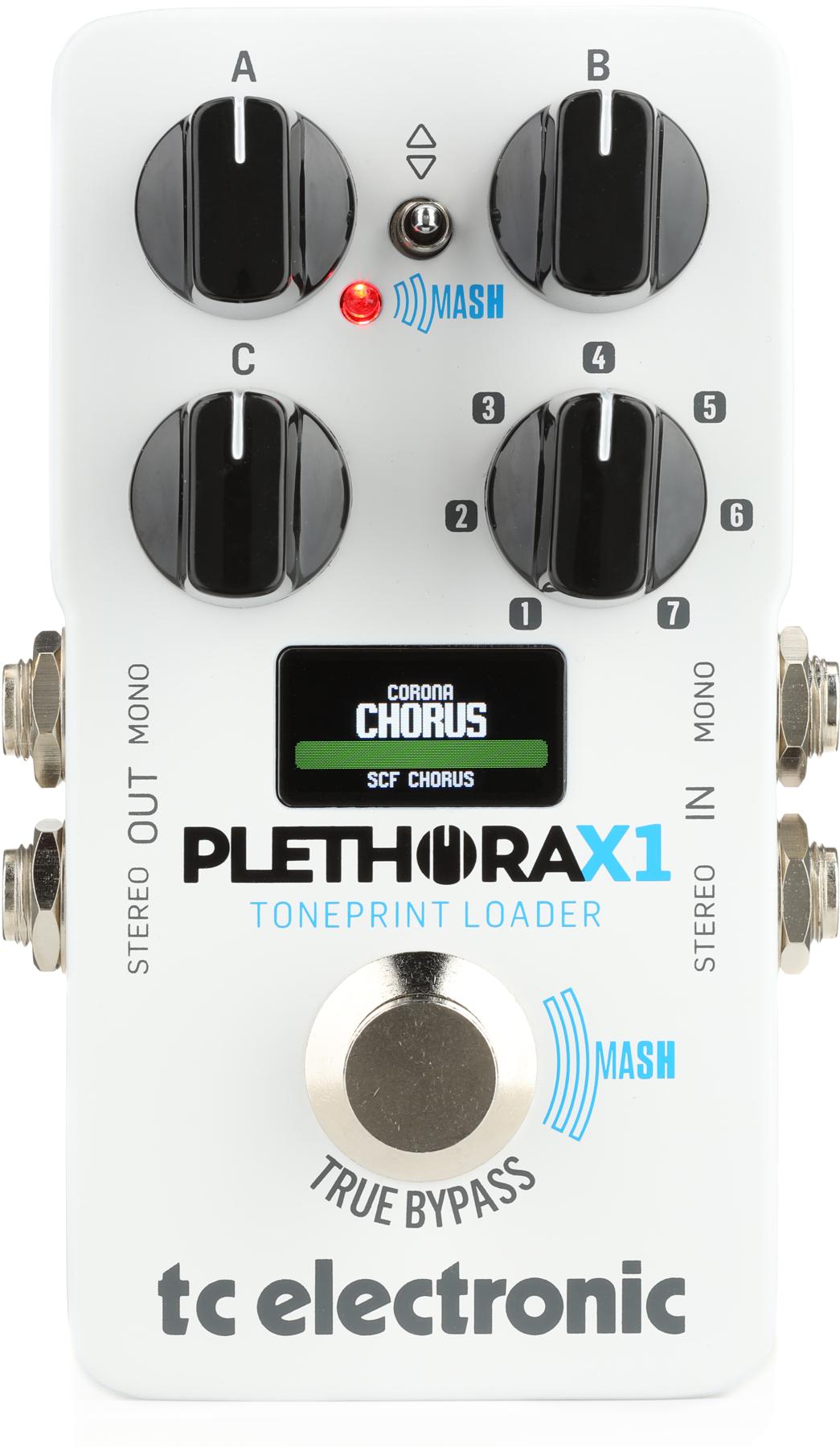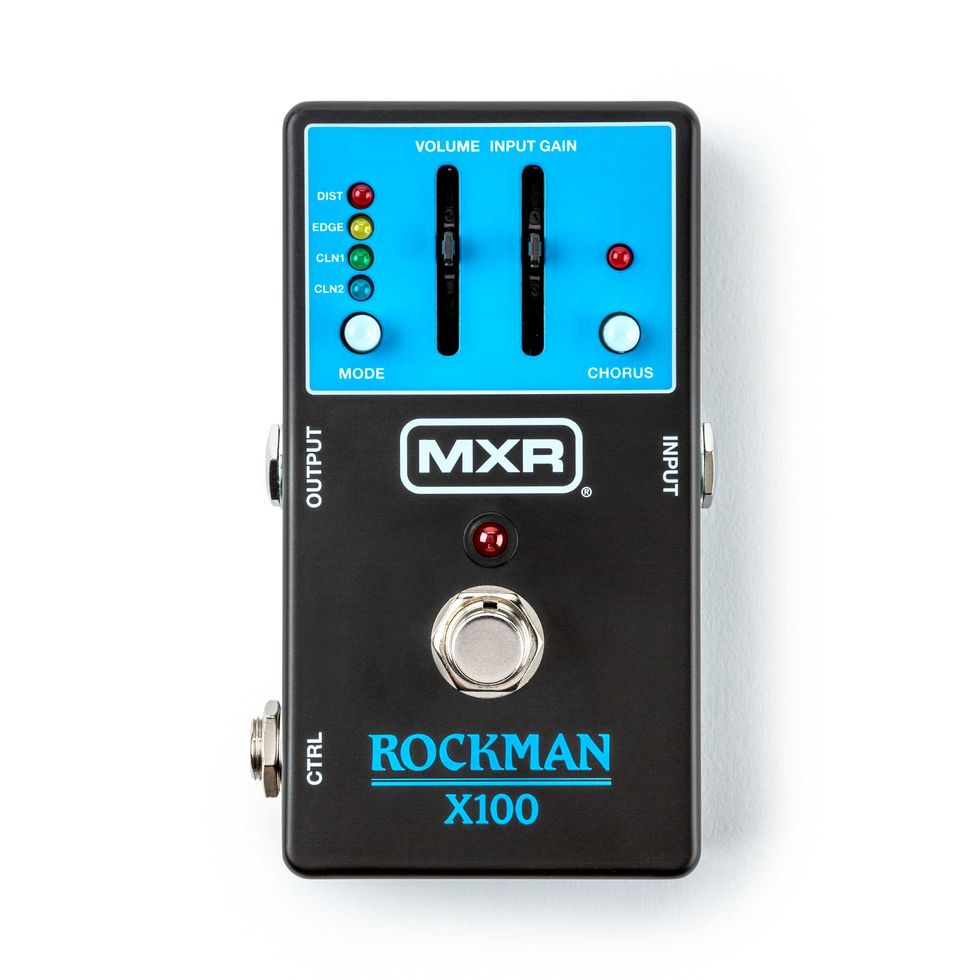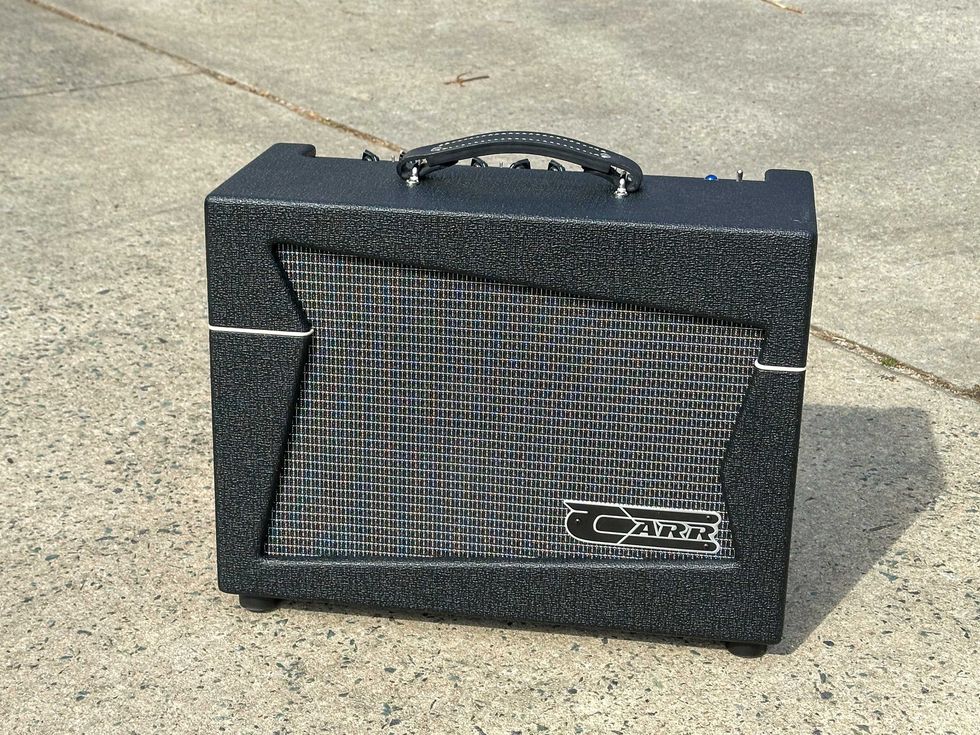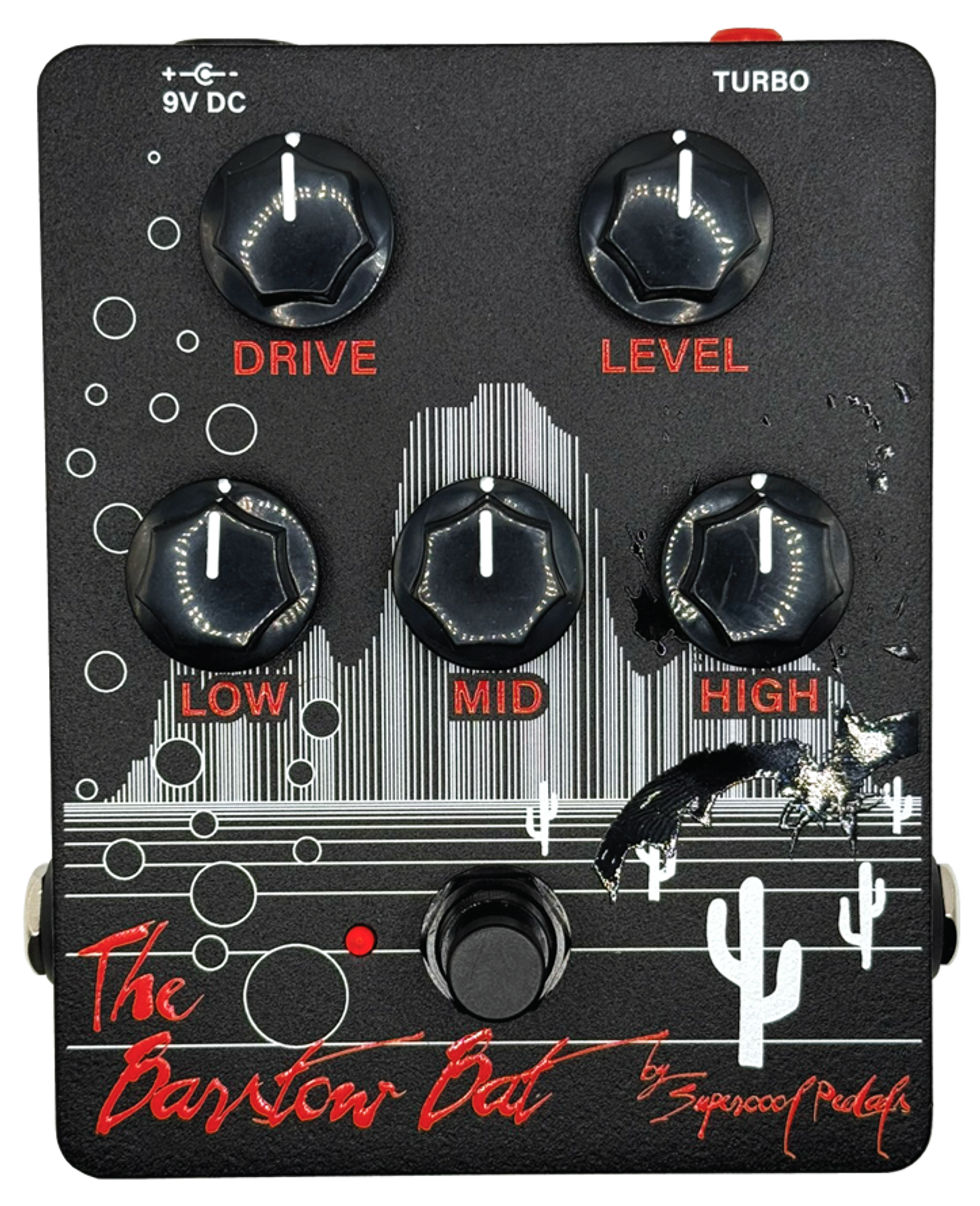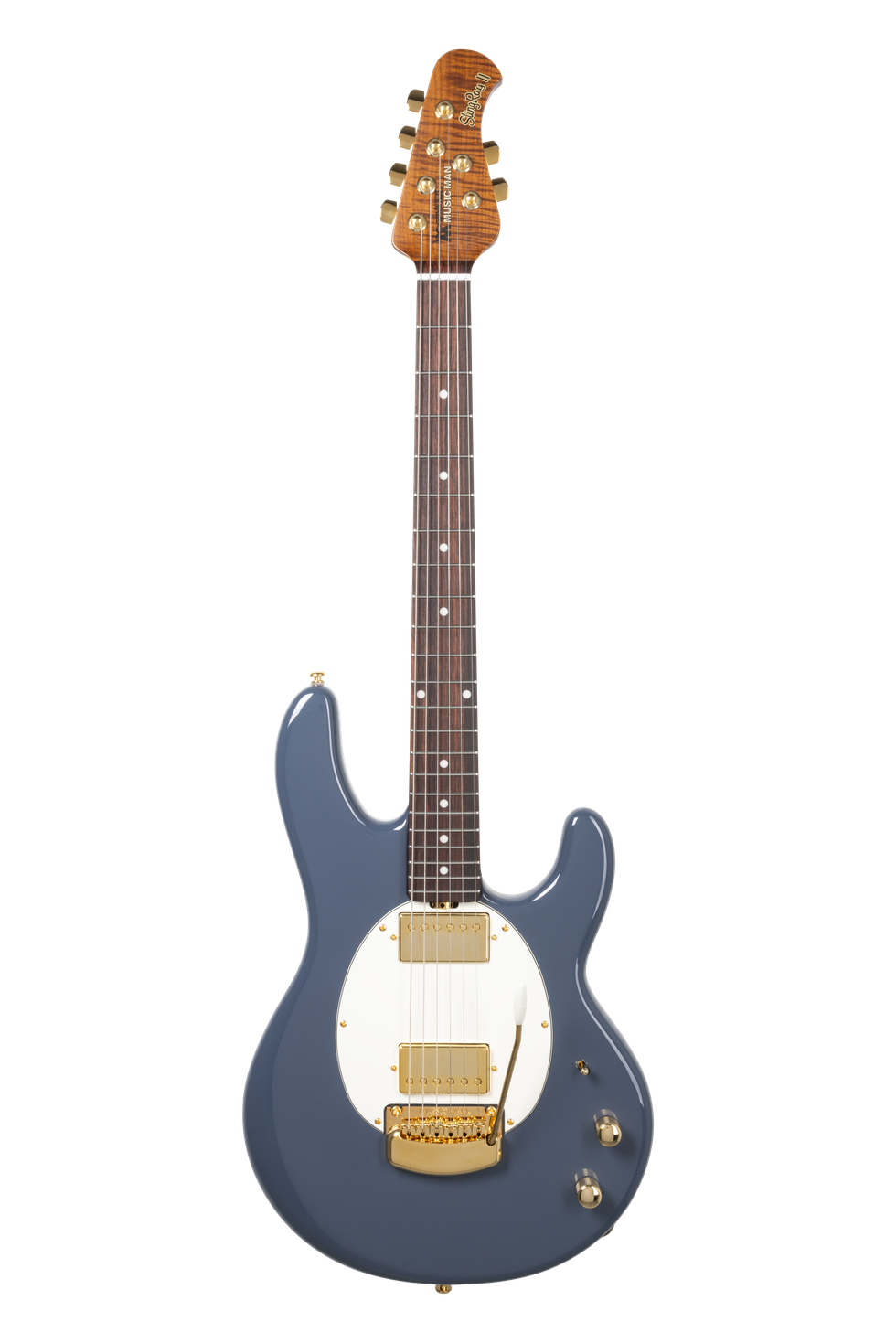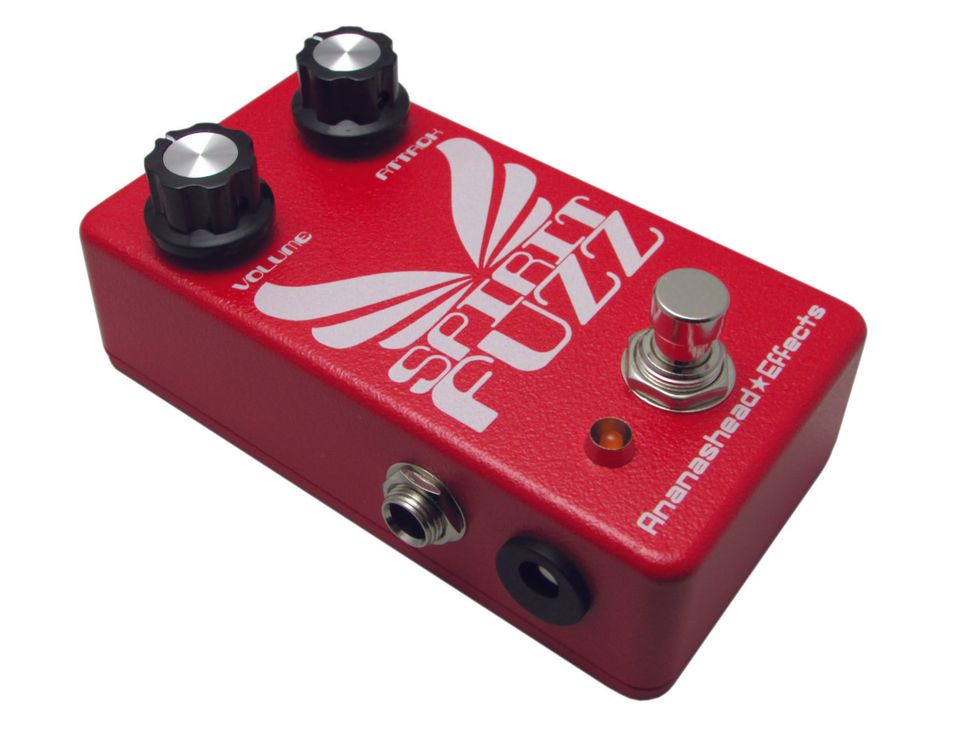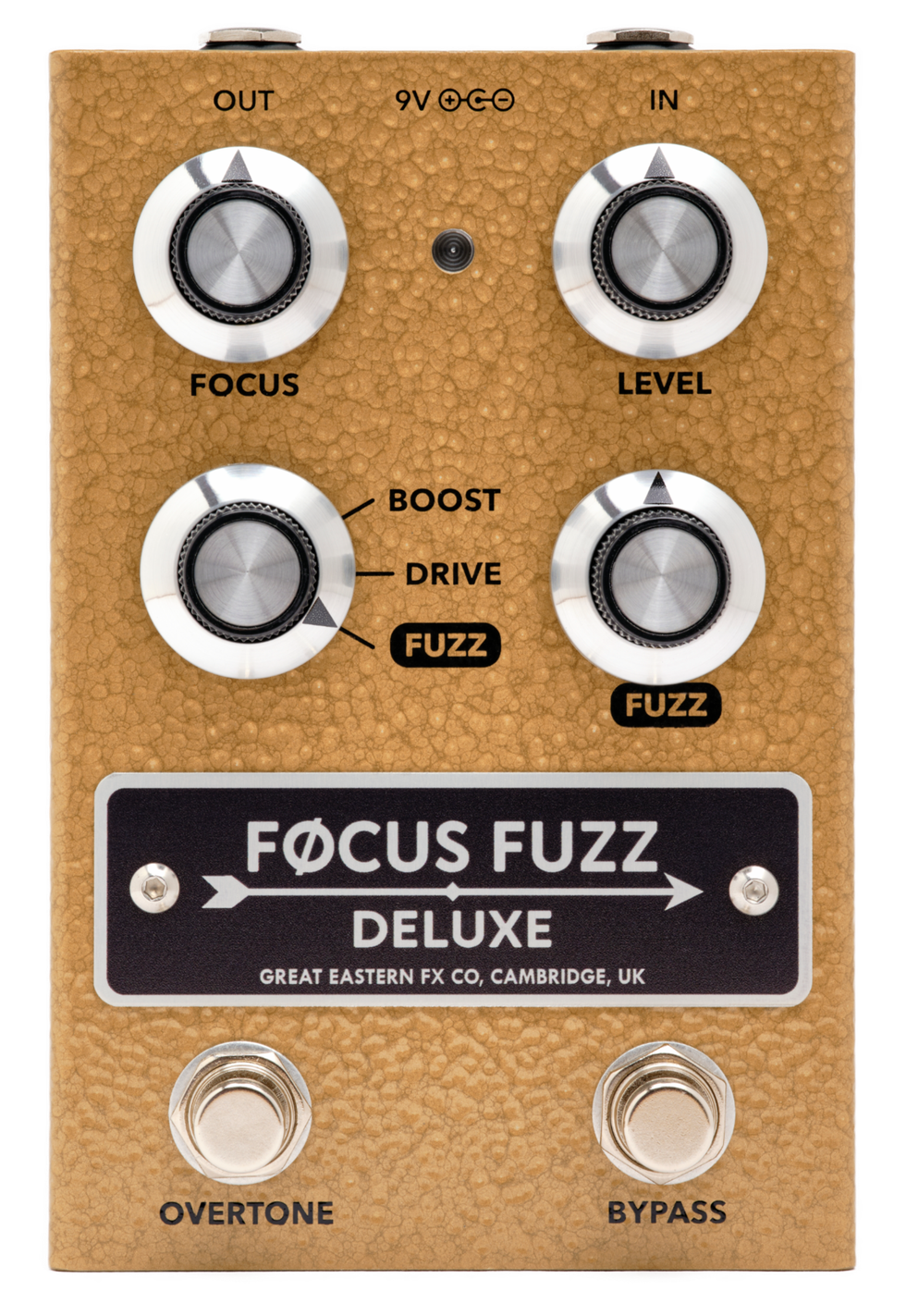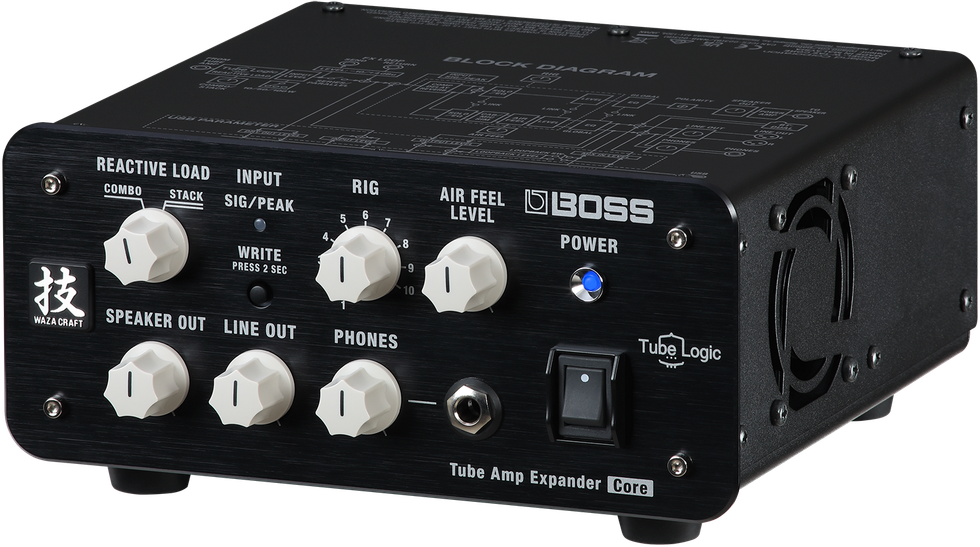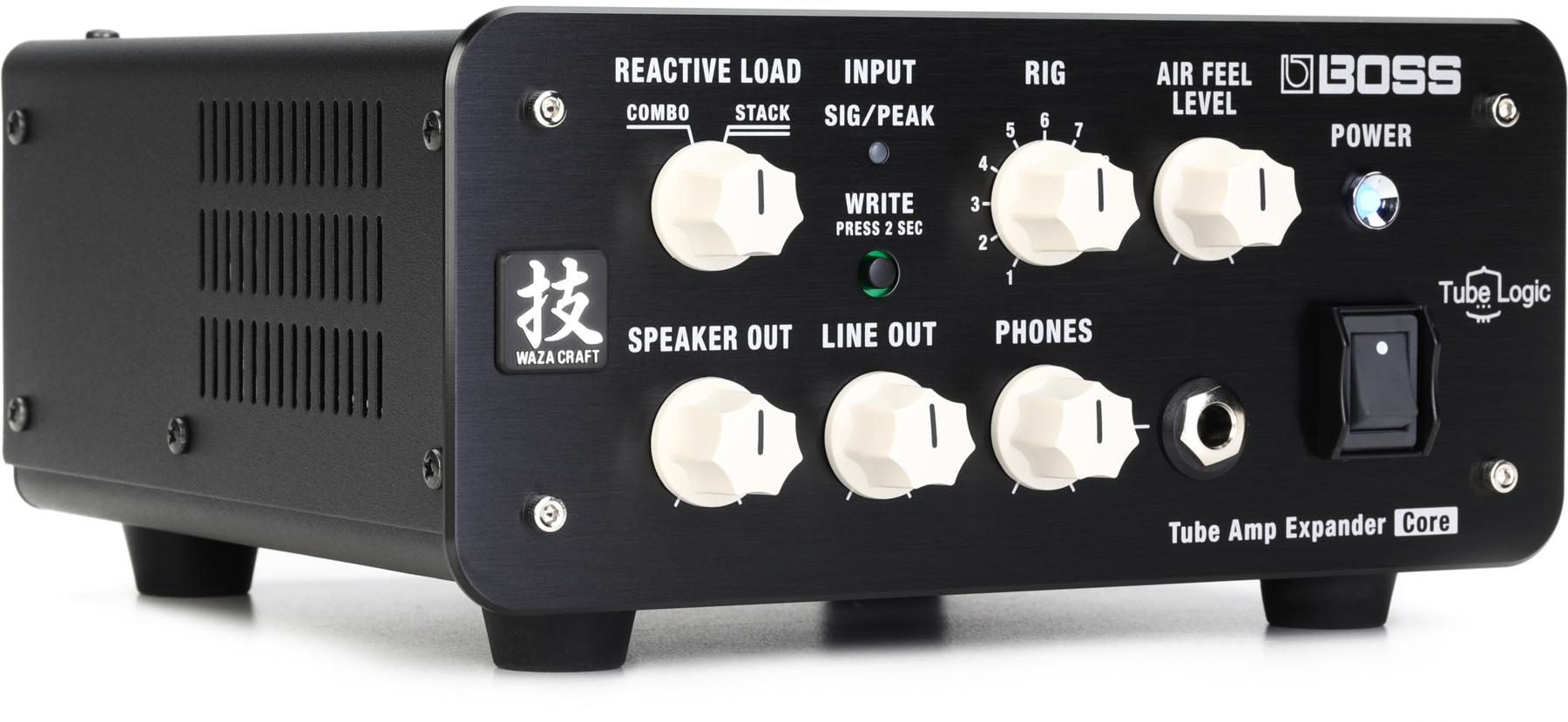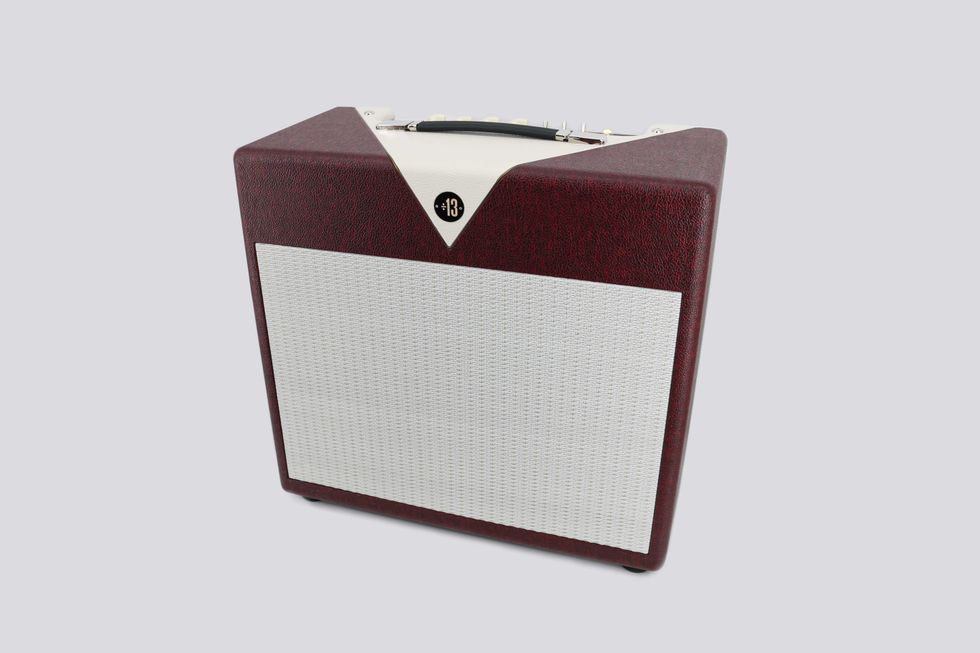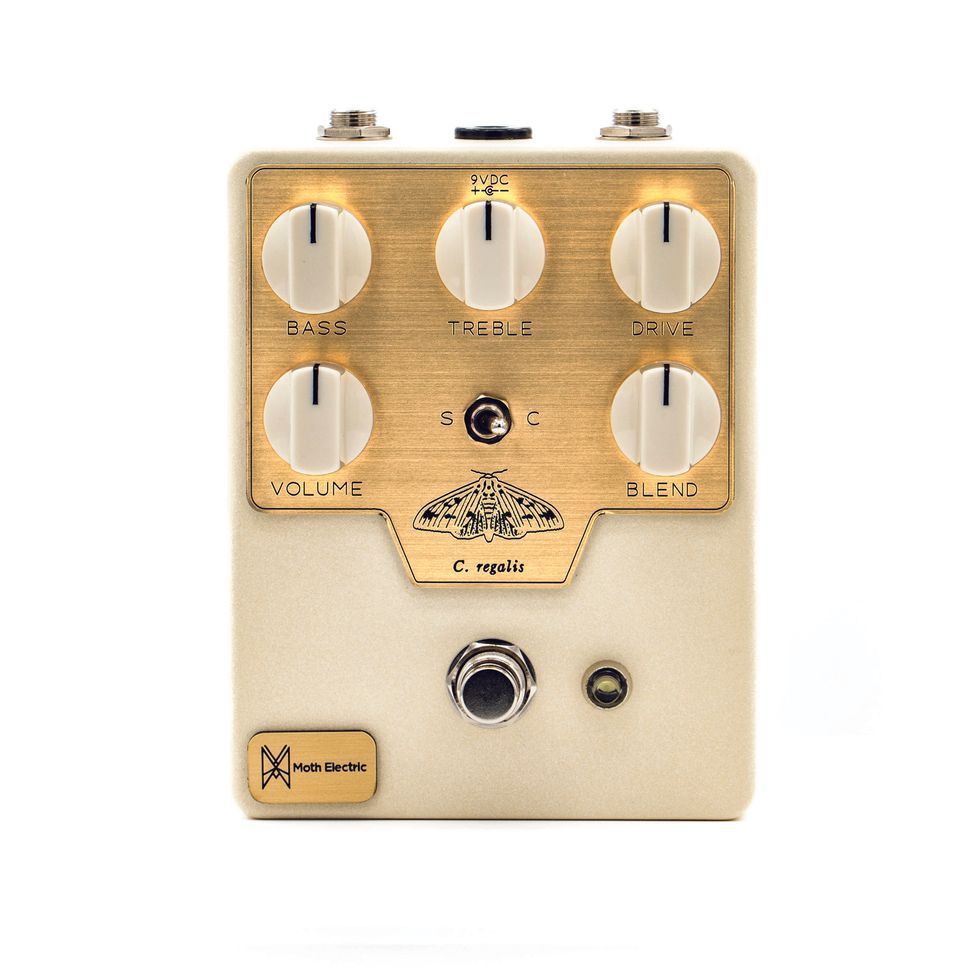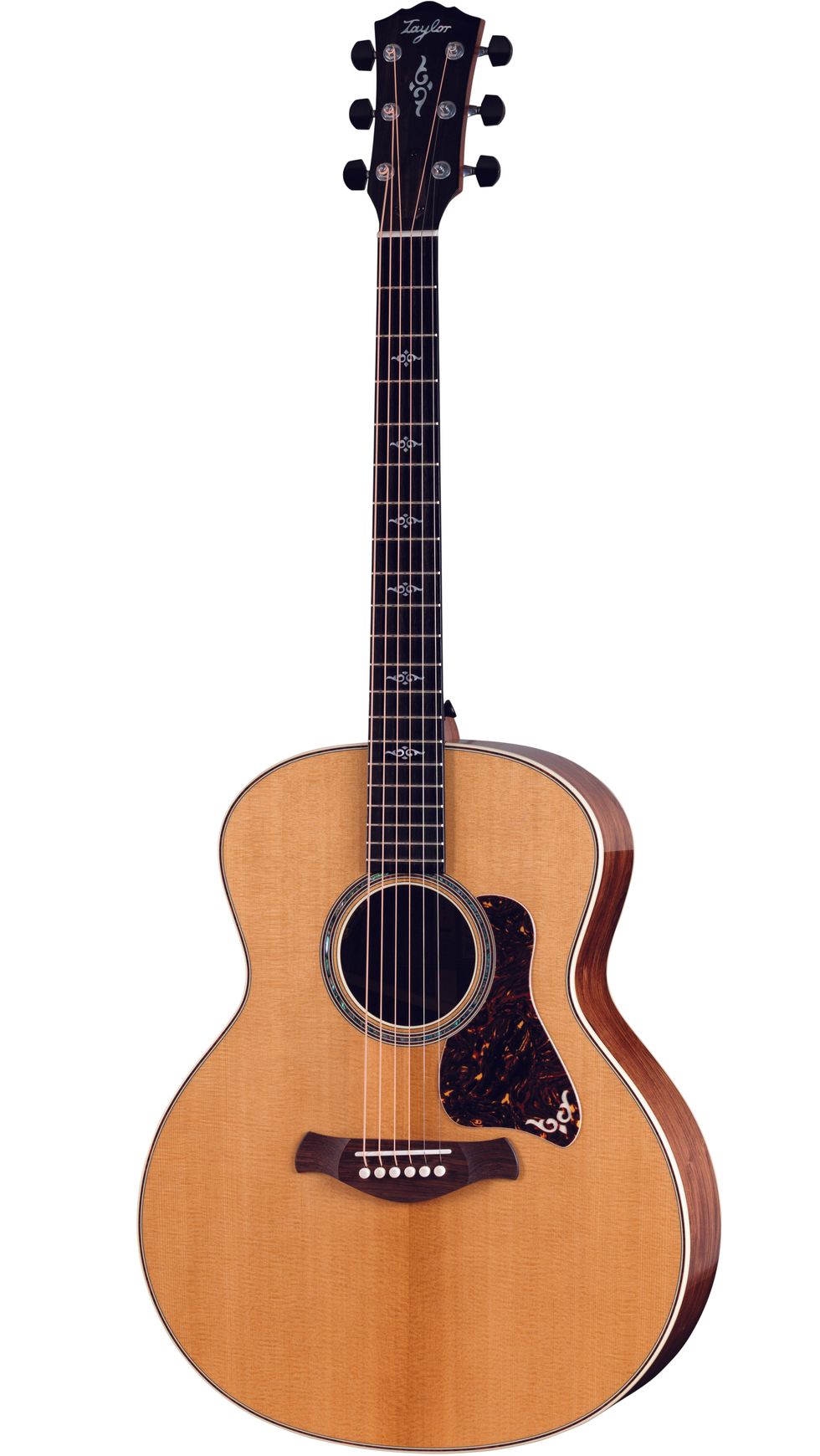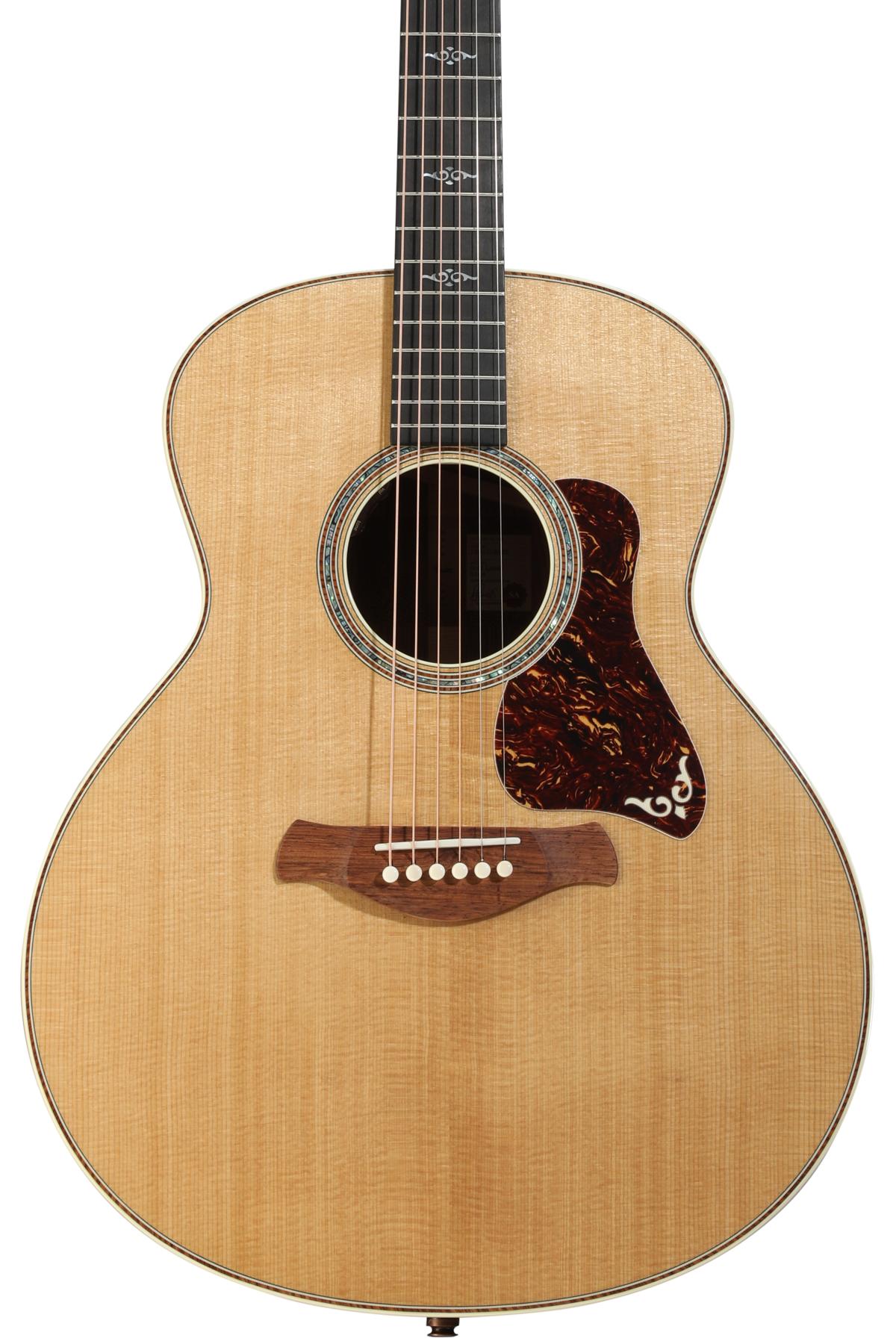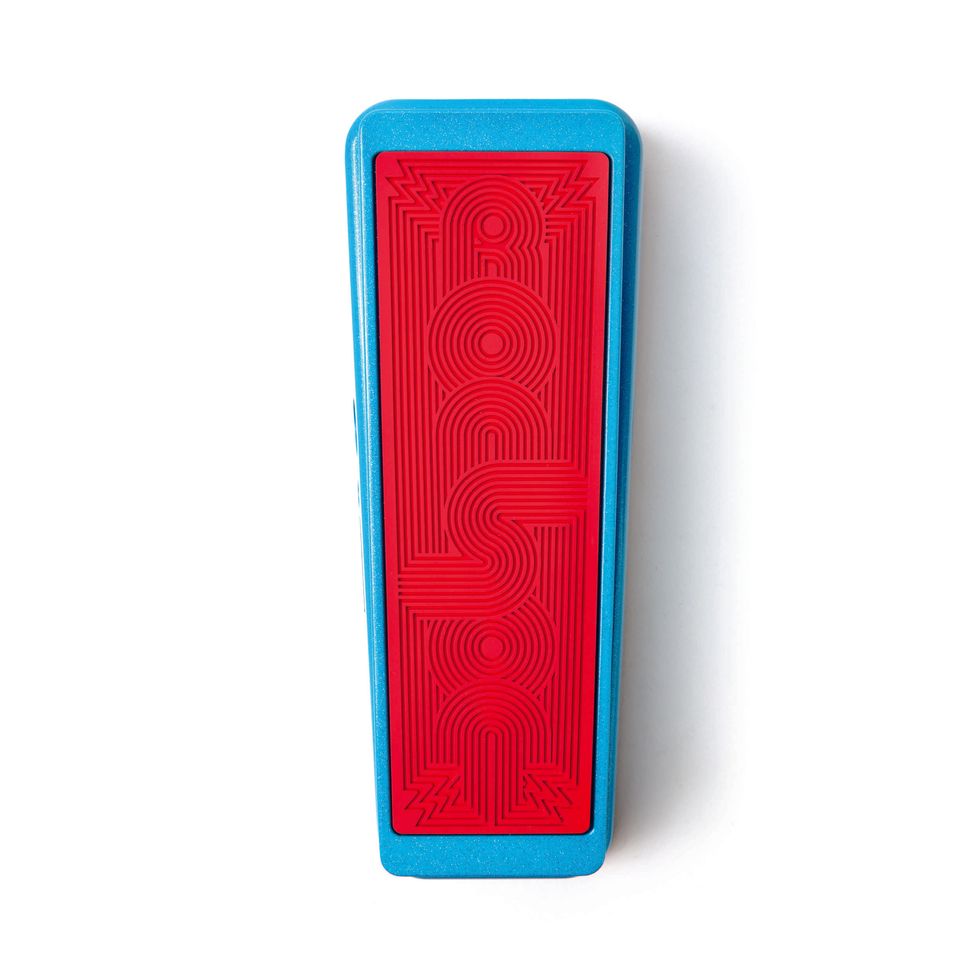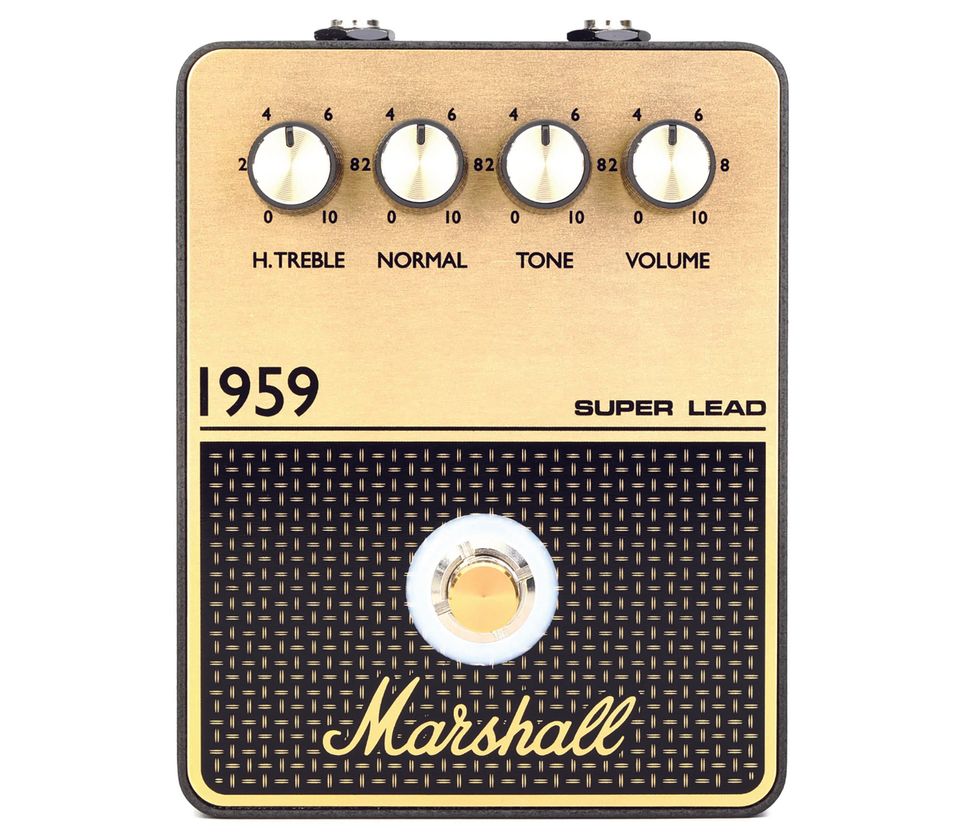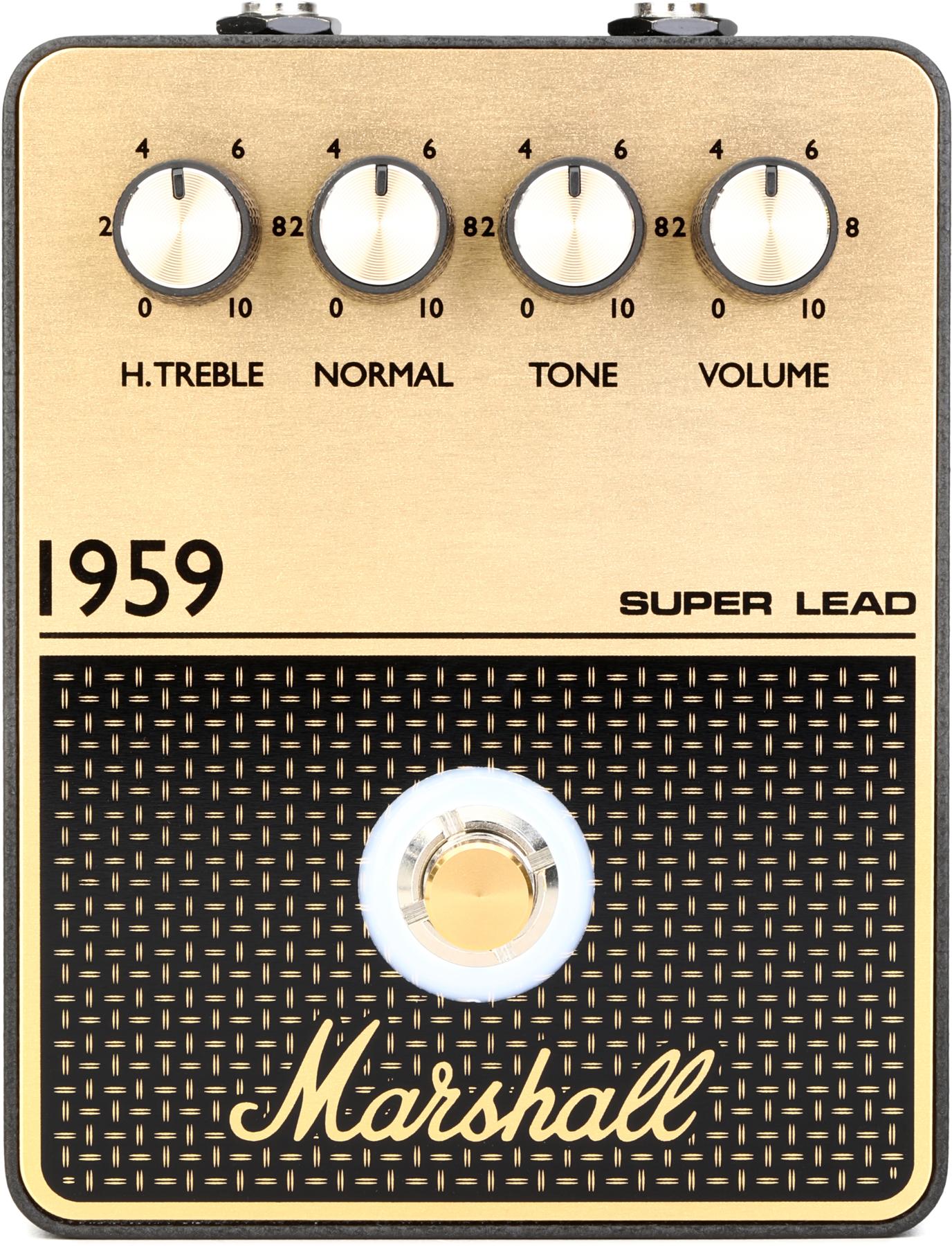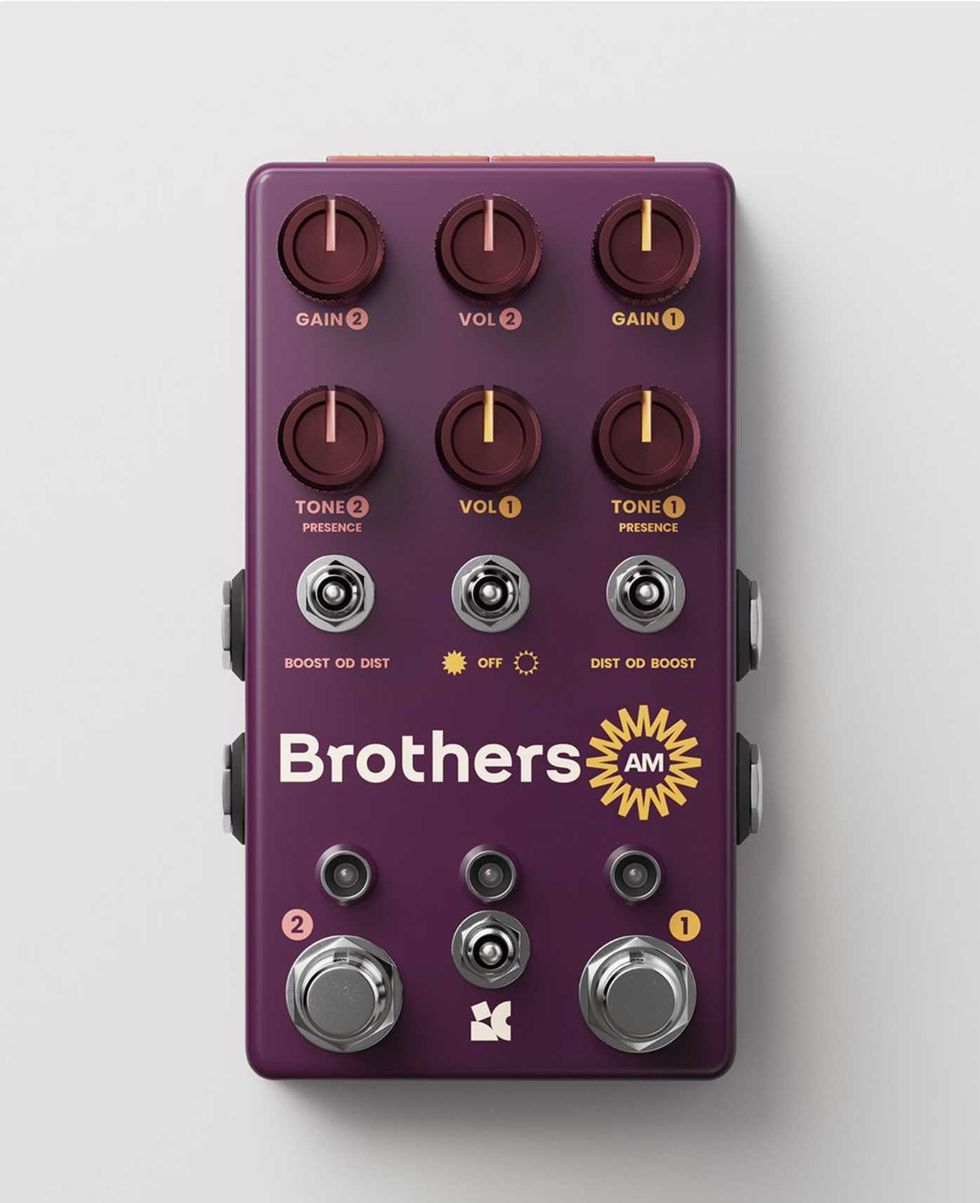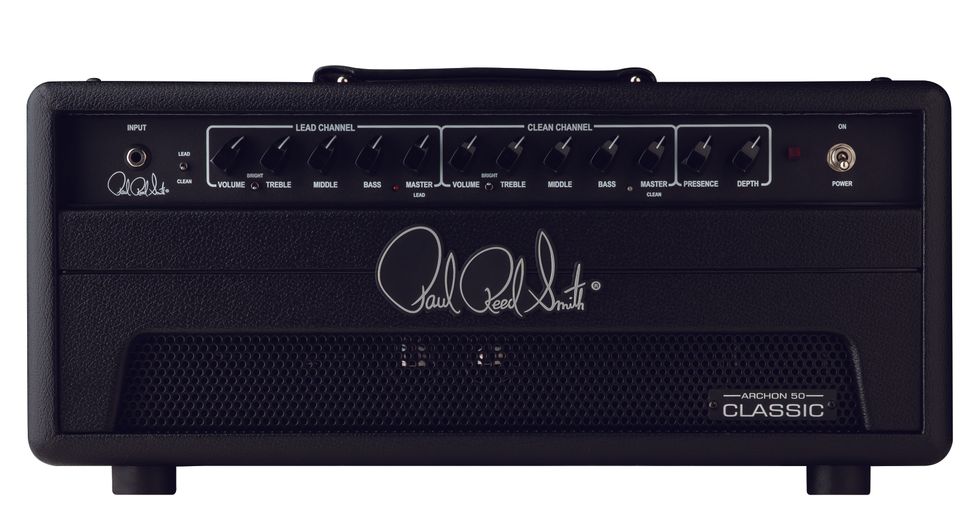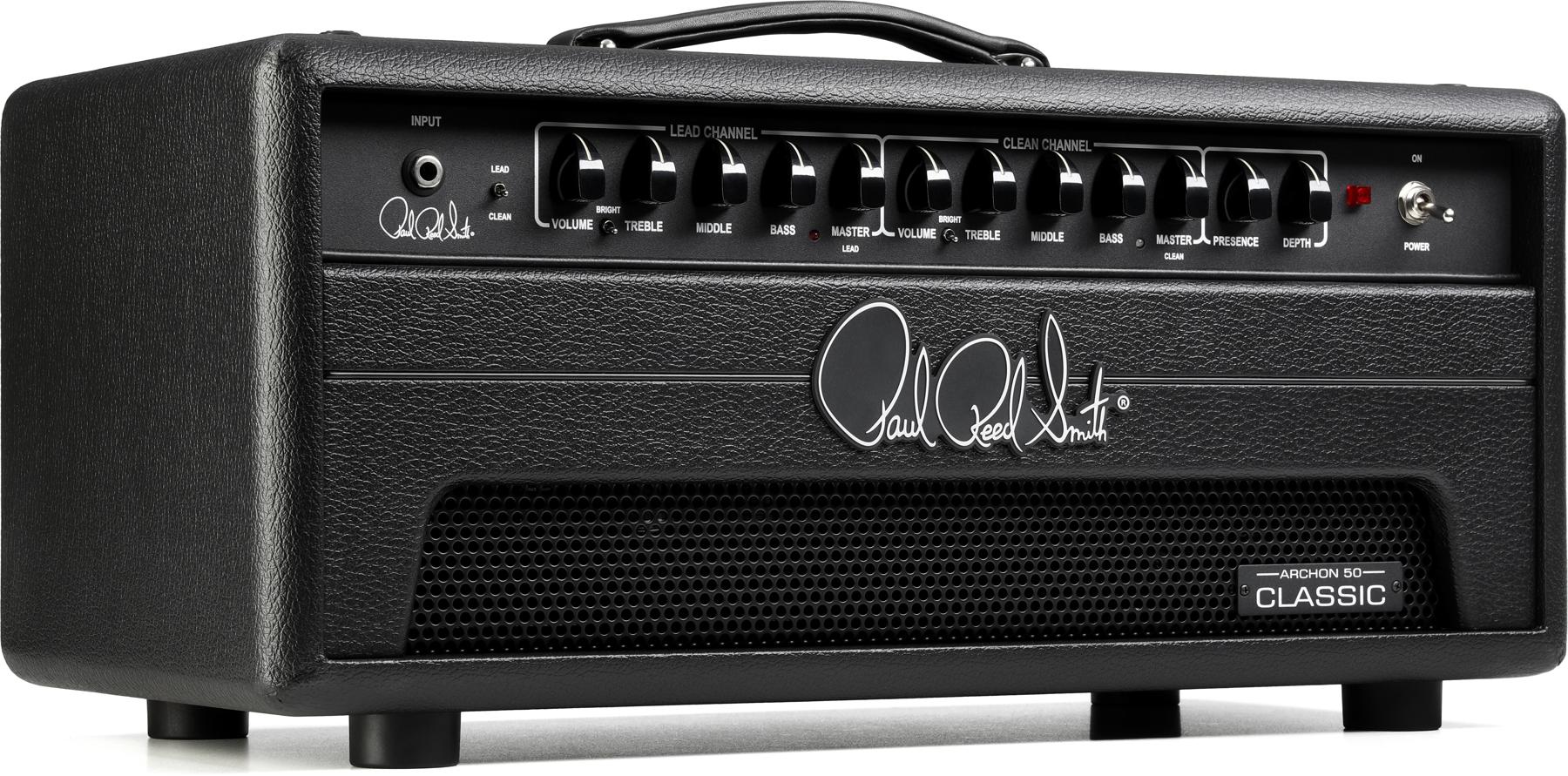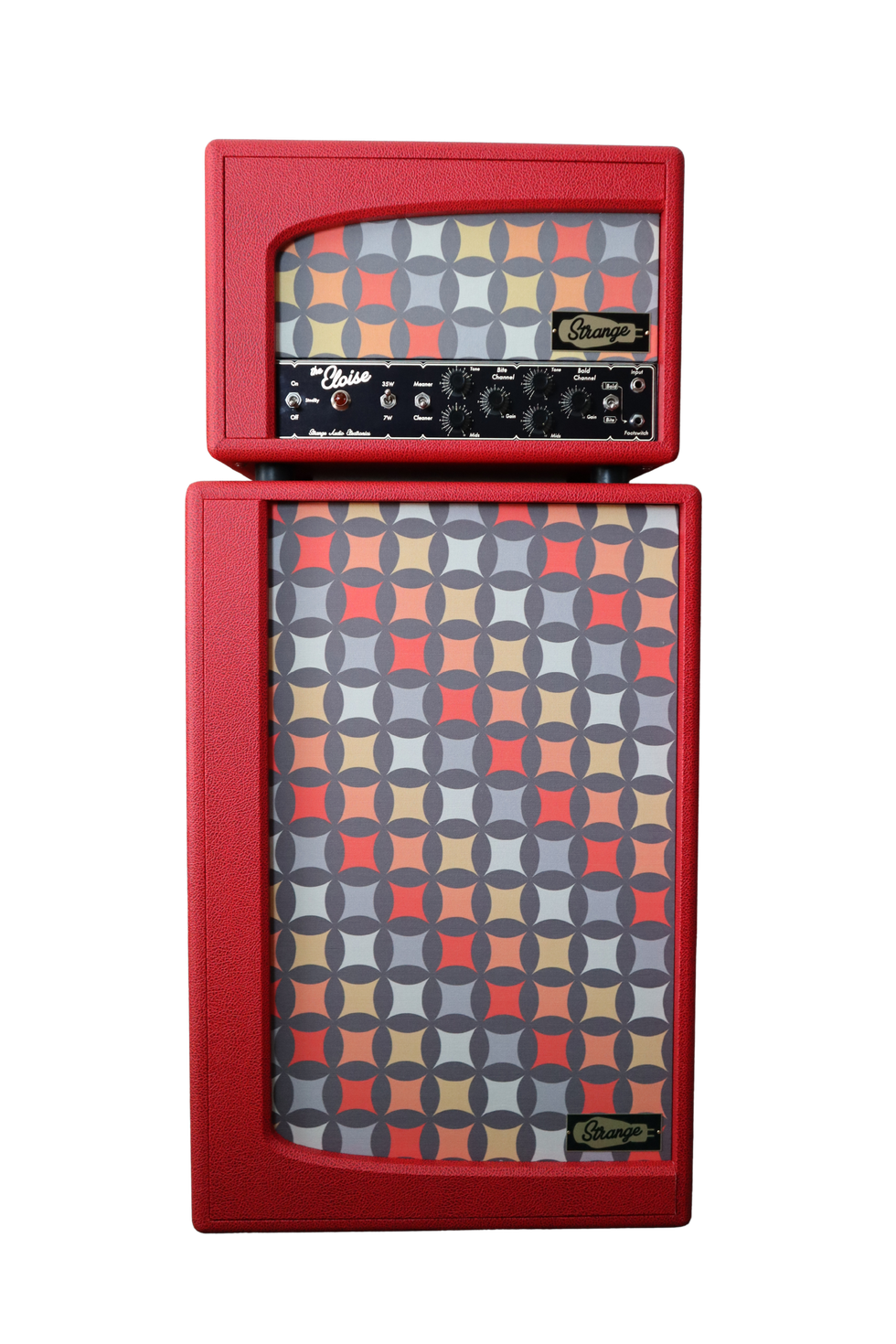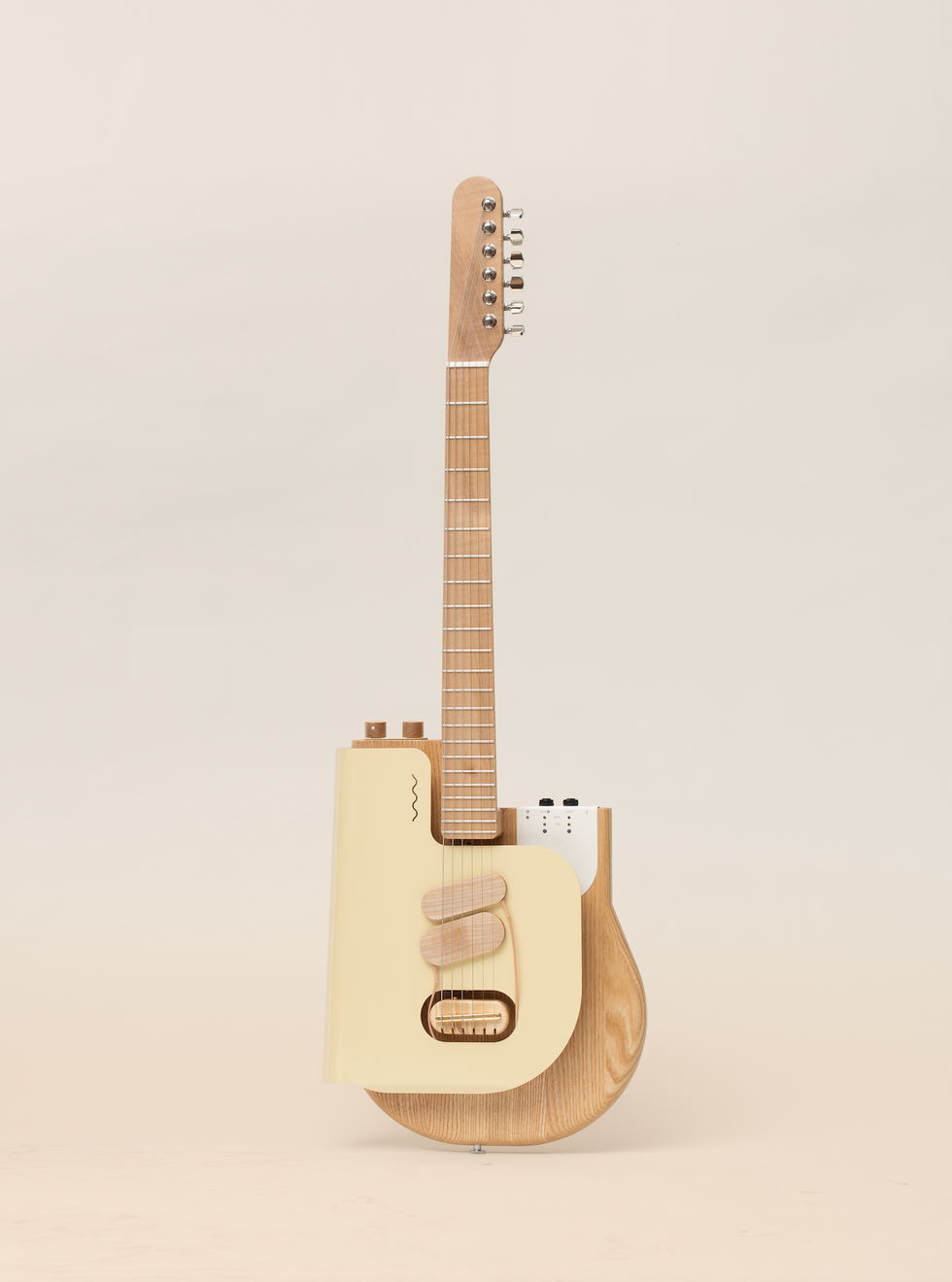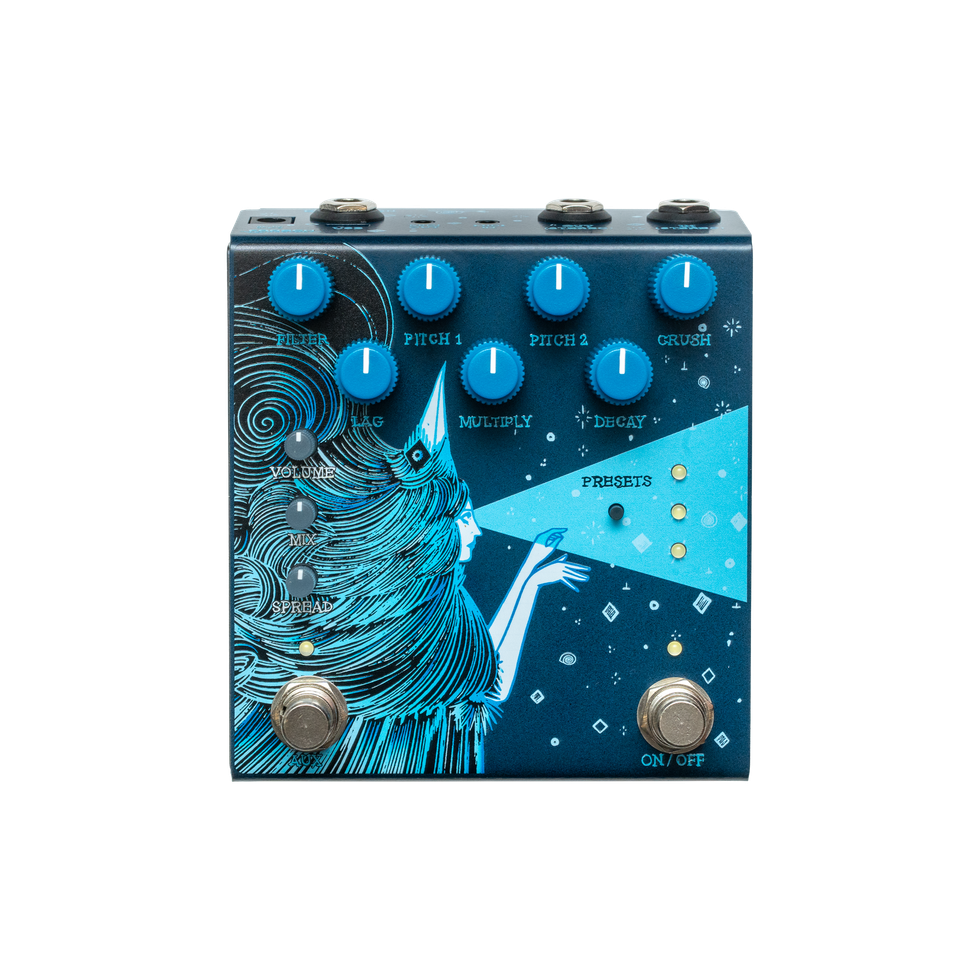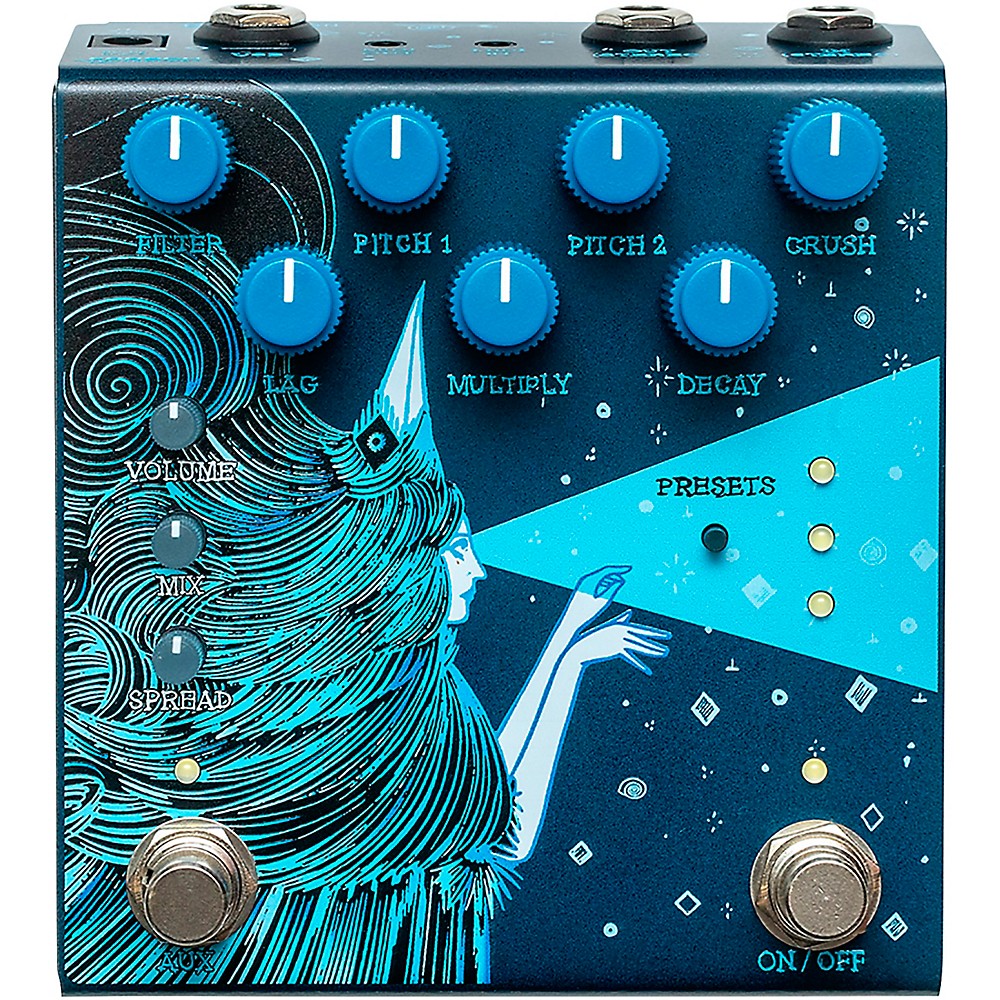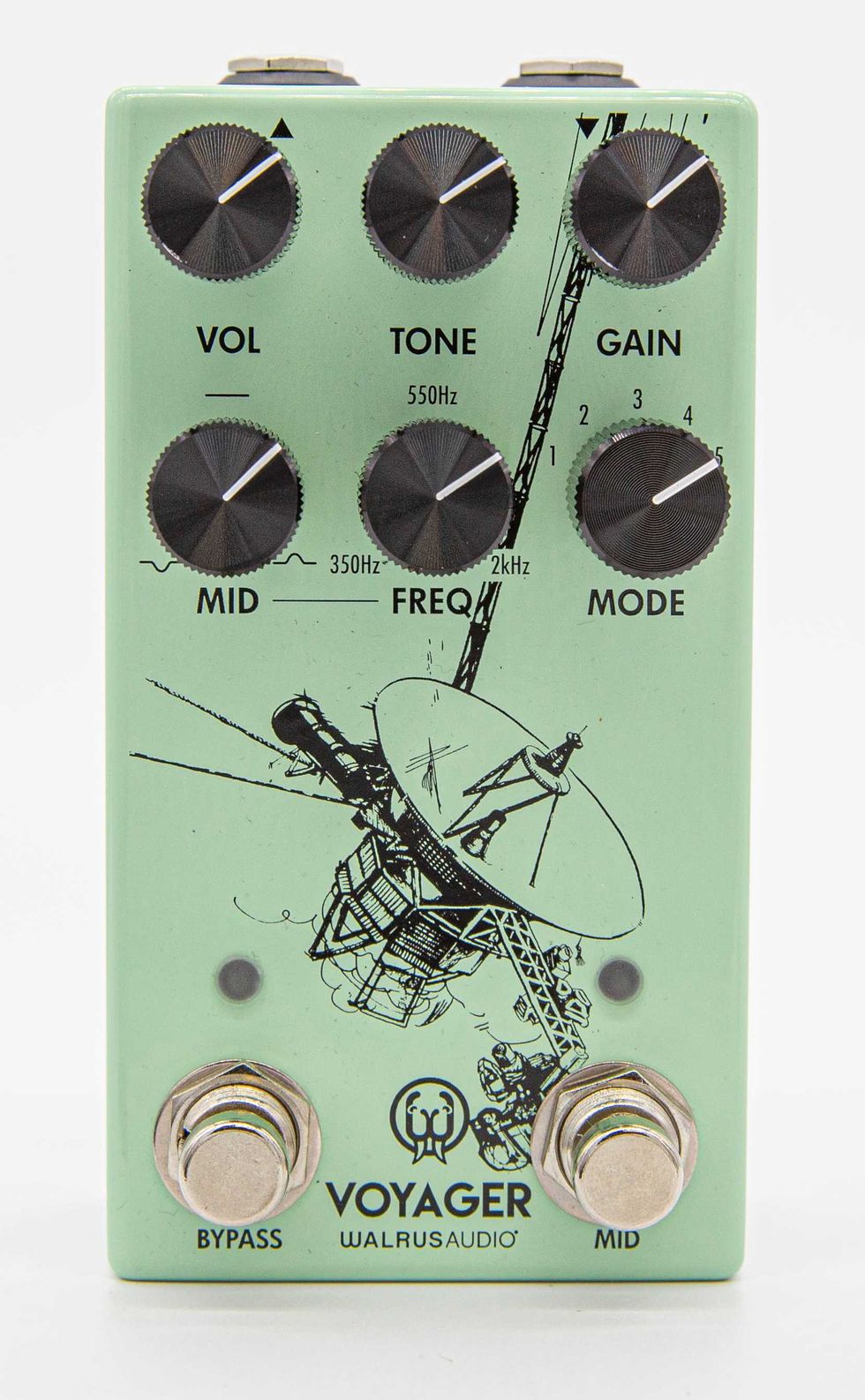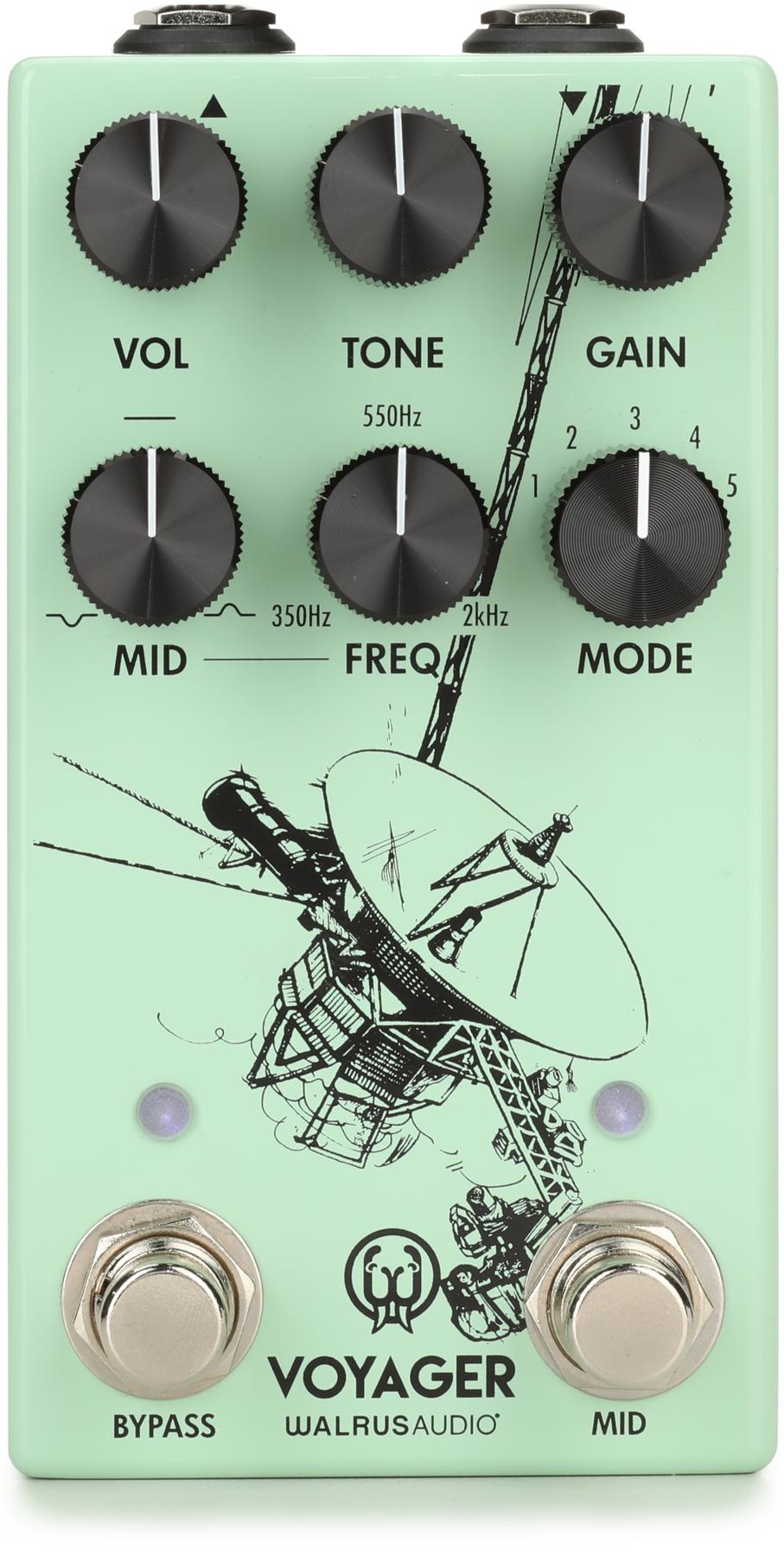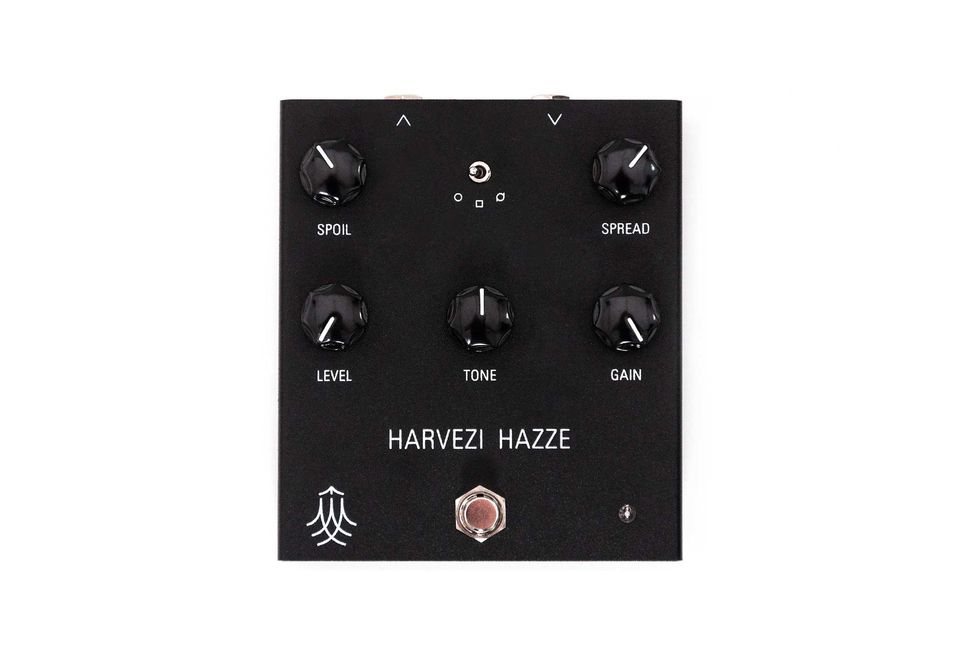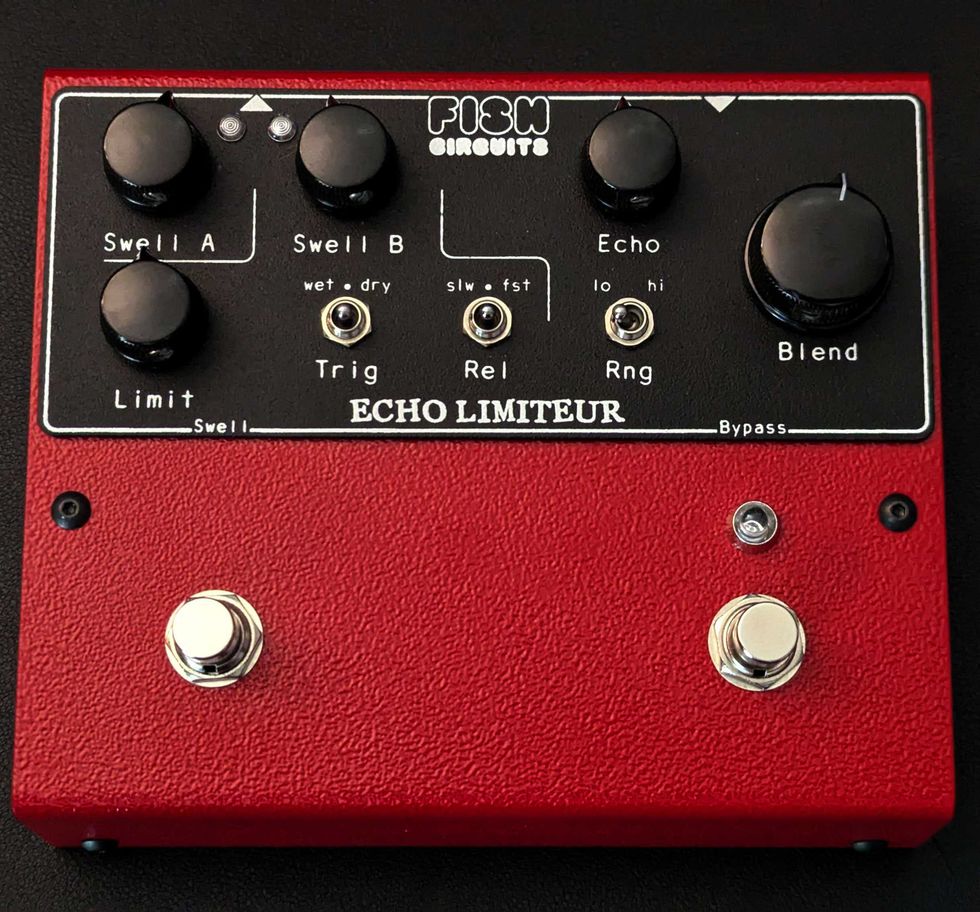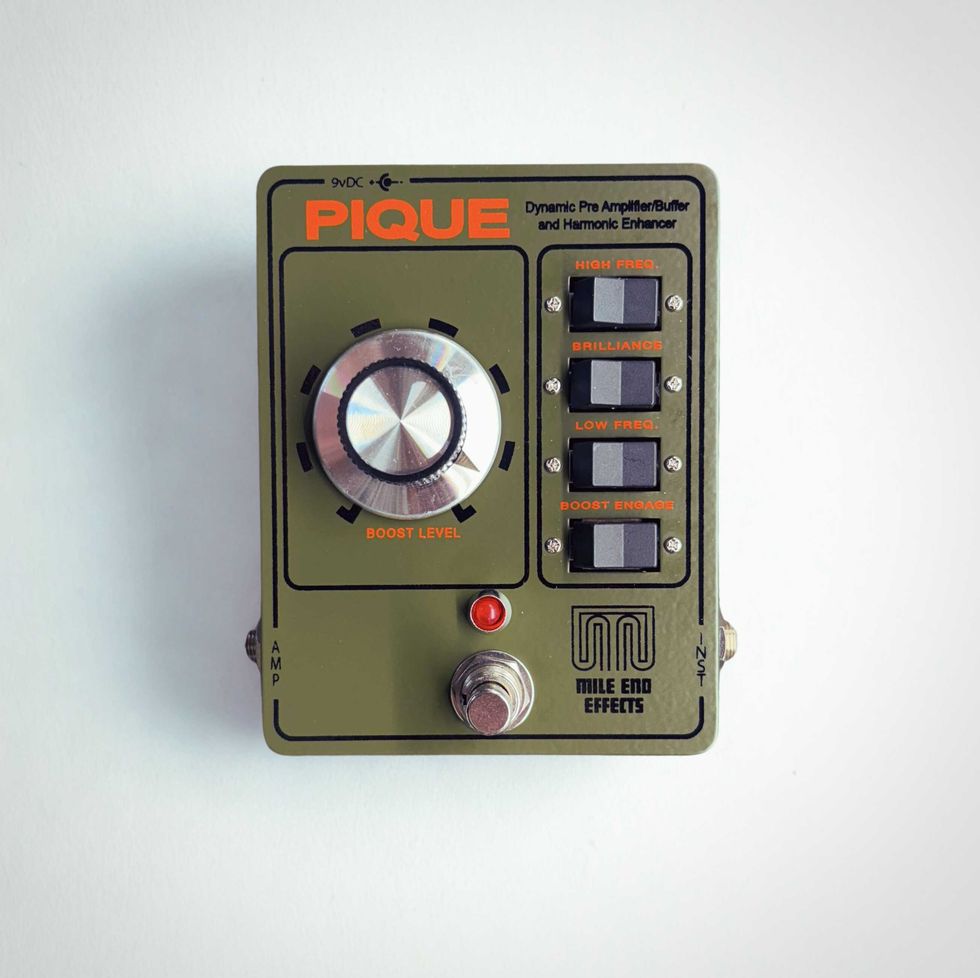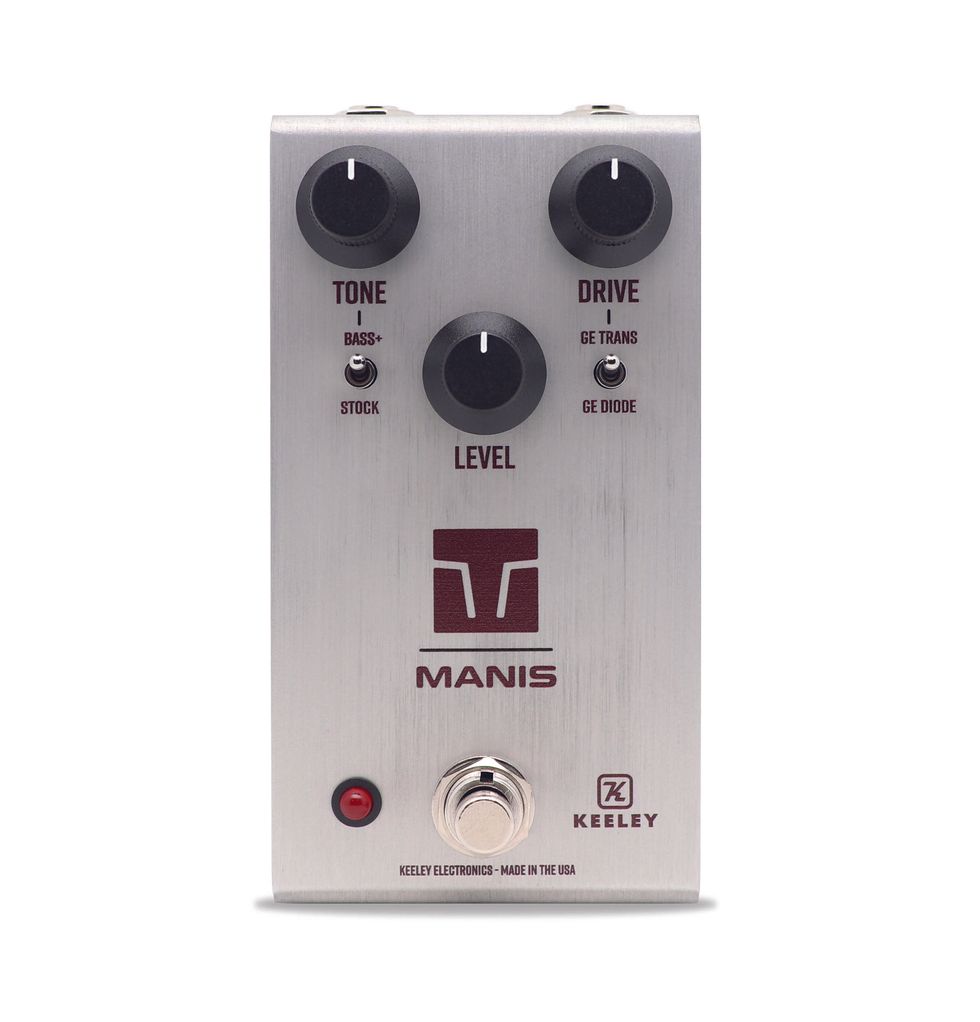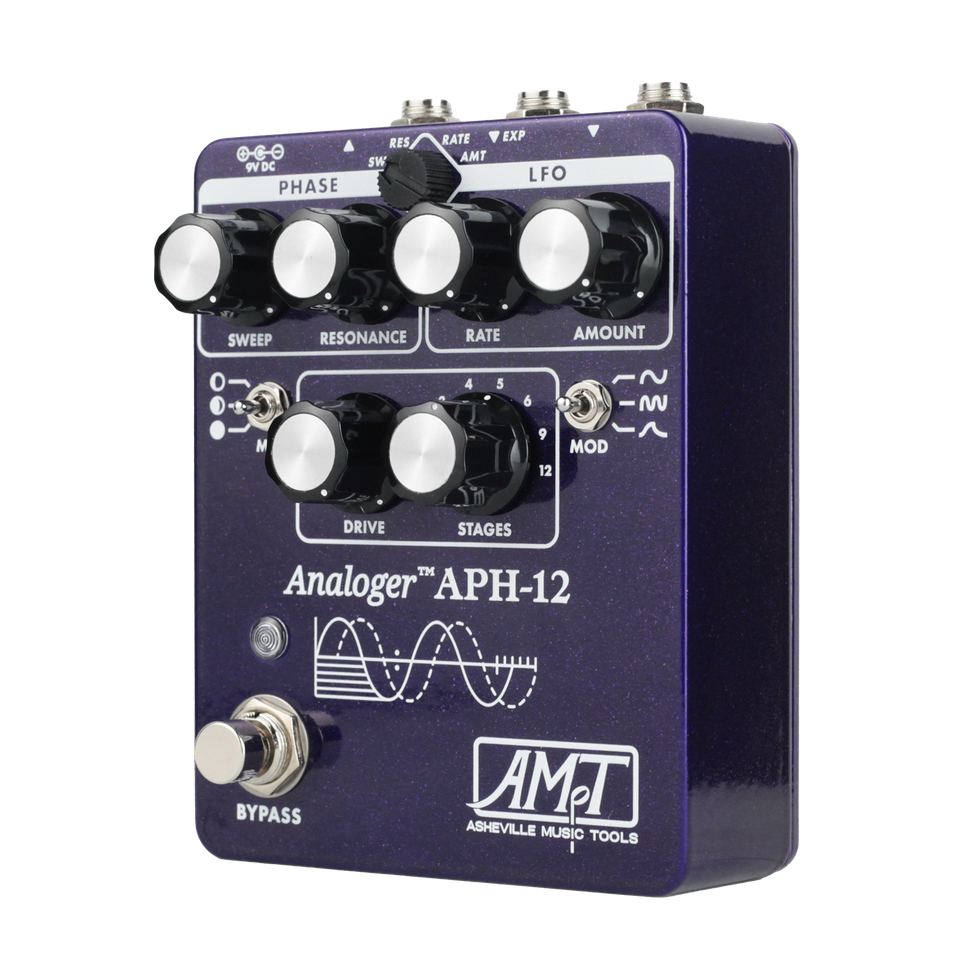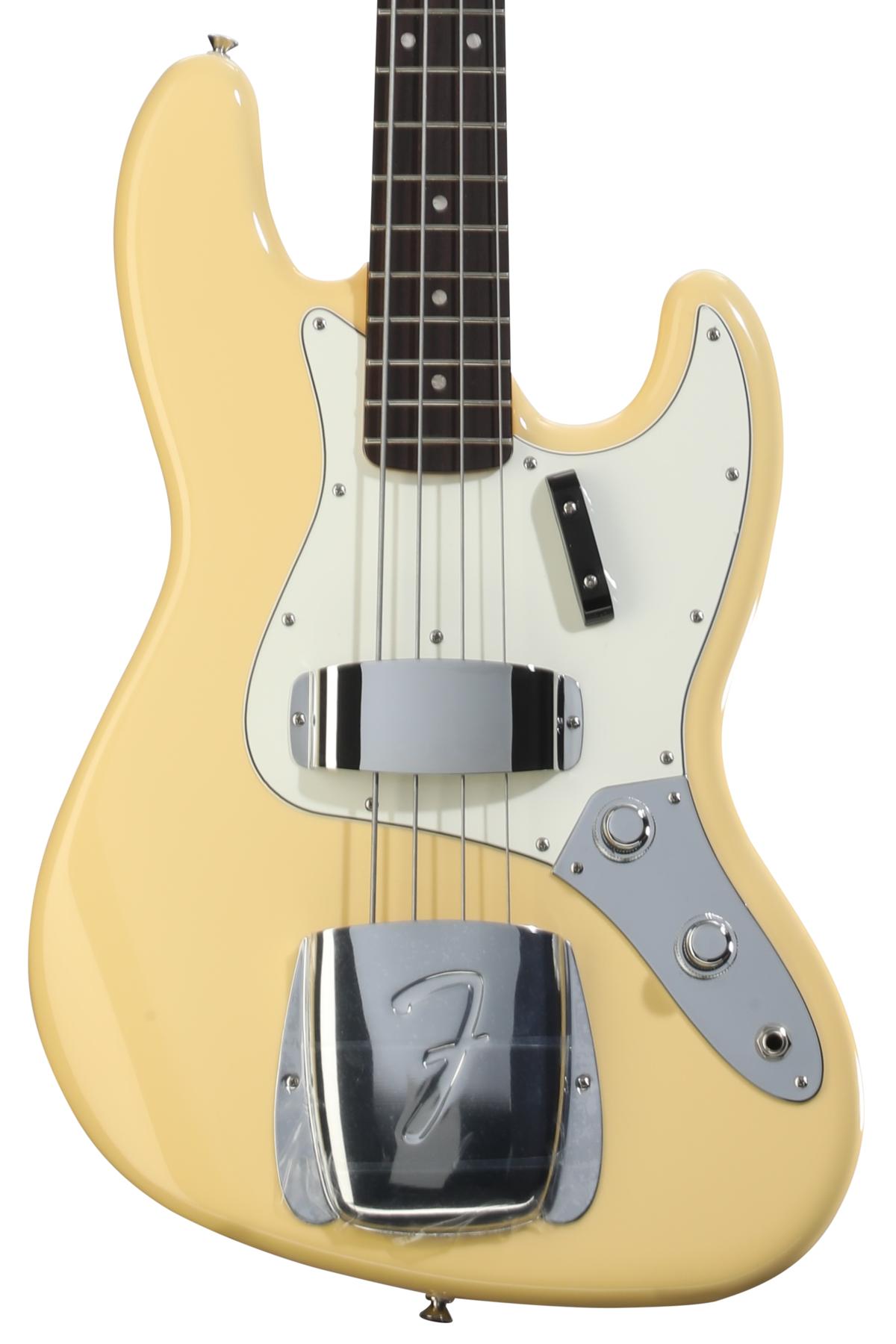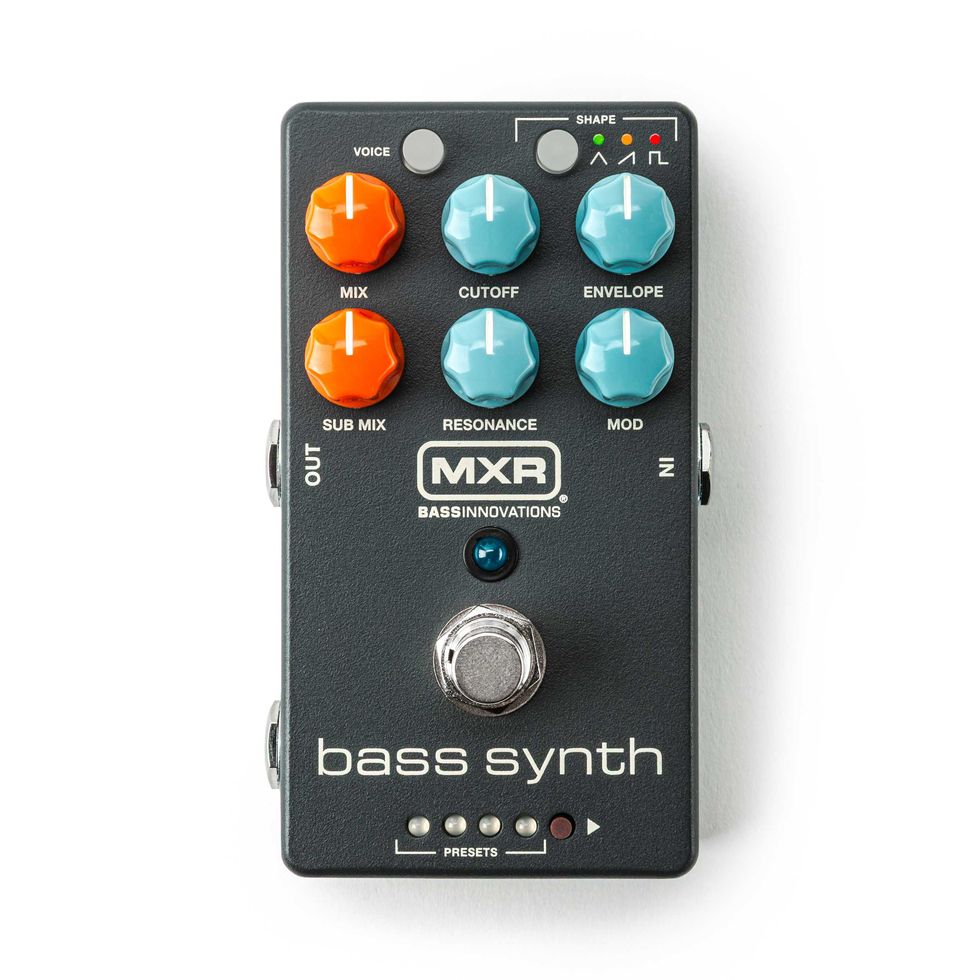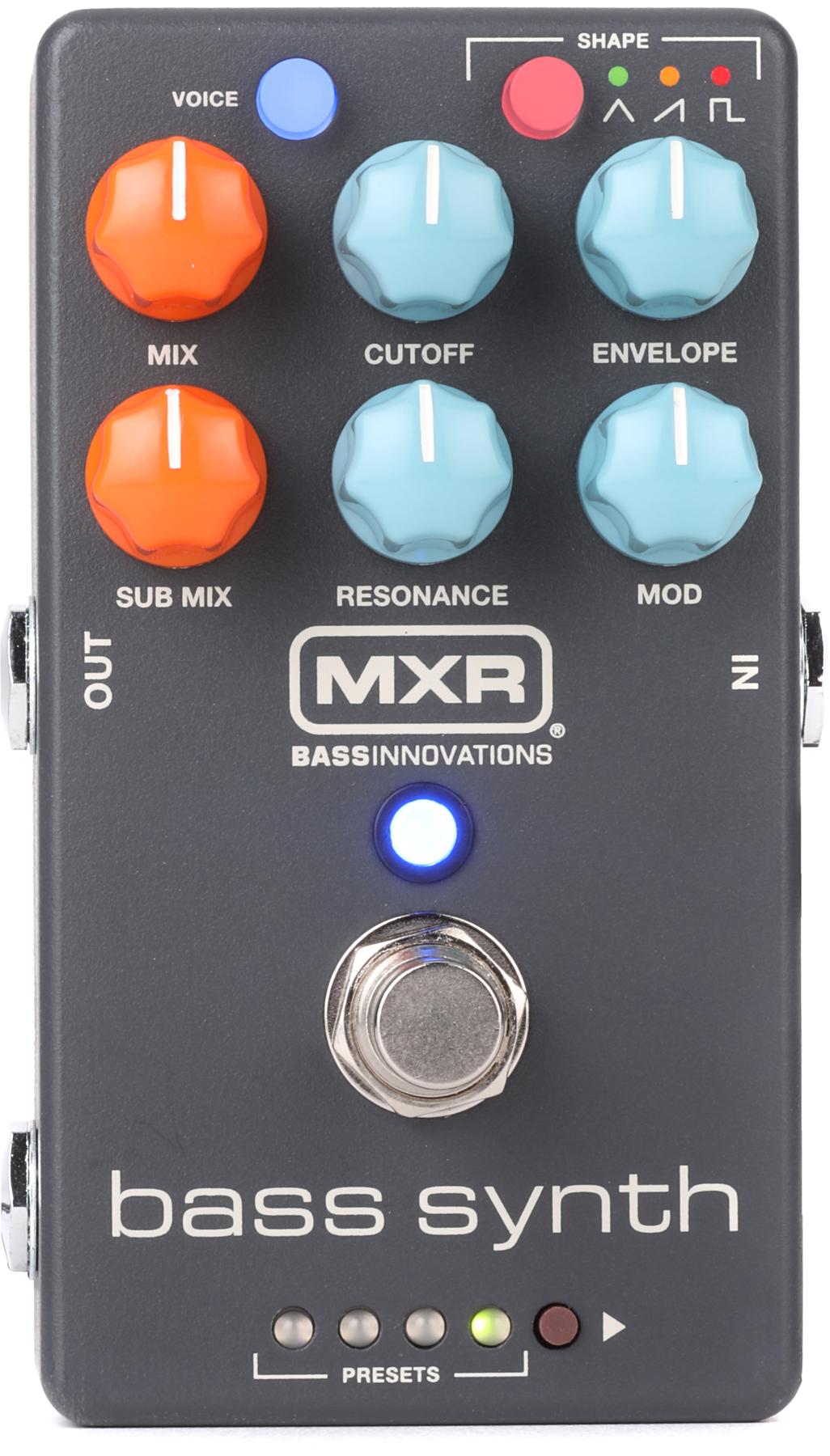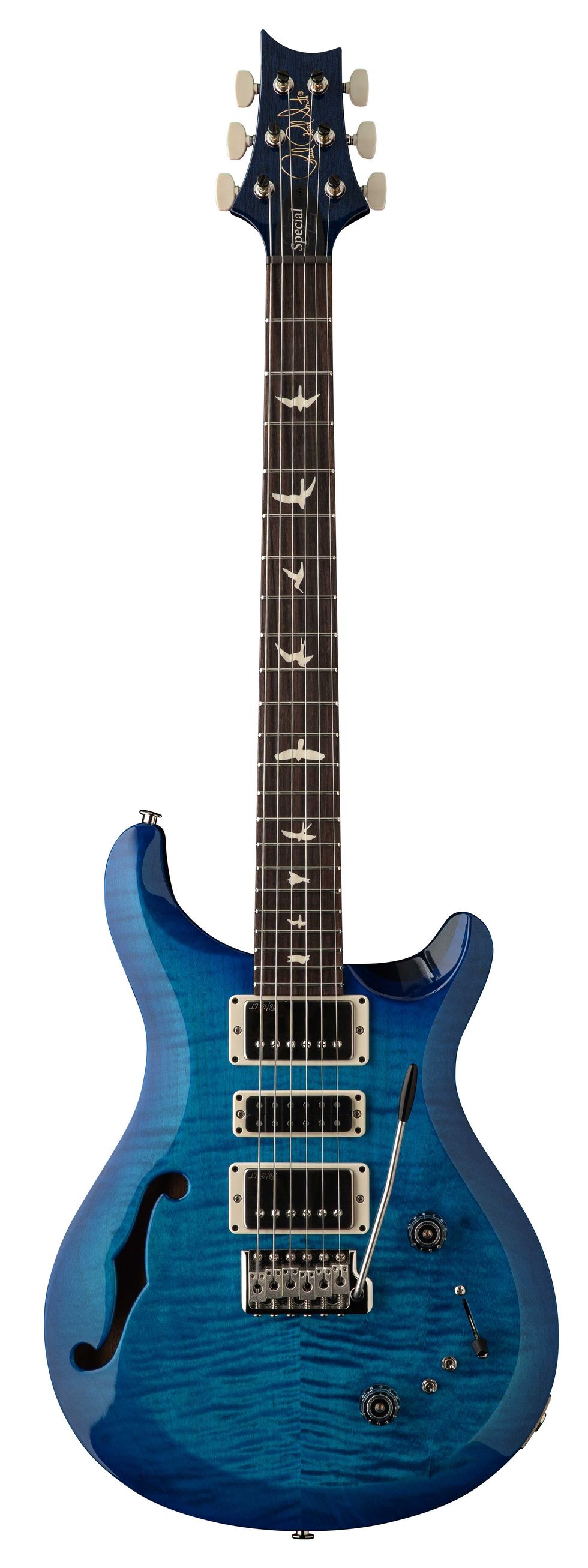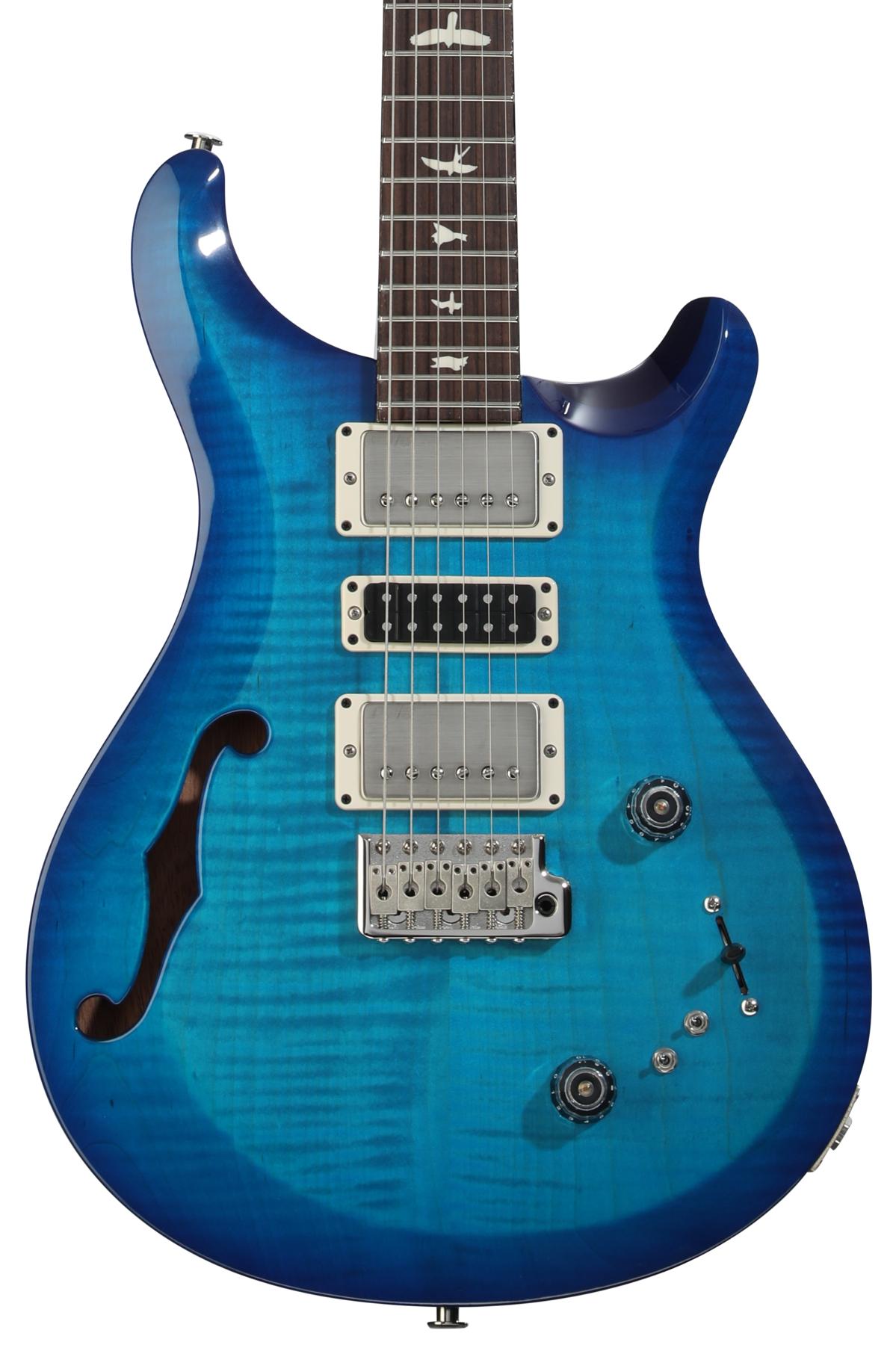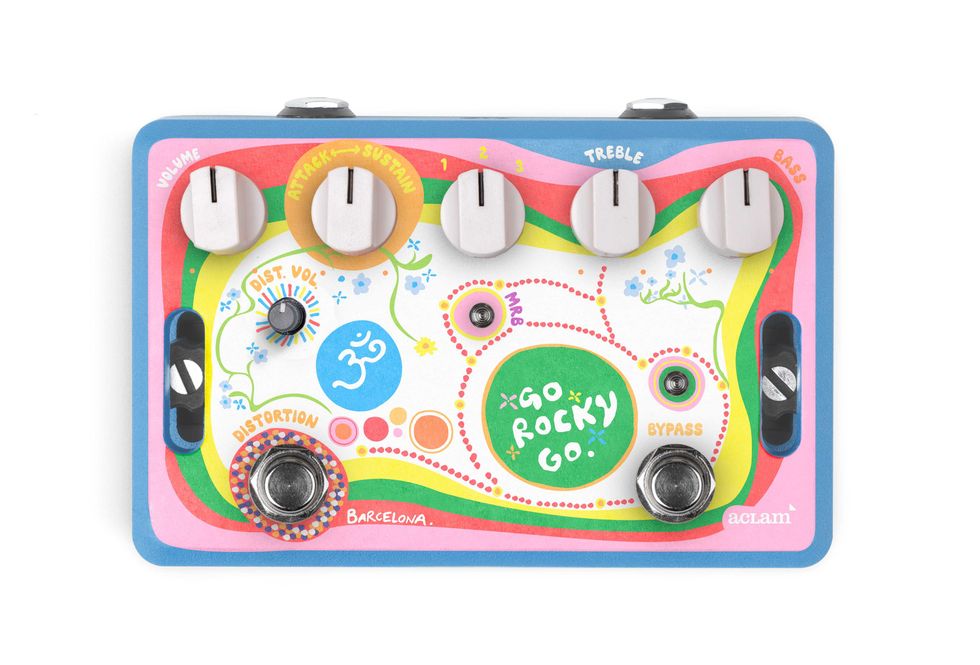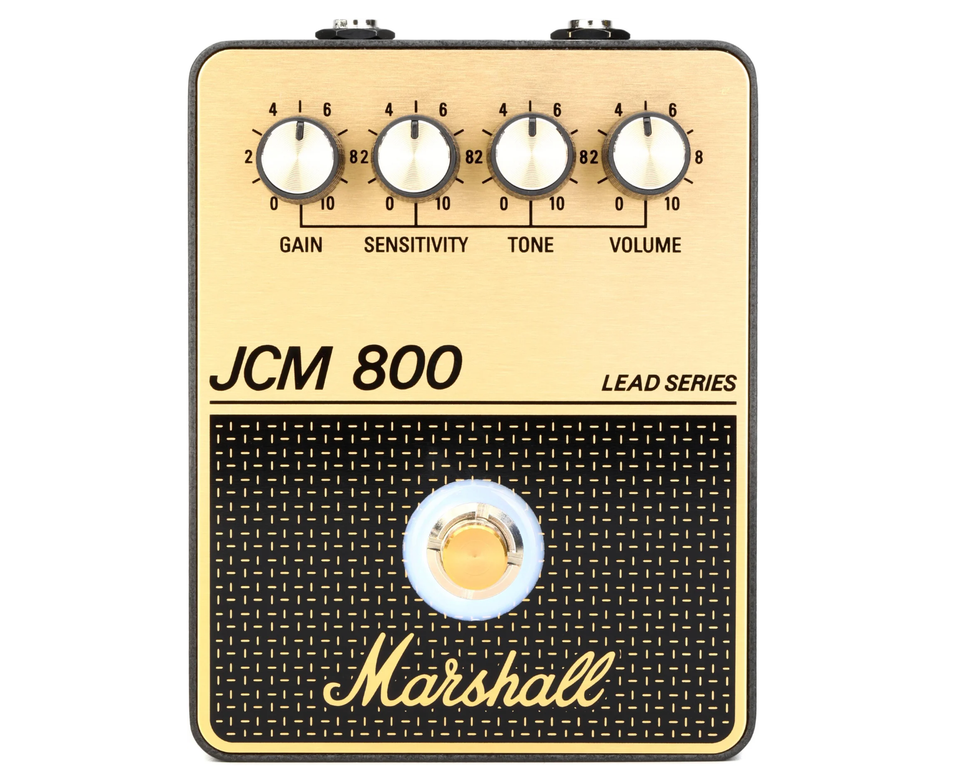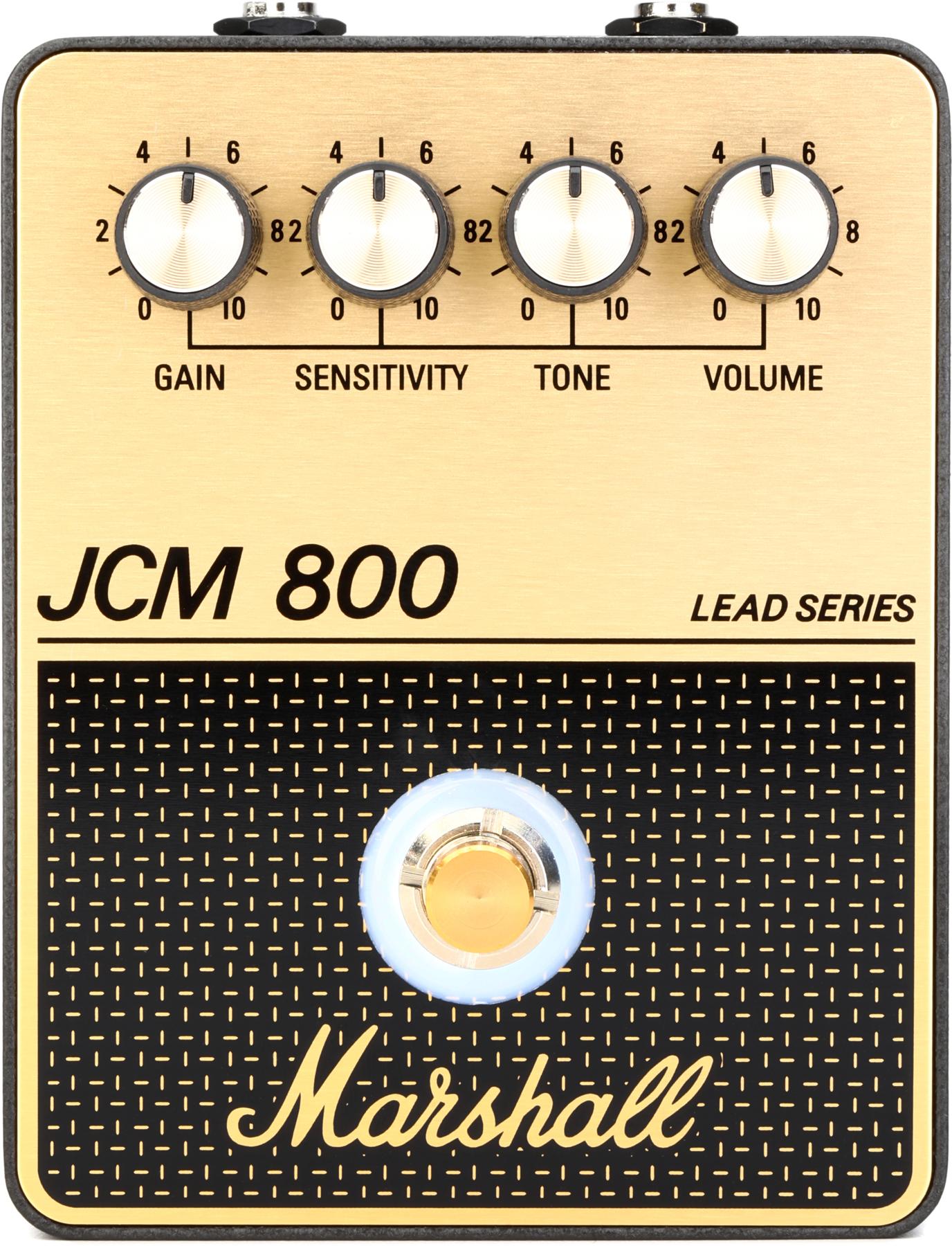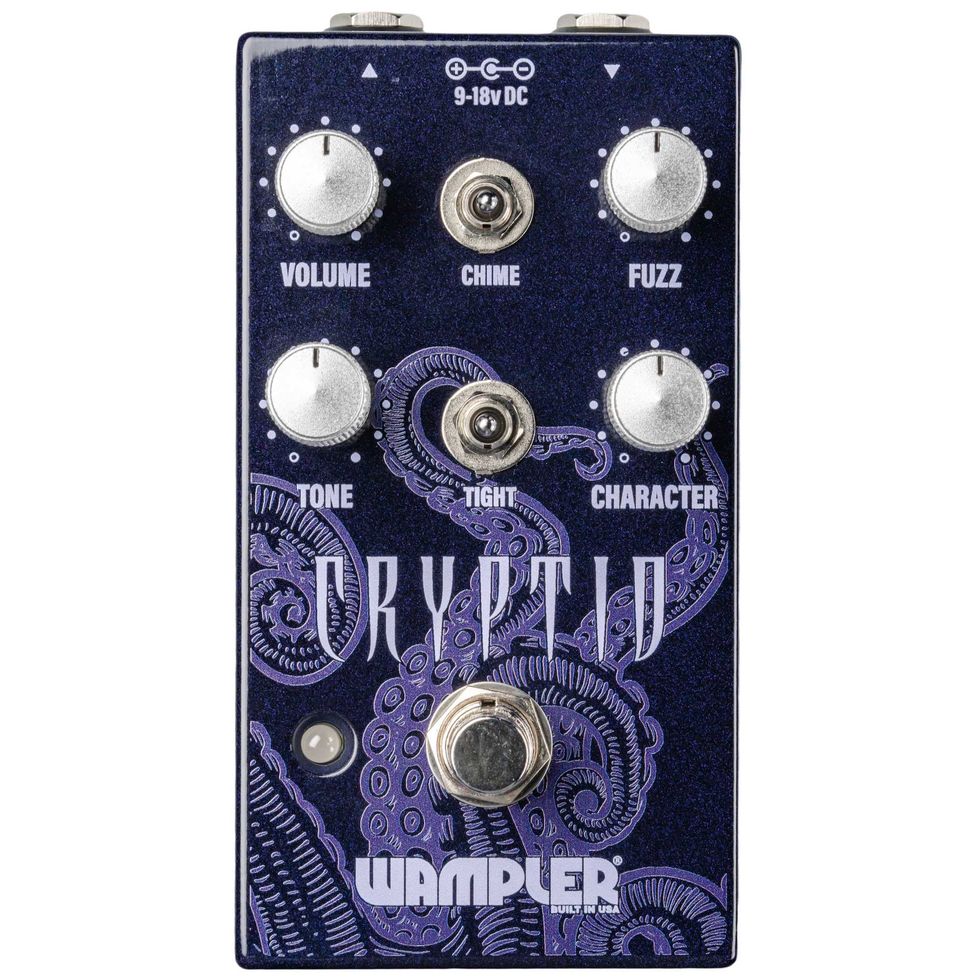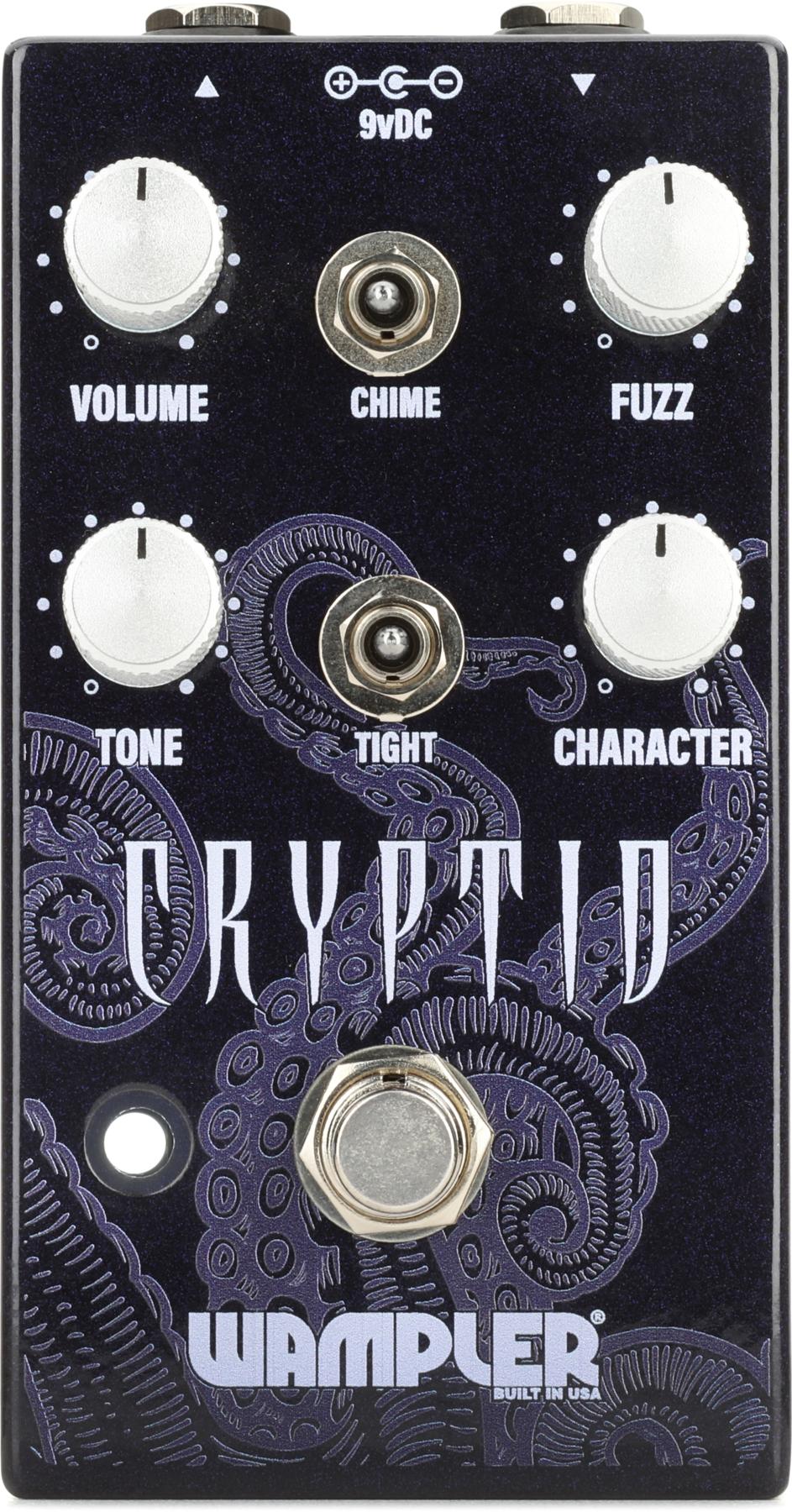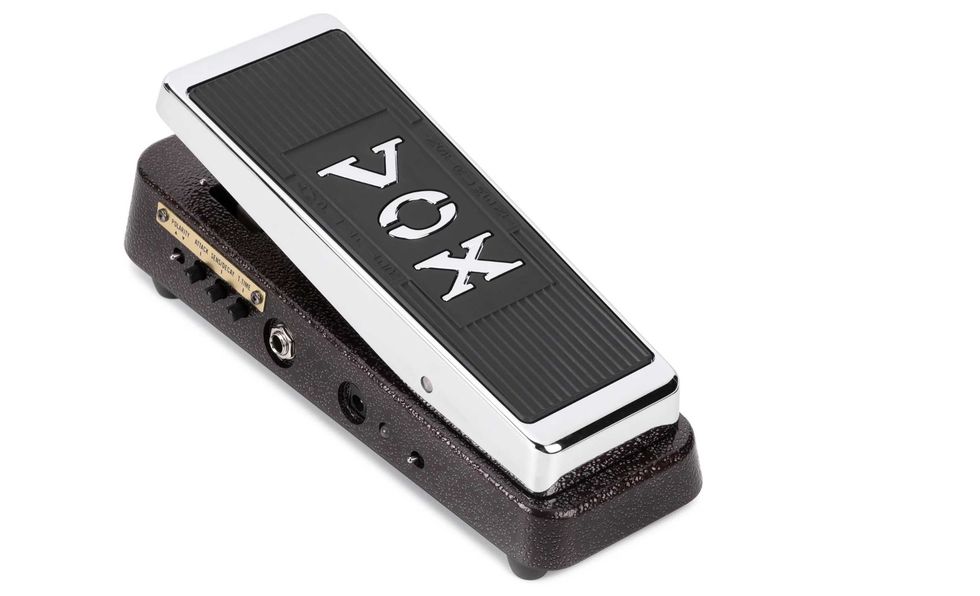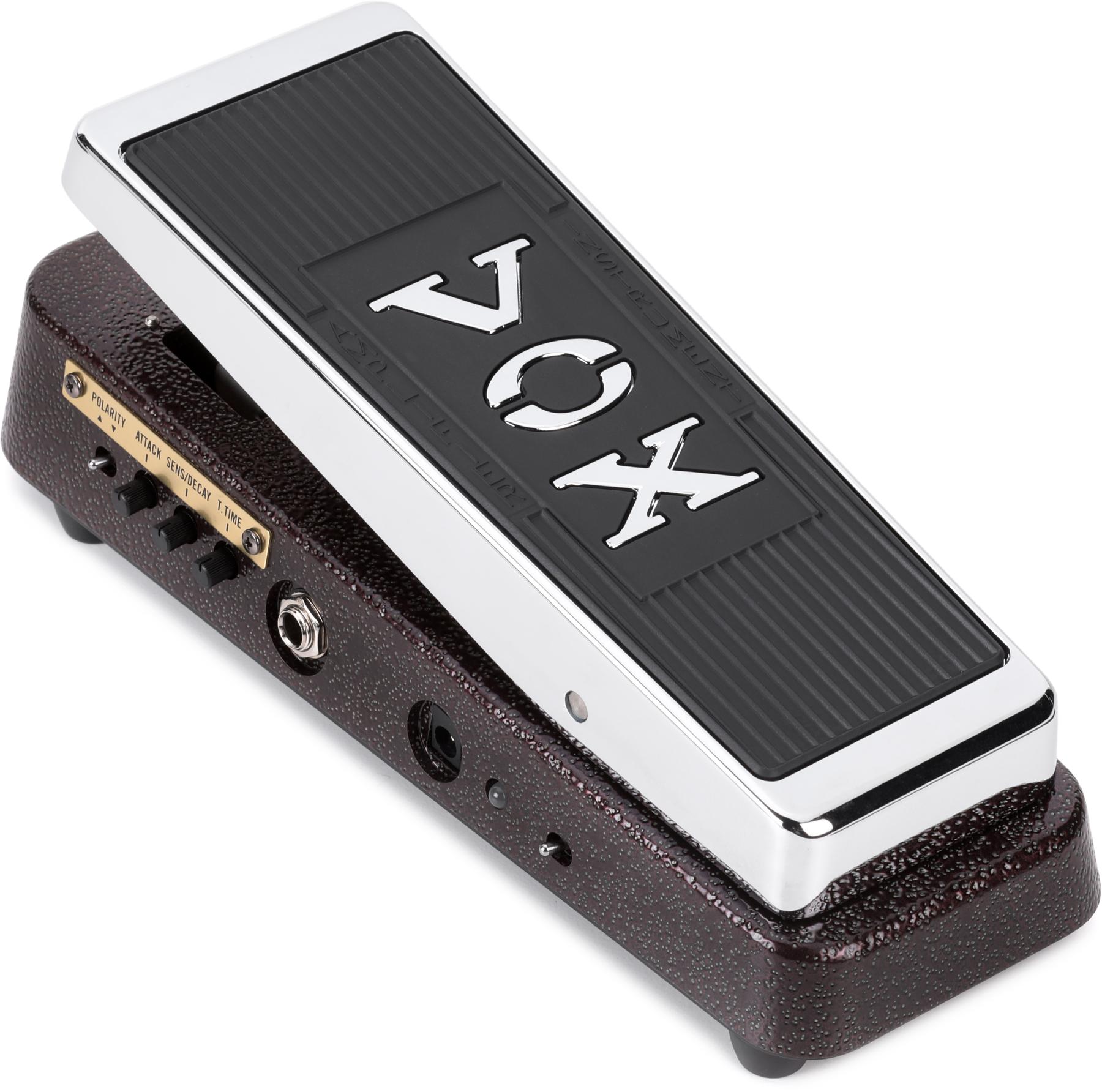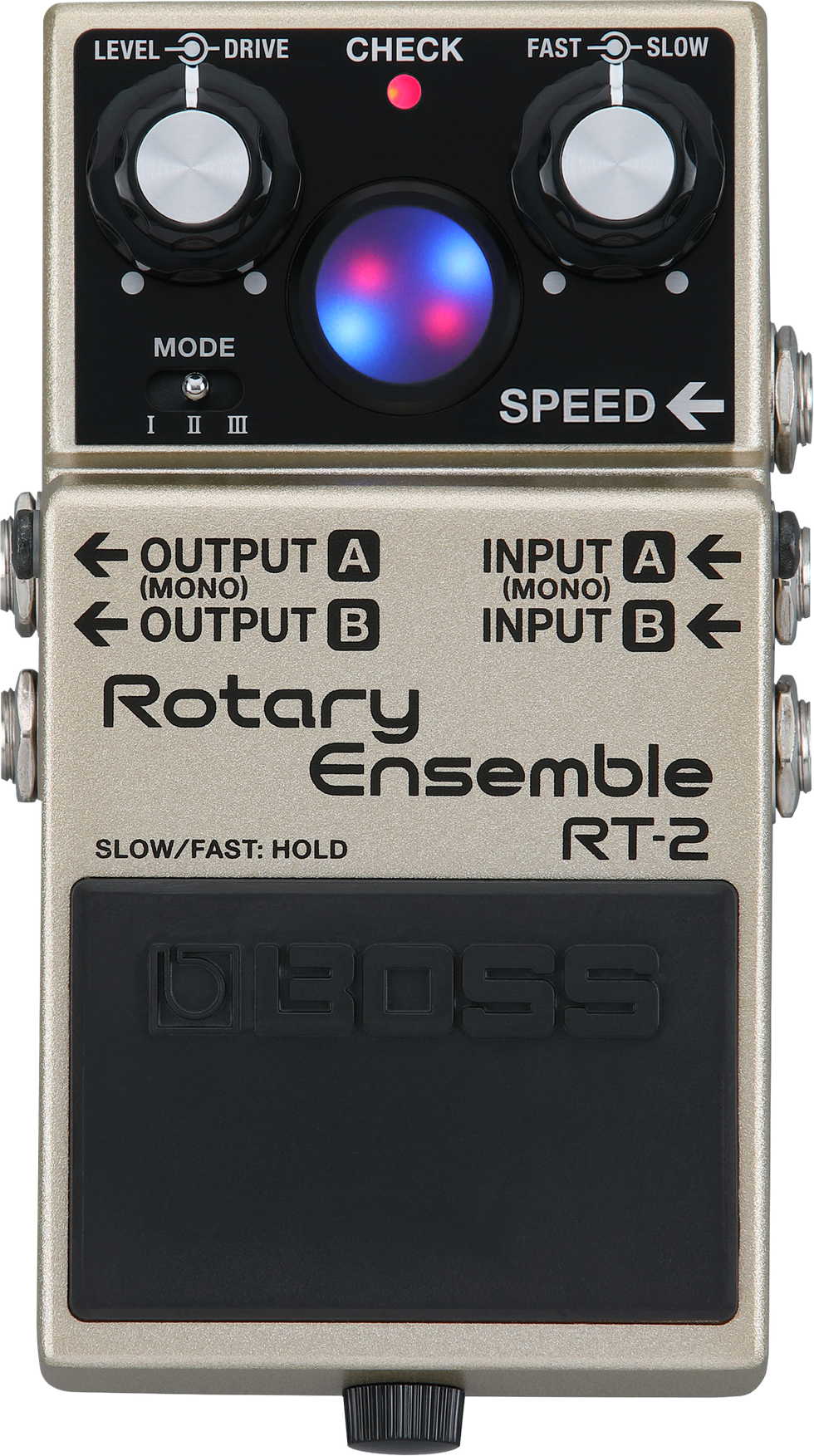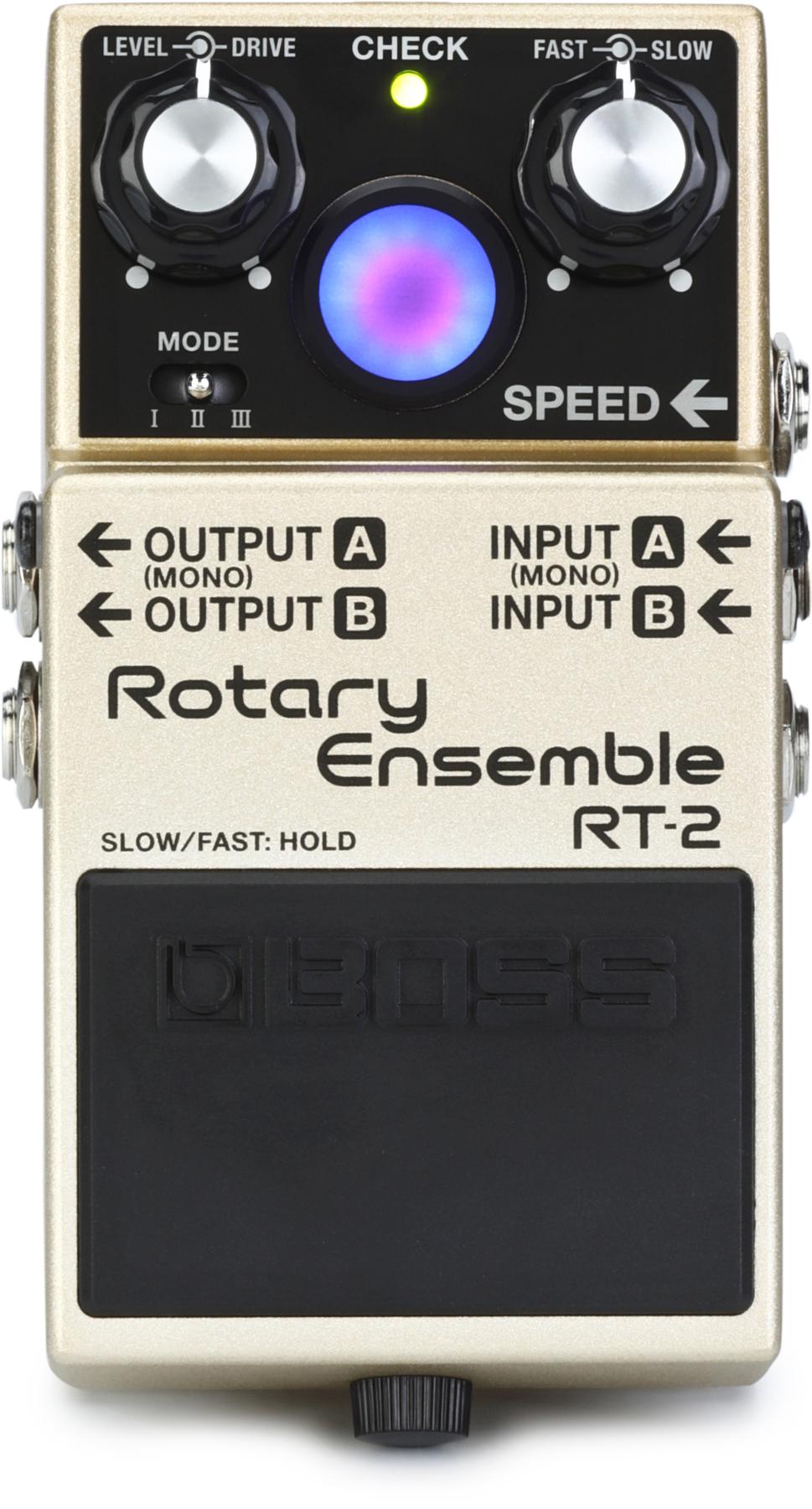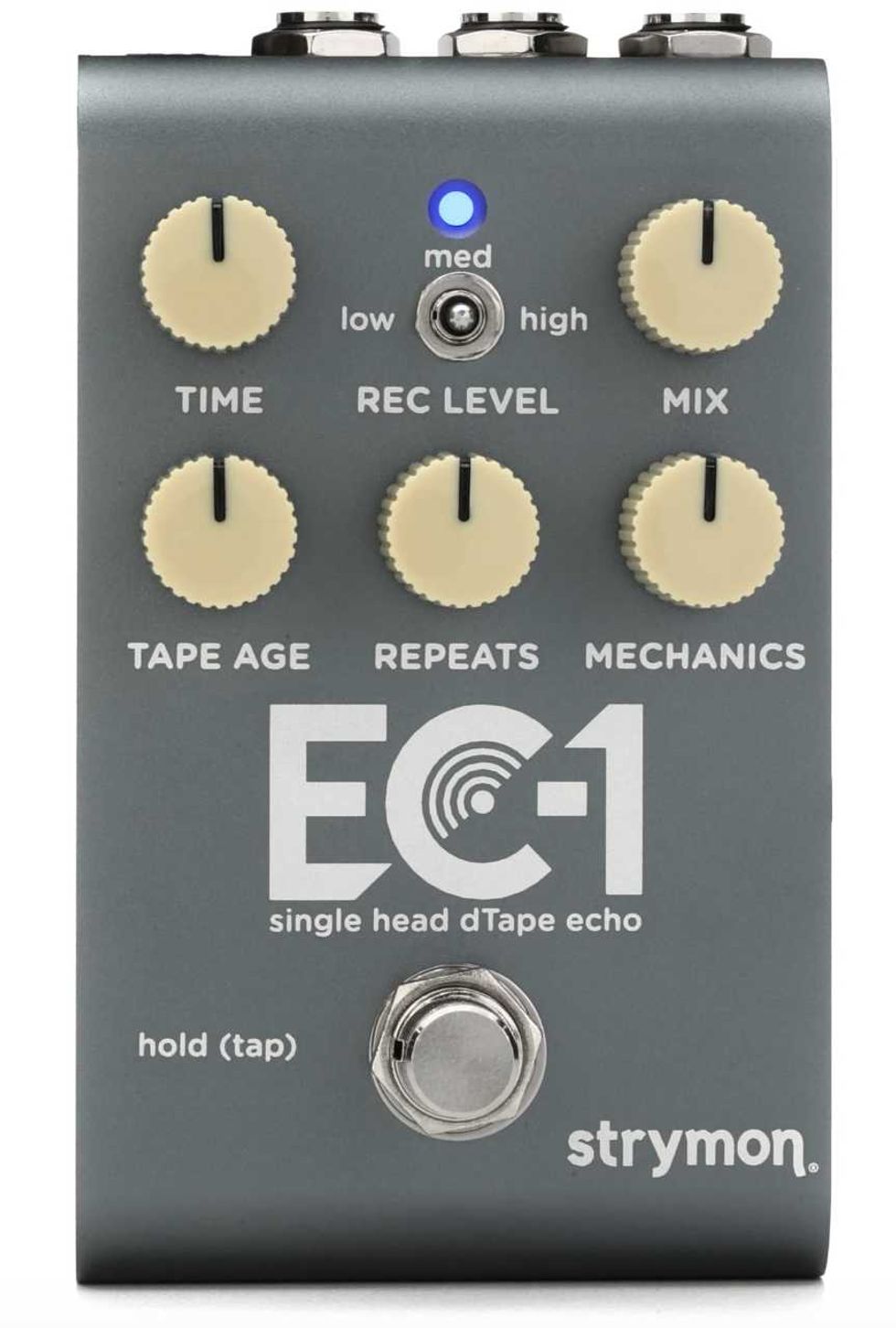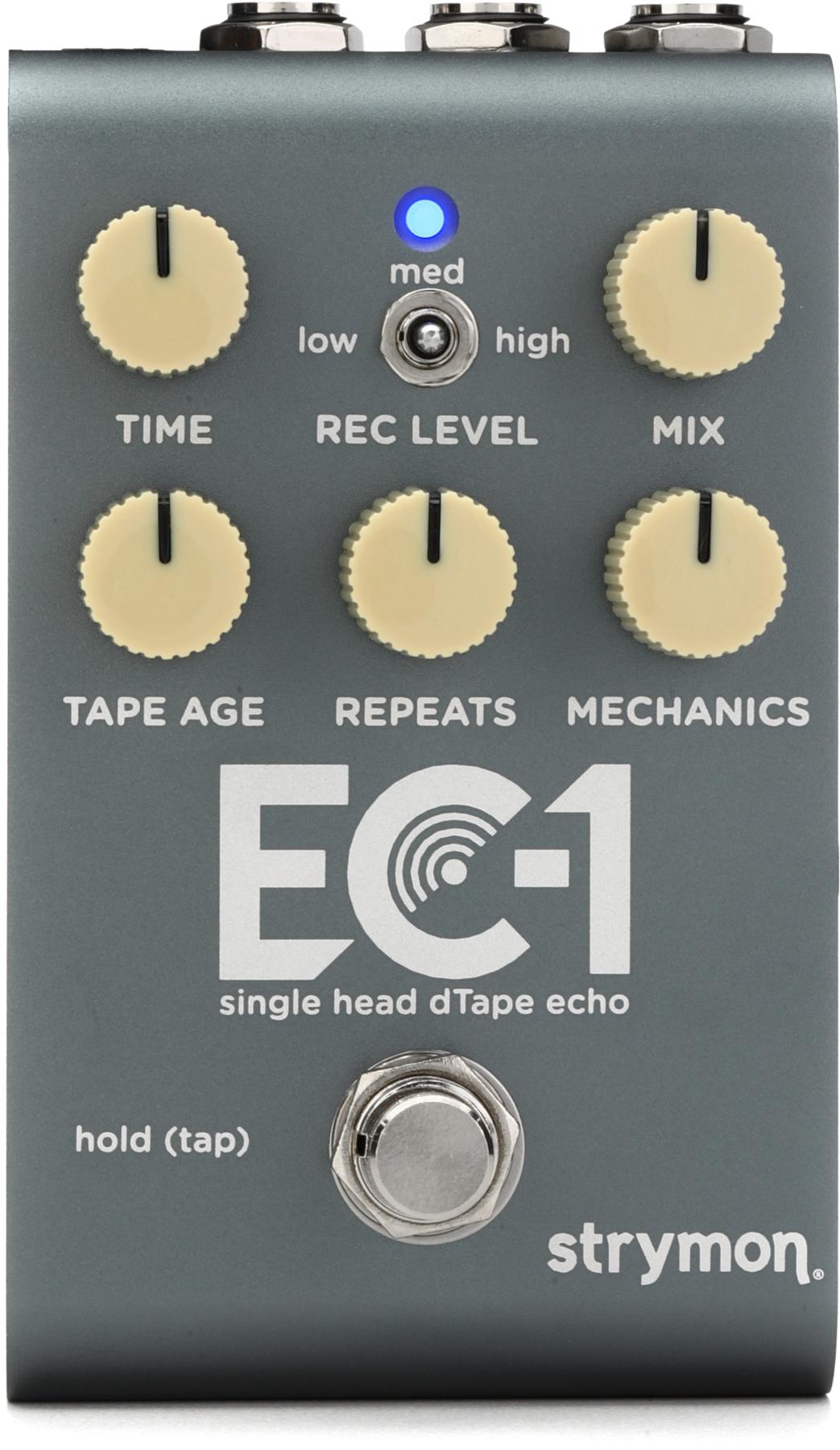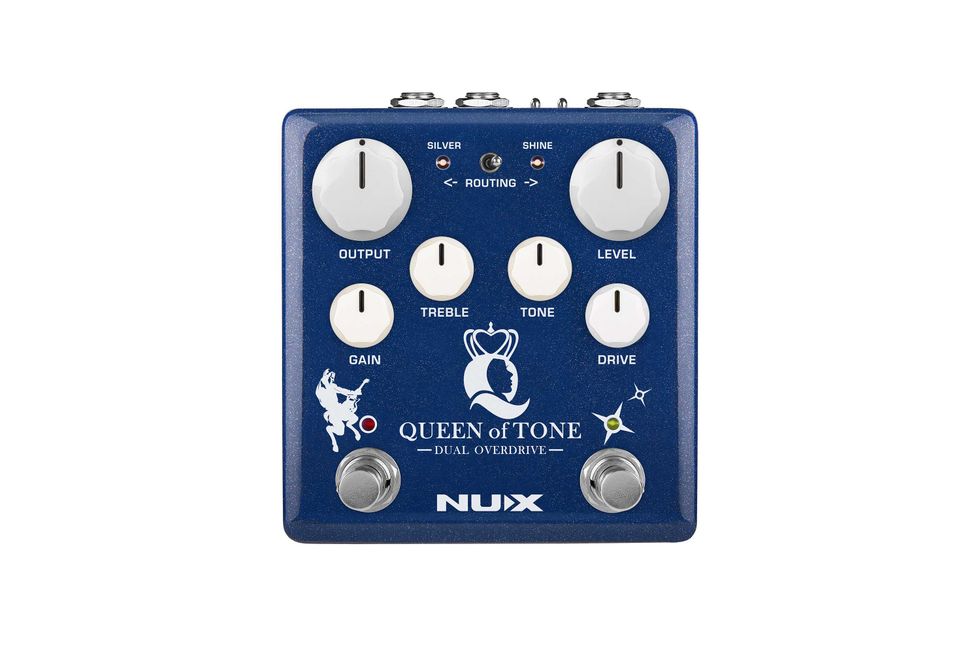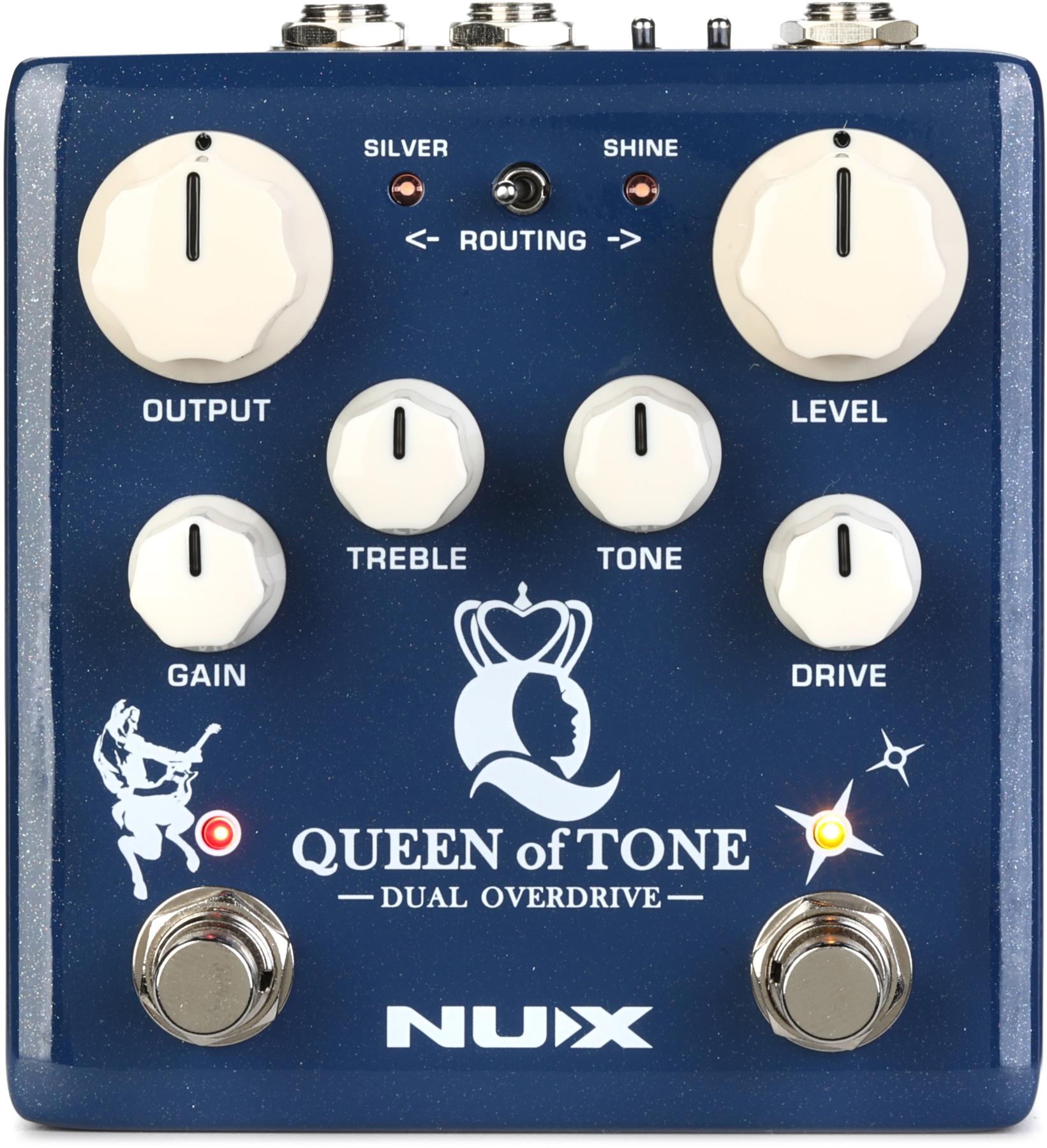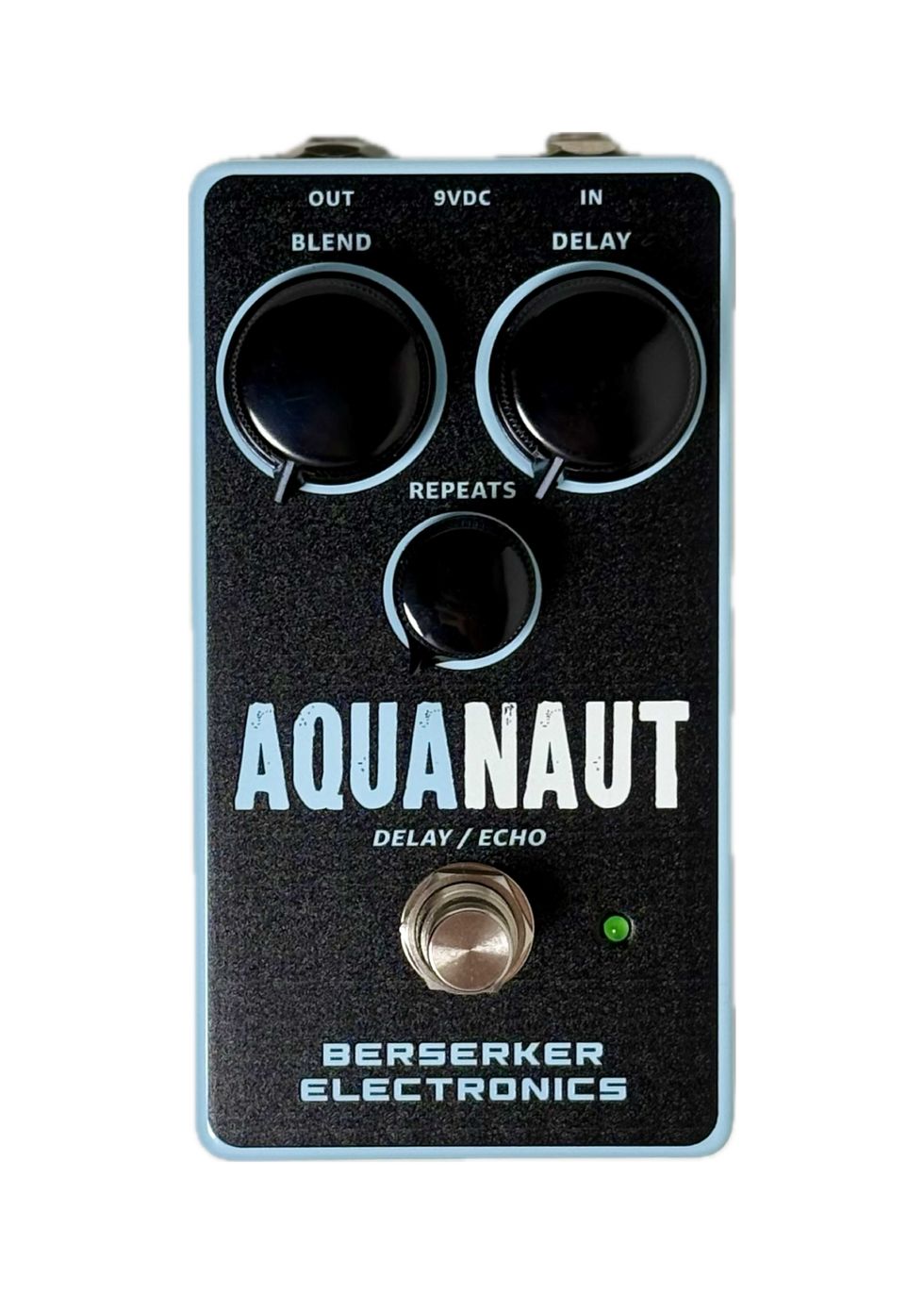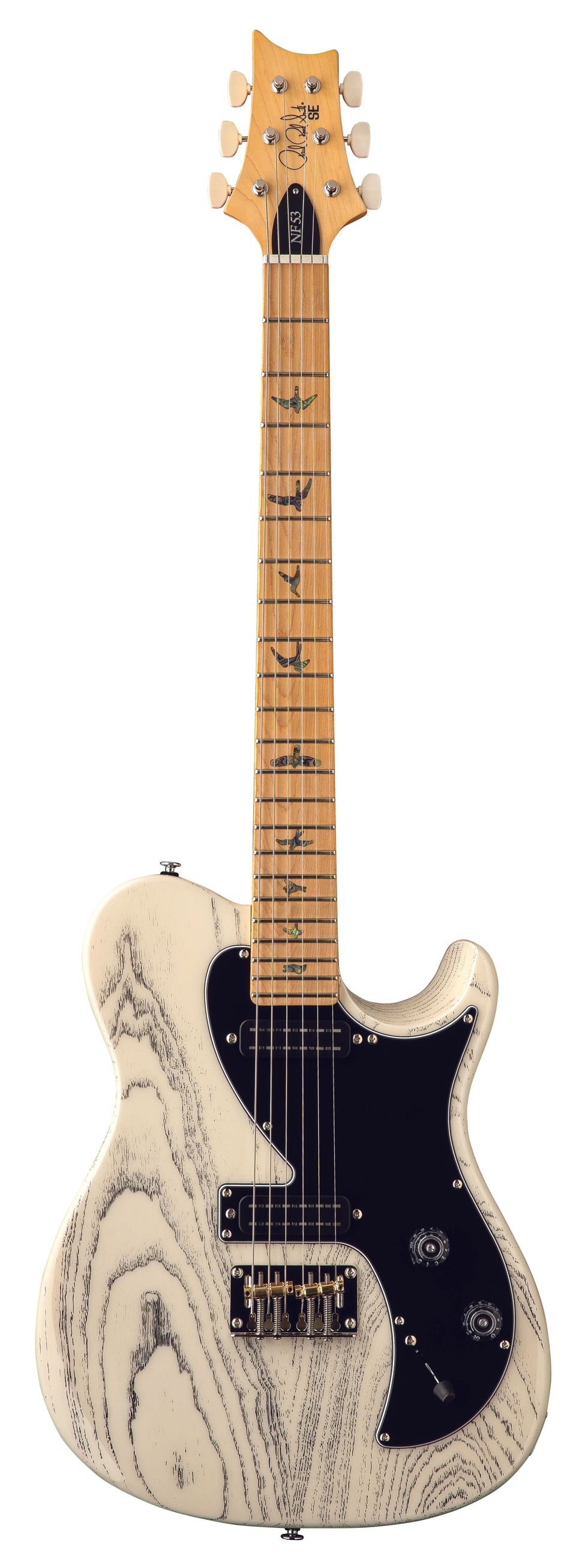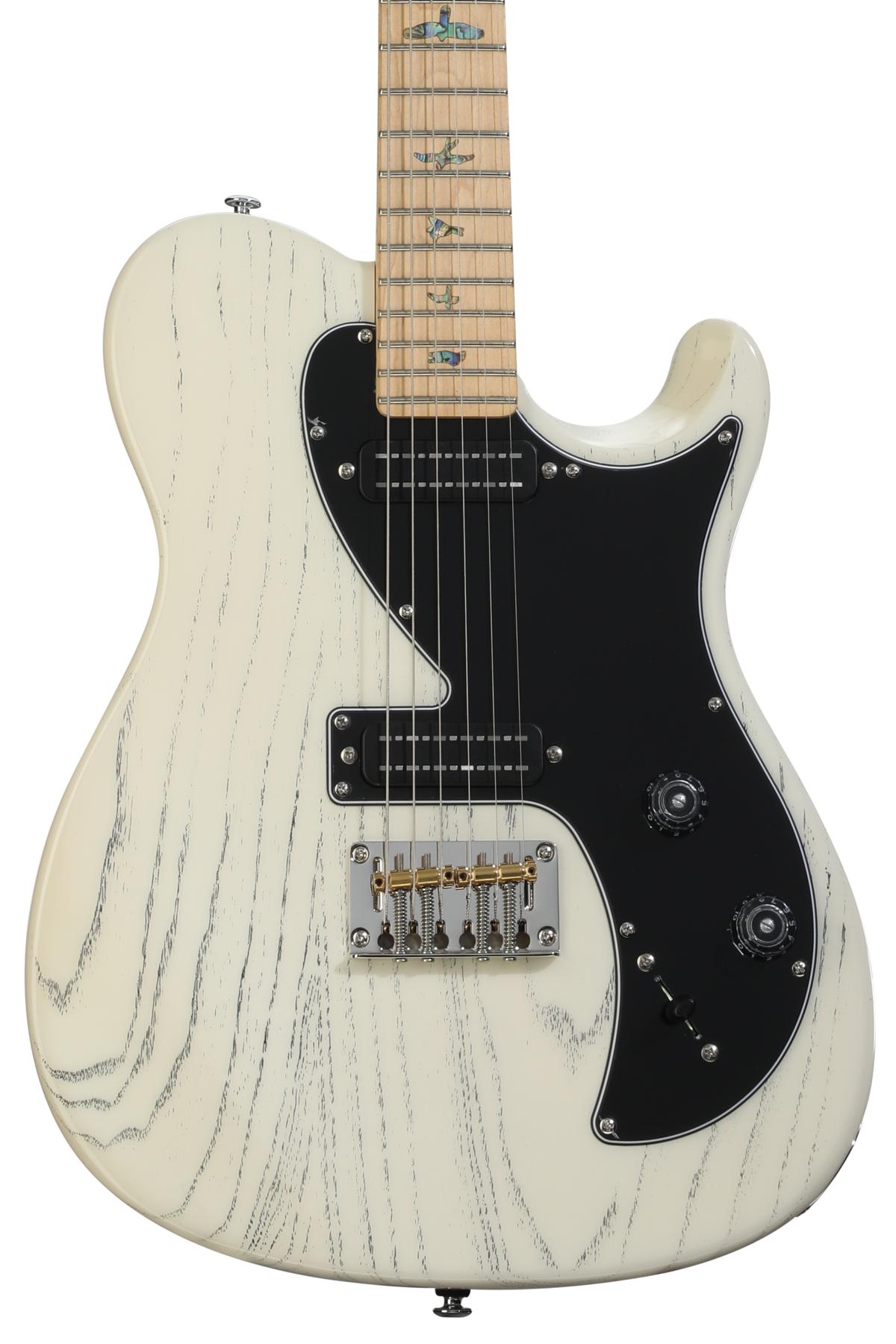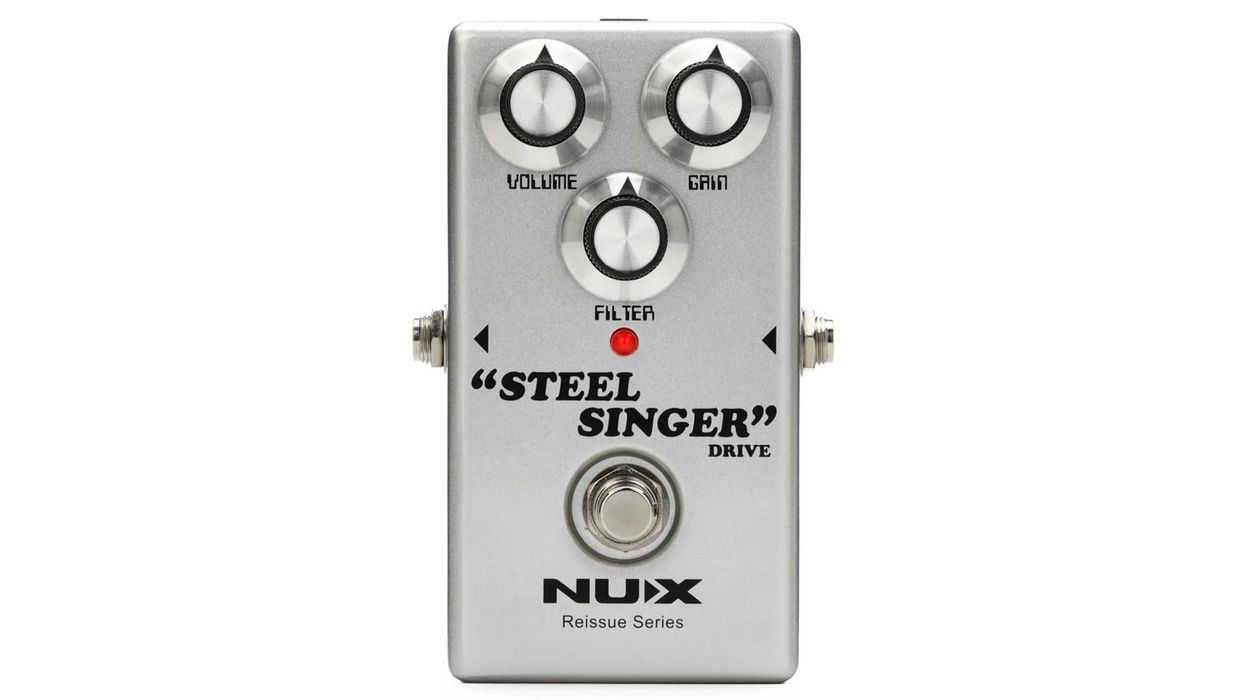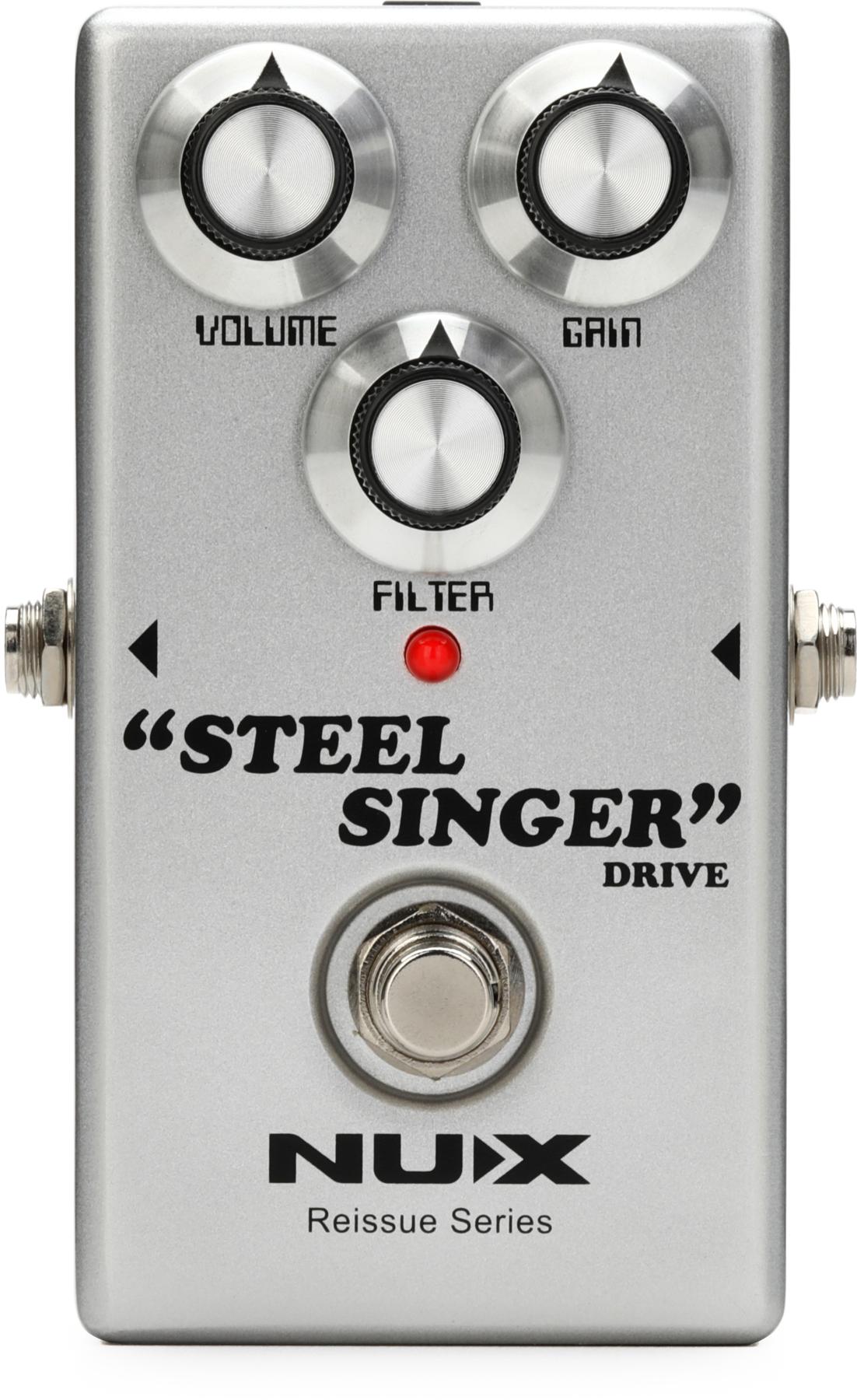I’ve made quite a few friends in this lifetime. Some are wealthy, some are famous, but most are neither. One thing they usually have in common, however, is a love of music and art in general, and few would cite making money as their driving ambition. Another thing this group has in common is that they like to ask me about guitars—which can be a dangerous.
Make no mistake: I love almost everything about guitars and the gear universe that swirls around them. The way they sound, the way they look, and even the way they smell—all of it. I’ve often quoted Leo Kottke who famously said (I’m paraphrasing here), “Guitars even sound good when they’re dropped on the floor.” Going Kottke one better, I’d offer that a guitar can sound wonderful sawing across a microphone stand while tethered to a pair of 100-watt Marshall stacks at full chat. I even like the sound Pete Townshend’s SG made bouncing off Abbie Hoffman’s head at Woodstock.
Since my introduction to the electric guitar at the impressionable age of 10, all I’ve ever wanted to do is be around guitars and the music they make. A musical force that was big enough to fill a school gymnasium yet small enough to hold in one’s hands stole my young heart and never gave it back. The sheer power and majesty of a few simple chords echoing around a room never ceases to make any day better. So without more prologue, allow me to share a few of the small details that I love so much. Maybe you’ll nod in agreement.
Case Study
Let’s start with the sound of case latches flipping open. After having carried an instrument into a performance space or hefted it up onto a store counter, the percussive signature of case hardware being manipulated is a welcome sound that every guitarist knows. When a fellow musician wants to share their prized possession, this ritual rhythm is the intro count-off that all guitarists recognize. And then comes the reveal: The first glimpse of a new instrument as the case is opened or gigbag unzipped. A slightly musky aroma of lacquer and hide glue might waft into the air. It teases us and whets our appetite.
Nearby, an amplifier usually stands at the ready. Having been wheeled in and slipped quickly out of its cover, it begs you to flip its switches and make it warm. With a satisfying click, the ruby red jewel light winks its hello, conveying the good to go. Tube amps in particular make me happy—they exude a special scent when the output tubes reach operating temperature, and I never tire of their fiery glow.
The Road to Nirvana
The buzz-click of a live cable being plugged into a guitar is the signal that things are about to get serious. It’s glorious foreplay to the wash and wave of sound about to break on the silent beach. Even the hum and static trickle of RF noise is part of the glory of playing electric. Inventors and tinkerers have chased the silent dream of completely bucking the hum, but I actually find it somewhat romantic. It’s as if the guitar is a lightning rod for the unseen ether of the universe.
Then there are the first few notes and chords that unmask the character of the instrument at hand. Will it be a willing partner, or will it play a little rough? As much as I like the sounds and feeling that draw my hands into the habitual routines of muscle memory with a sensation like comfort food, I welcome those times when the combination of guitar, amp, and room sweep me away with uncharted notes and phrases. It’s not always the easy road that leads to nirvana.
The Naked Truth
When a guitar’s sound is strident and pure—hiding nothing and exposing everything—that’s when it can become really interesting. I enjoy the game of backing down the guitar’s volume control to the point where the clean sound dares me to make a mistake, vowing not to catch me if I fall. This is Robert Cray territory—the bigger the risk, the greater the reward. When the notes fly naked from the speakers, there is nothing to hide behind.
The love of this threshold—balanced on a sonic knife edge—has often kept me up long after a conventional bedtime, turning seconds into centuries as I watch myself from somewhere outside my own body. We’ve all felt it while playing with others, when everything lines up and the music just flows. It doesn’t matter if it’s a flurry of scales and arpeggios or just a funky two-chord shuffle. When it’s good, it’s great, and when you lose yourself in the rhythm and sound, it’s truly sublime.
Sometimes, when I’m in the zone, reaching for and touching that satisfaction, I feel a special bond with my guitar. I glance down at the side of the neck and view with pride the wear from my own hand that made the instrument mine. The dings and dents are testament to our travels and the time we’ve spent well together. This is when I feel most like myself, and I appreciate the wealth of happiness that music and the guitar bring to life.
So please don’t ask me about guitars unless you have a lot of time to kill. My best friends understand that I’d rather be playing mine anyway.




